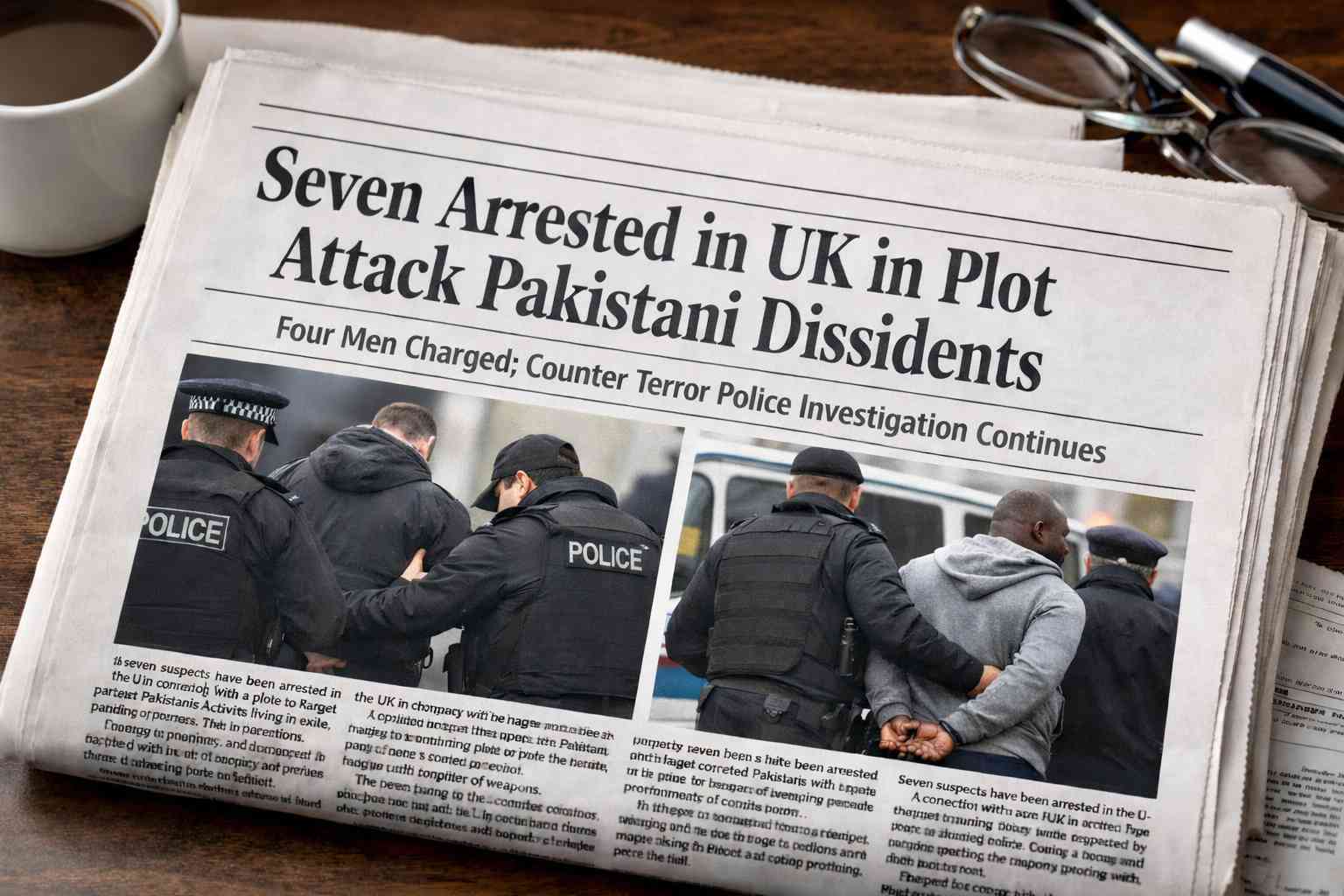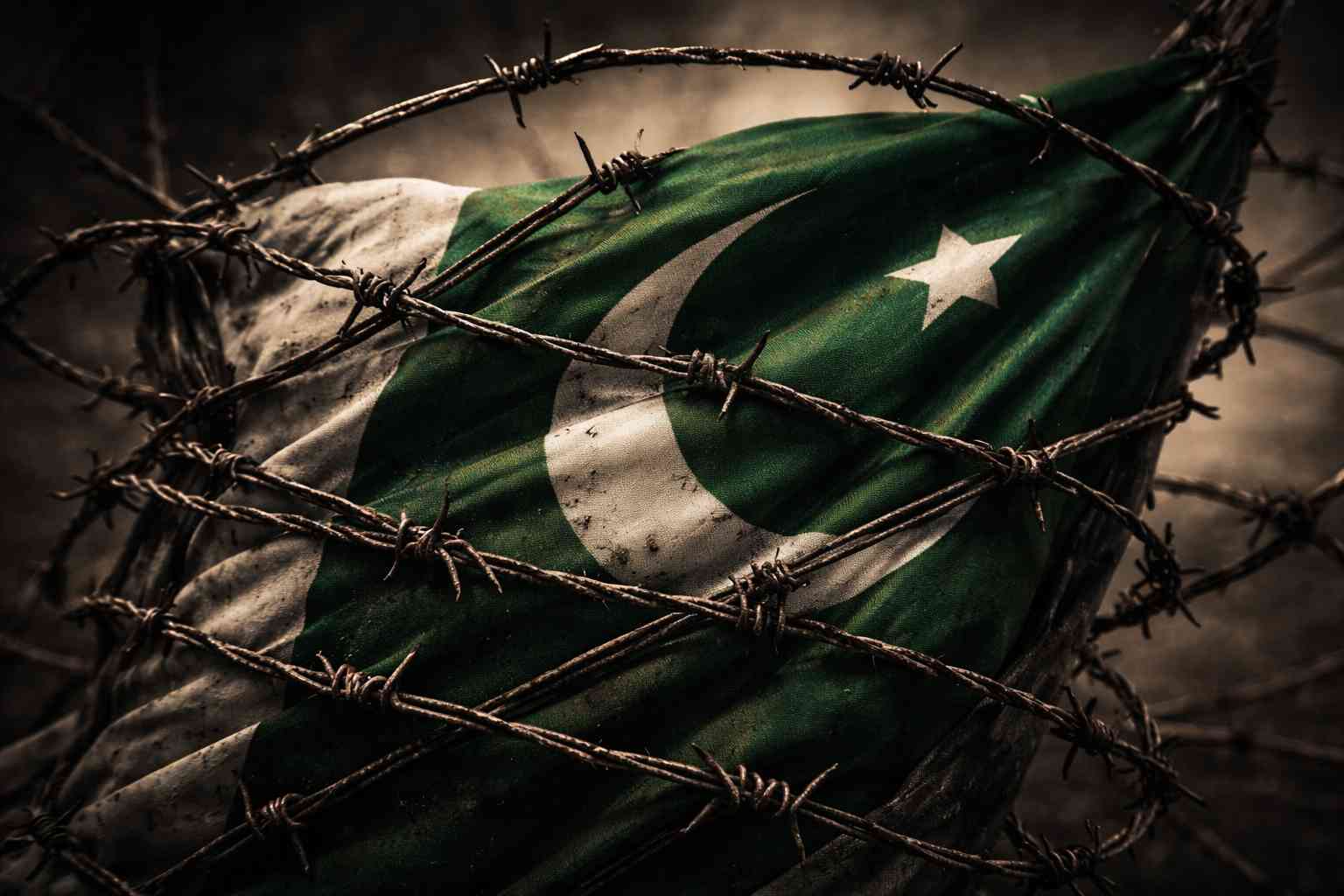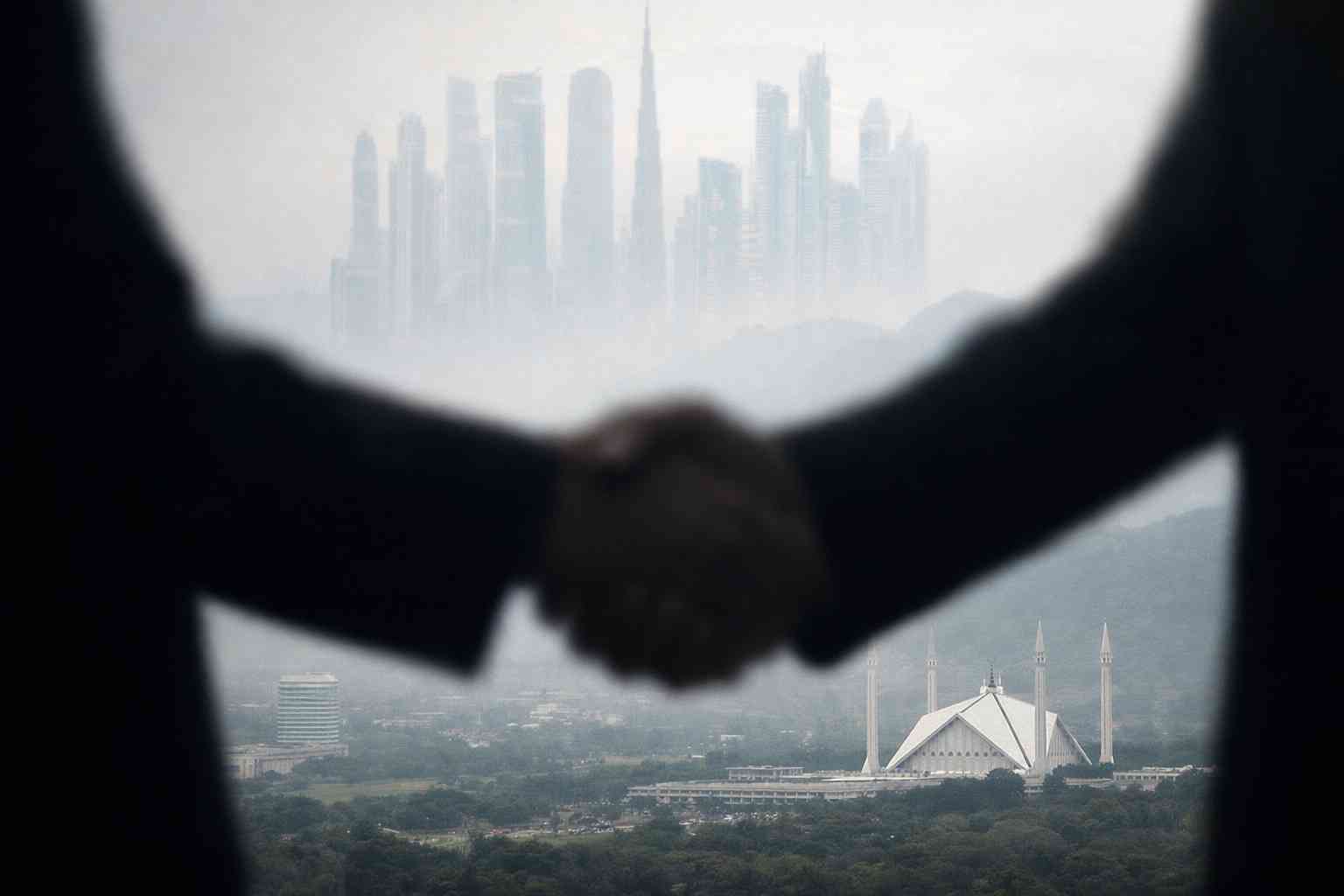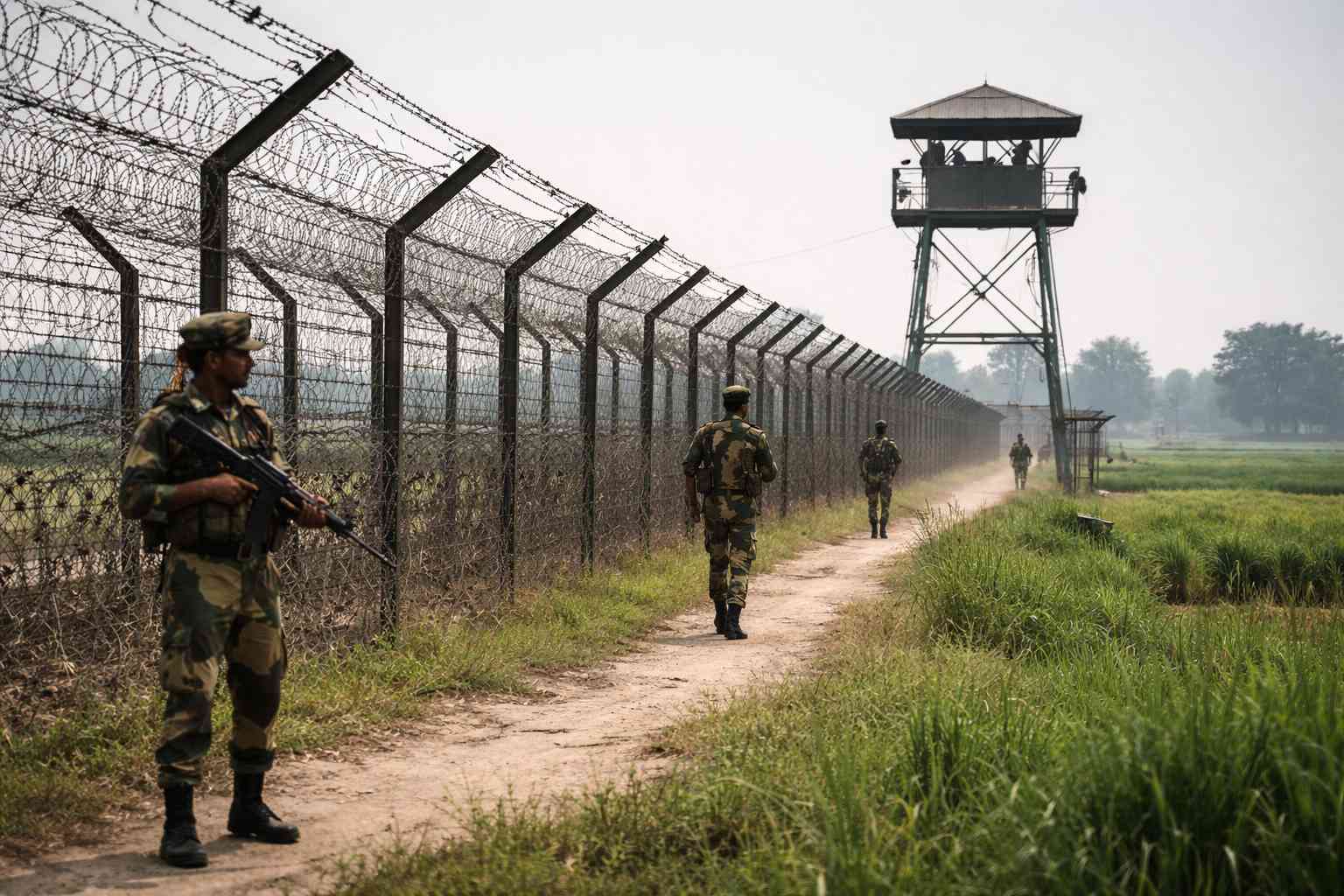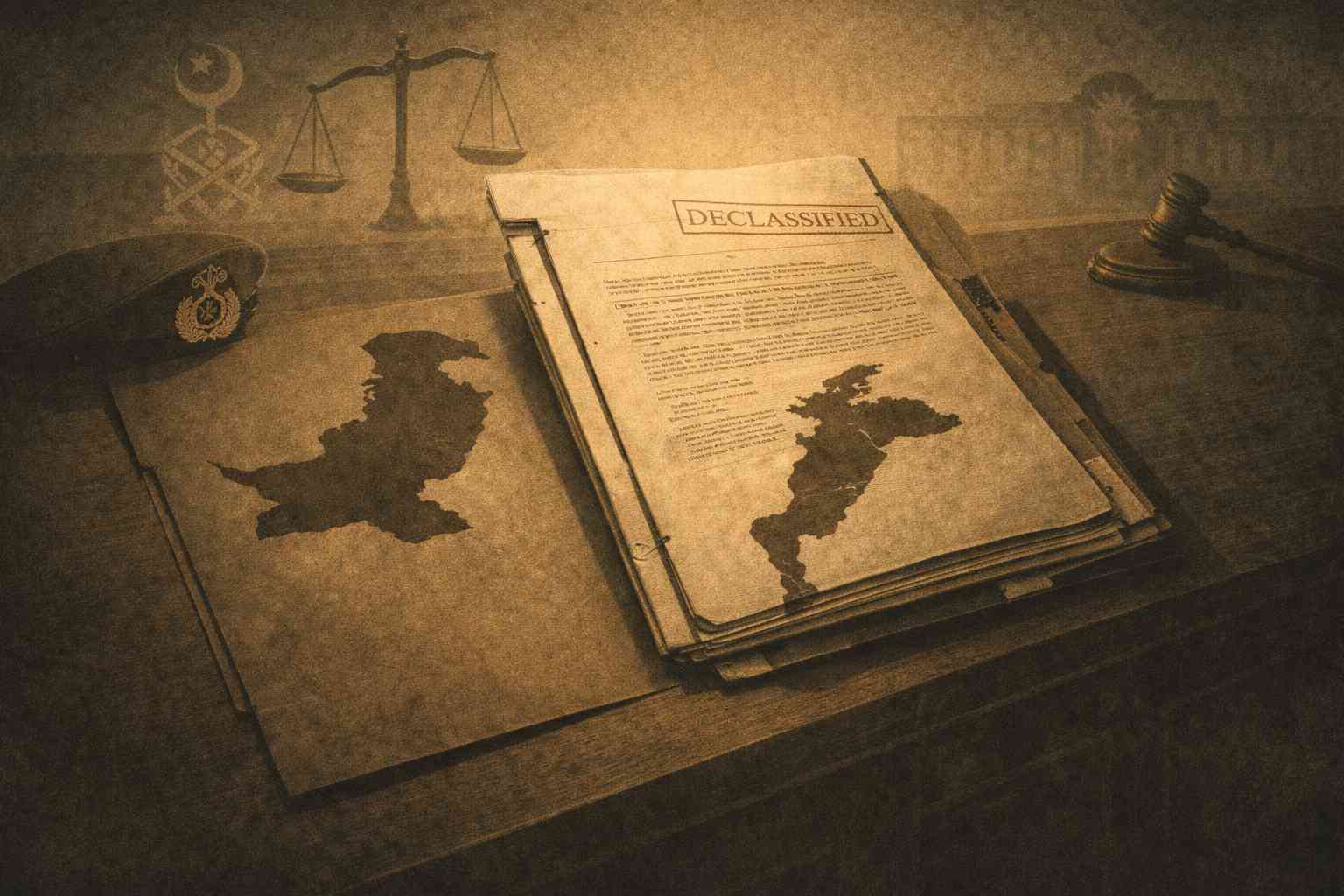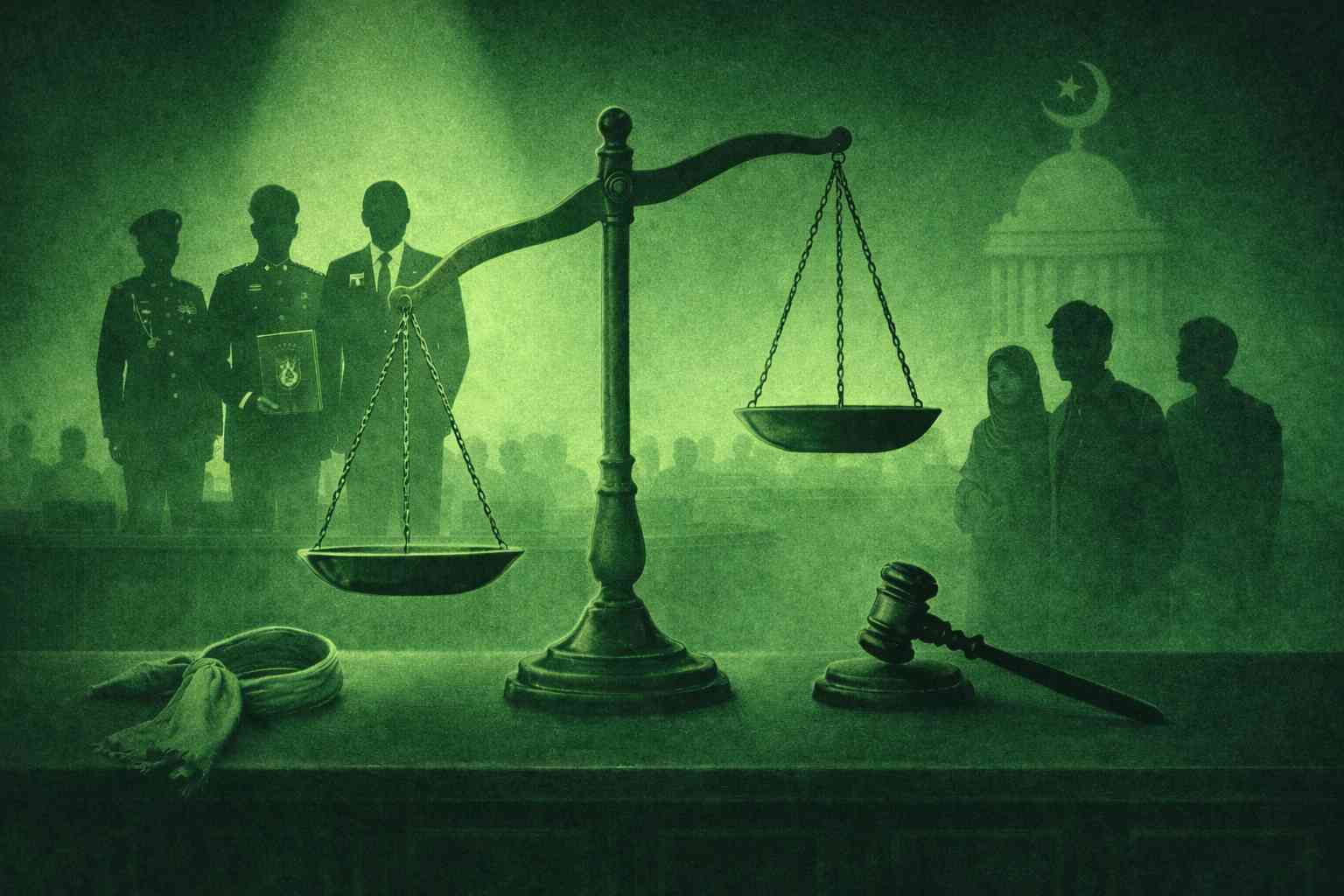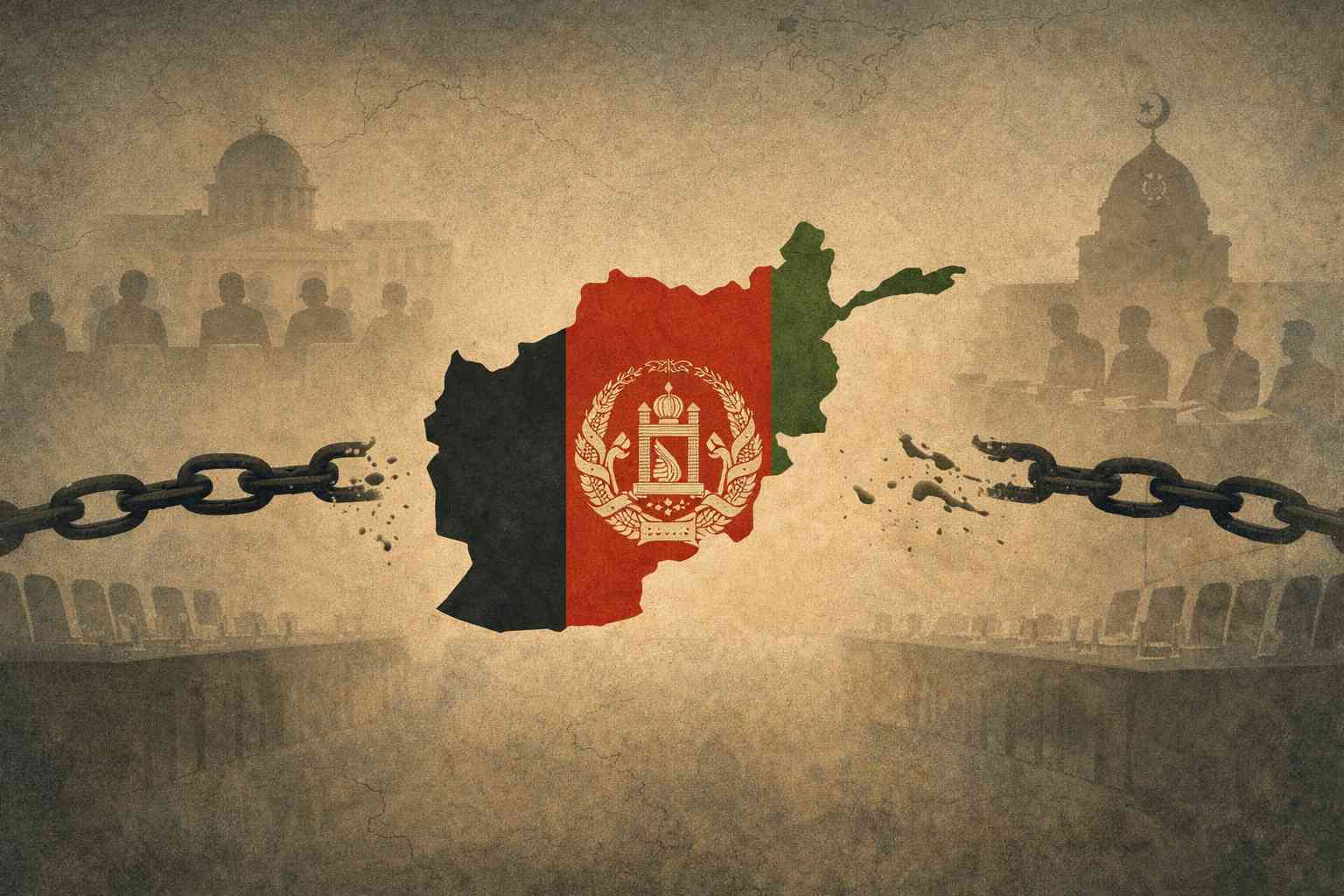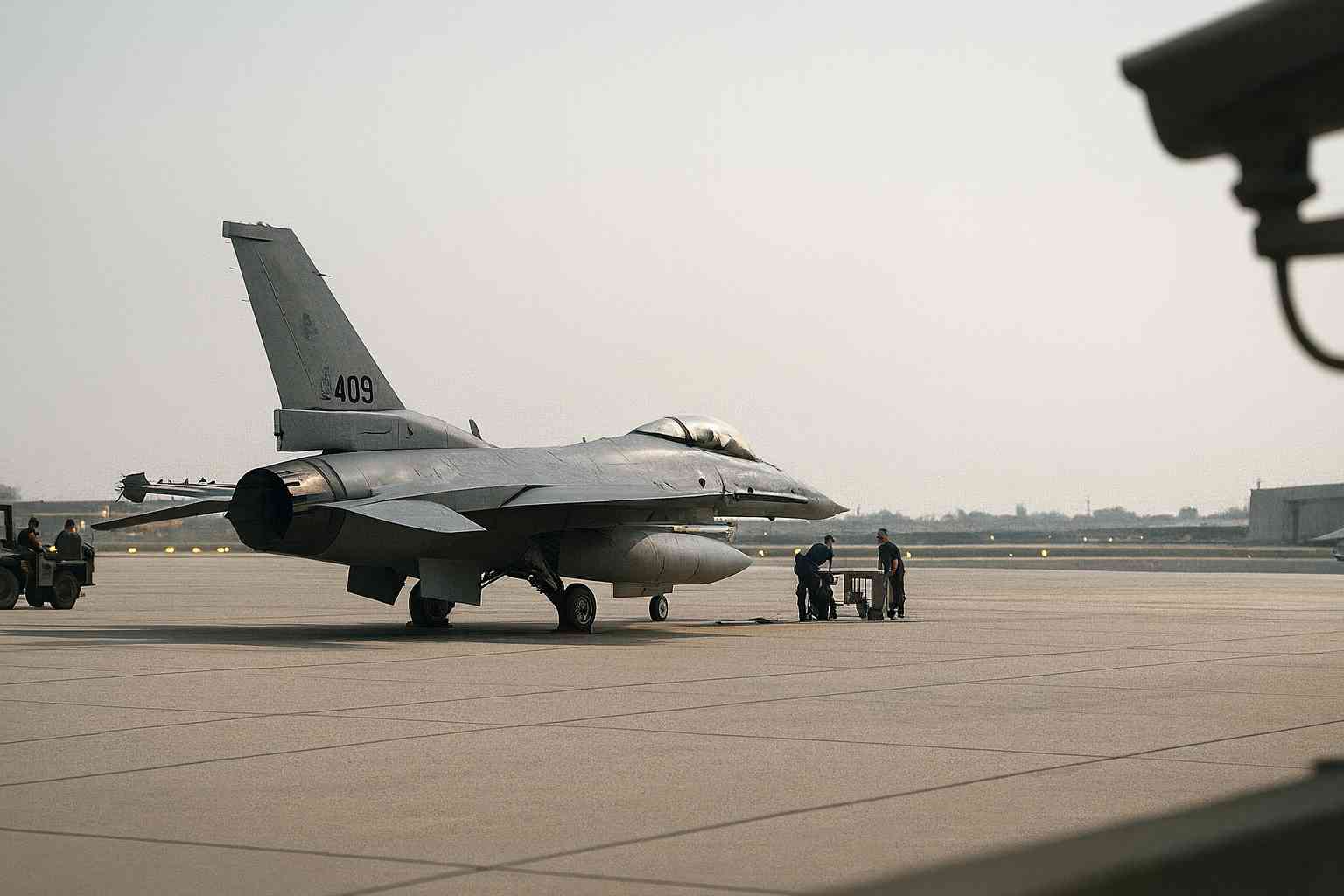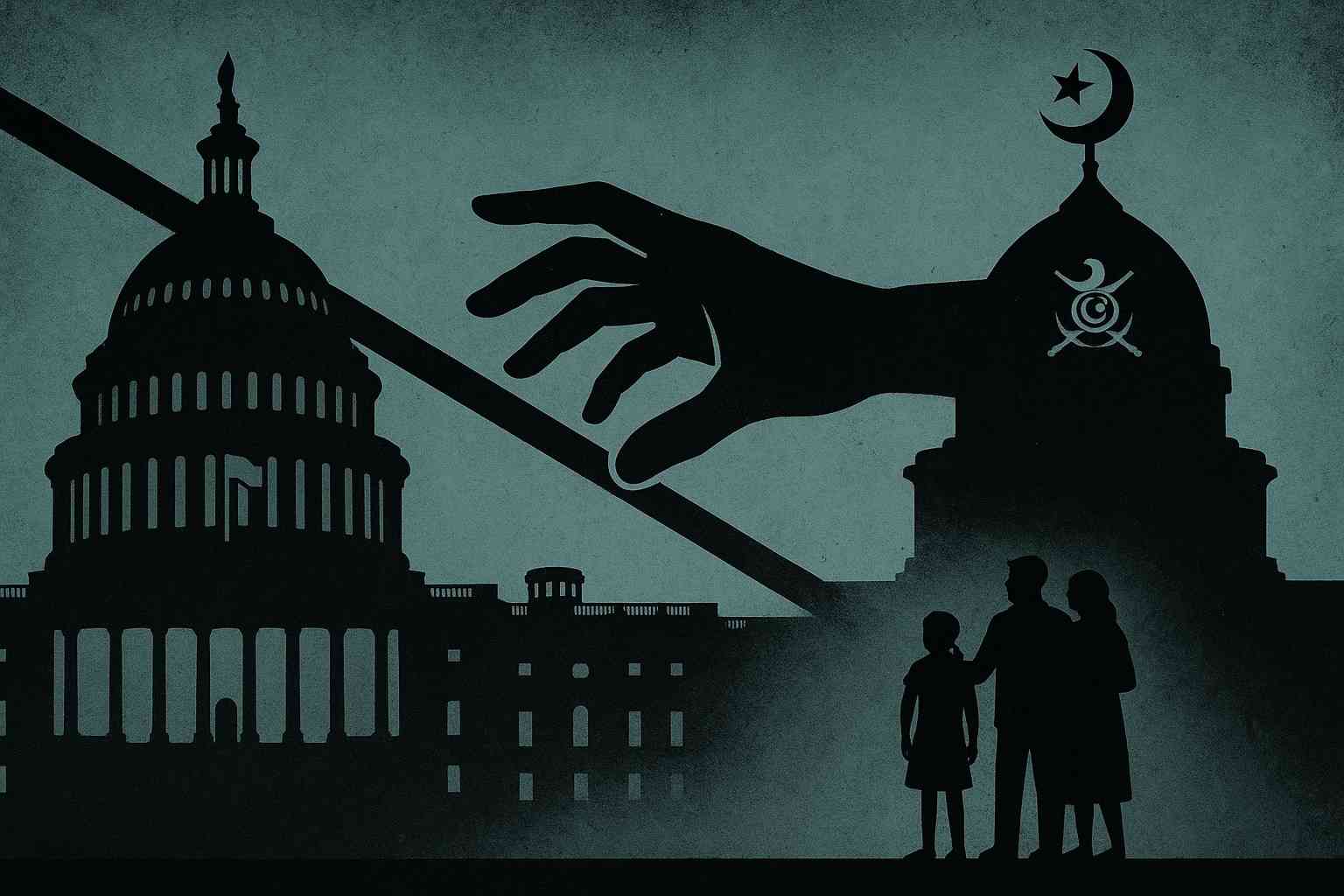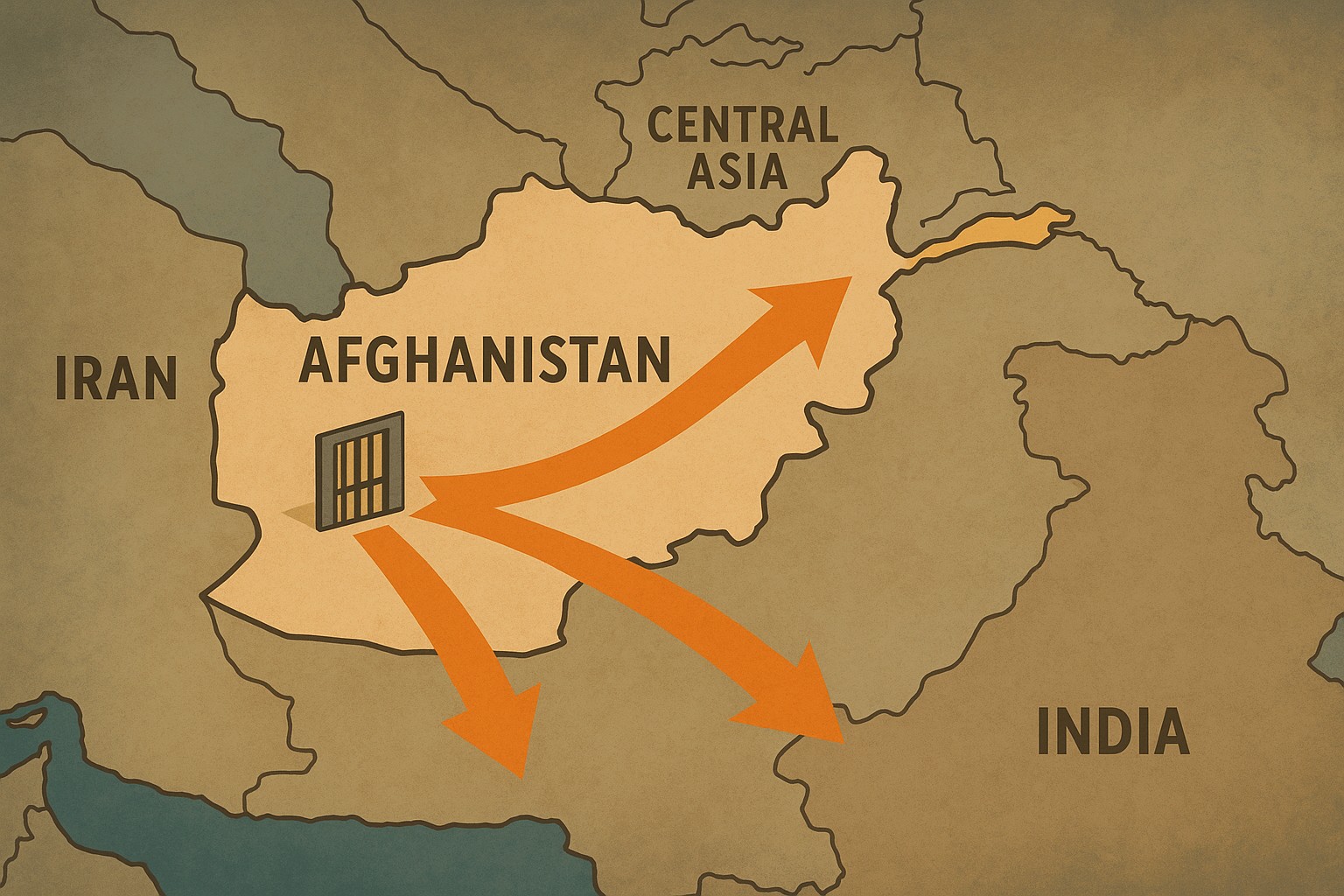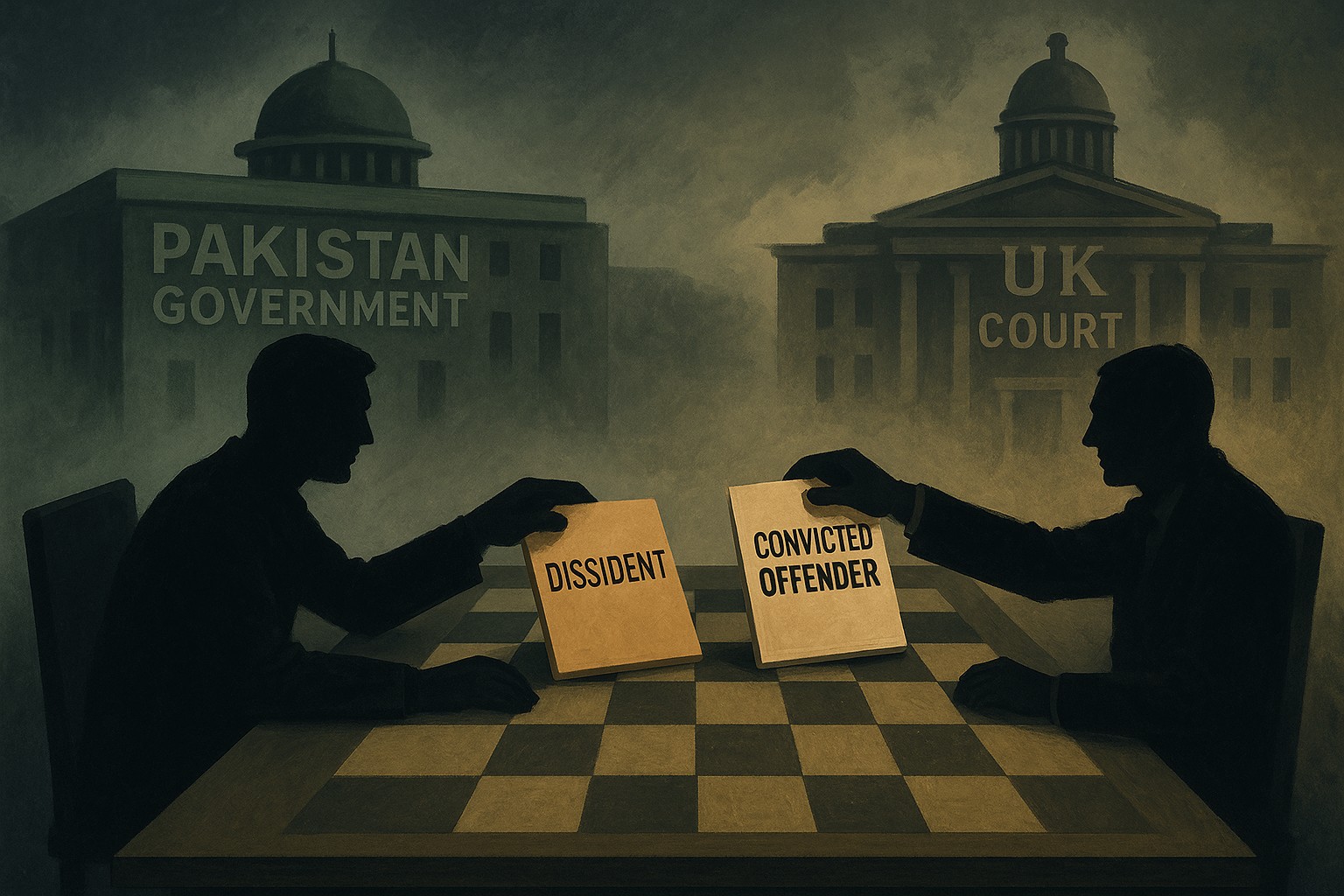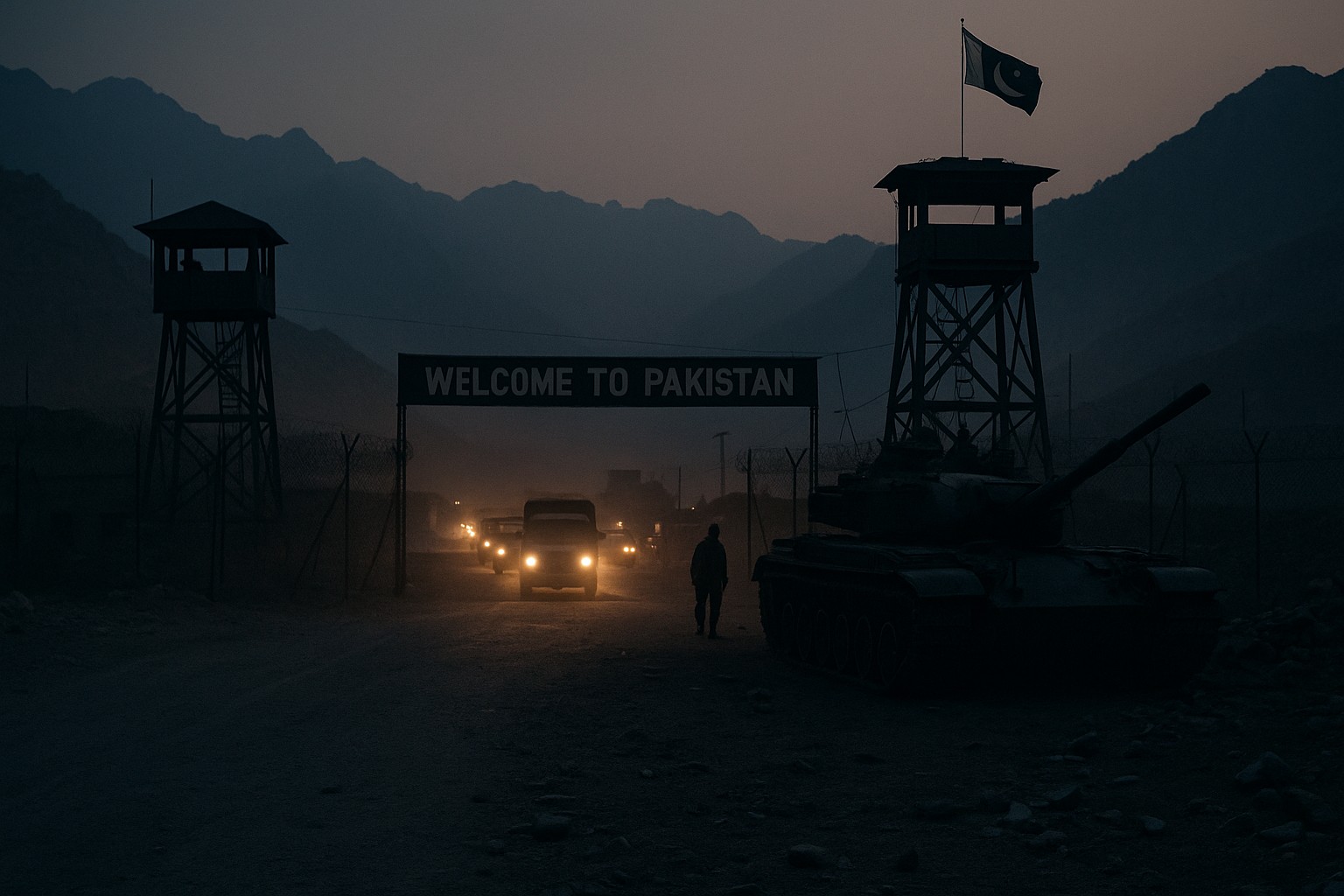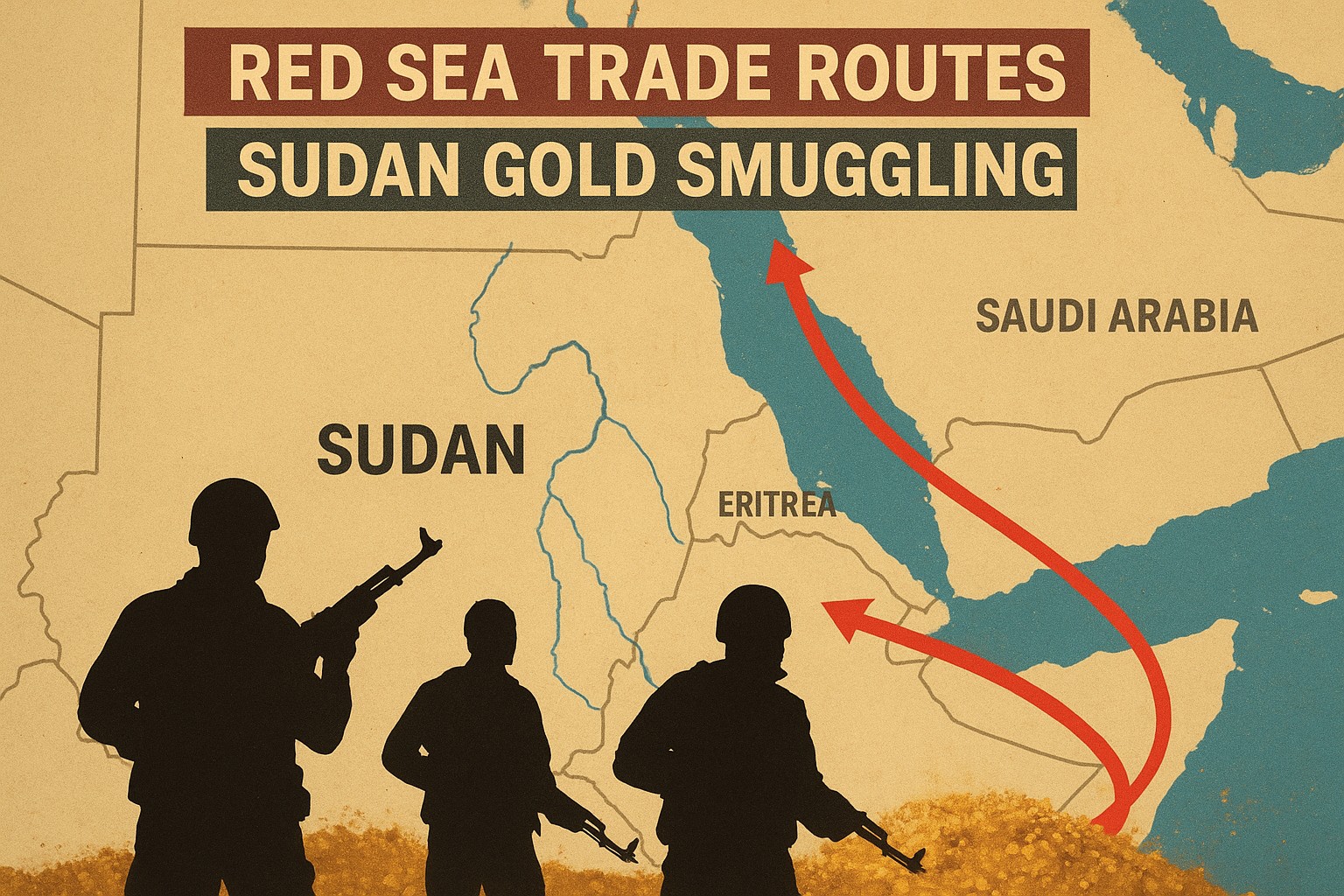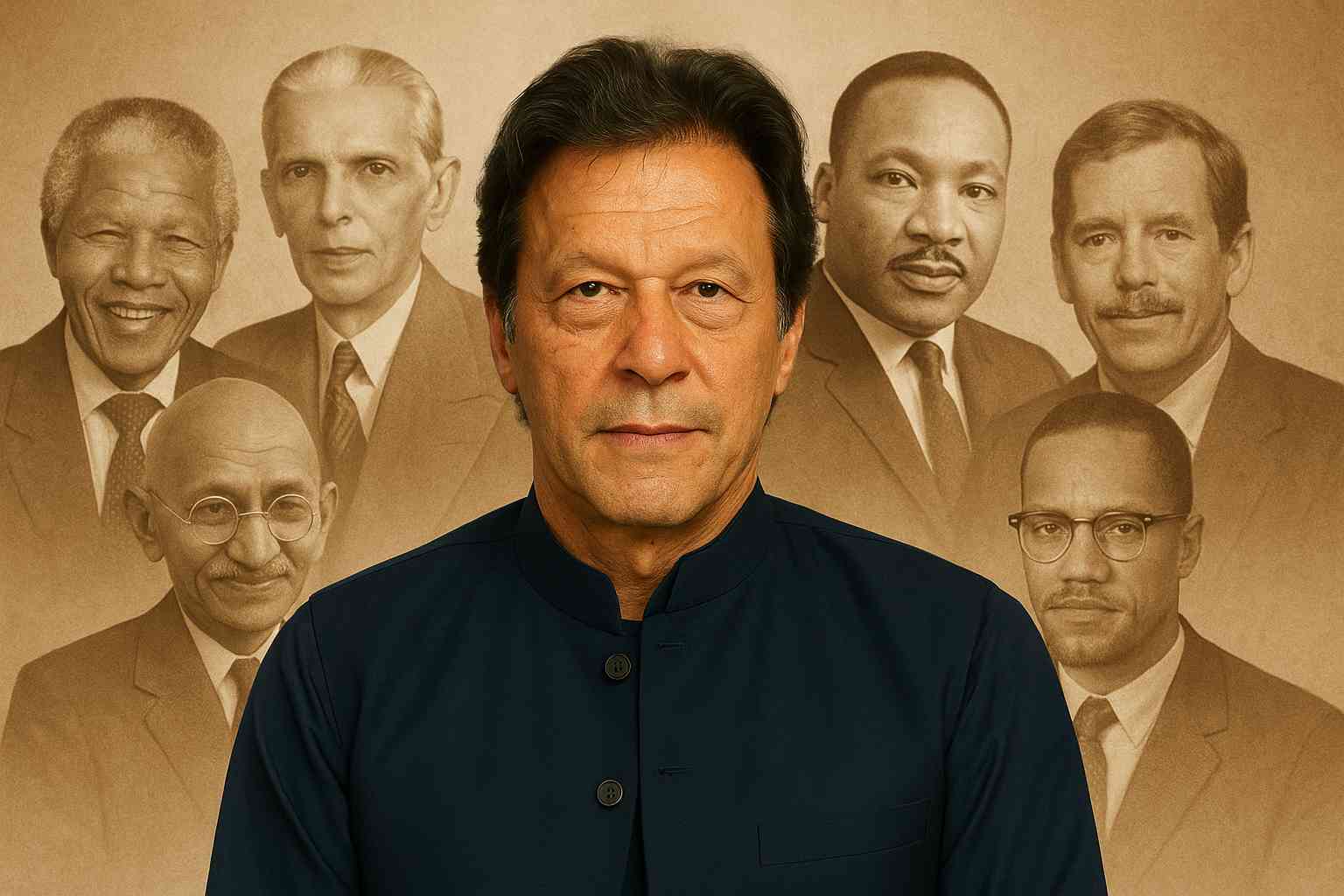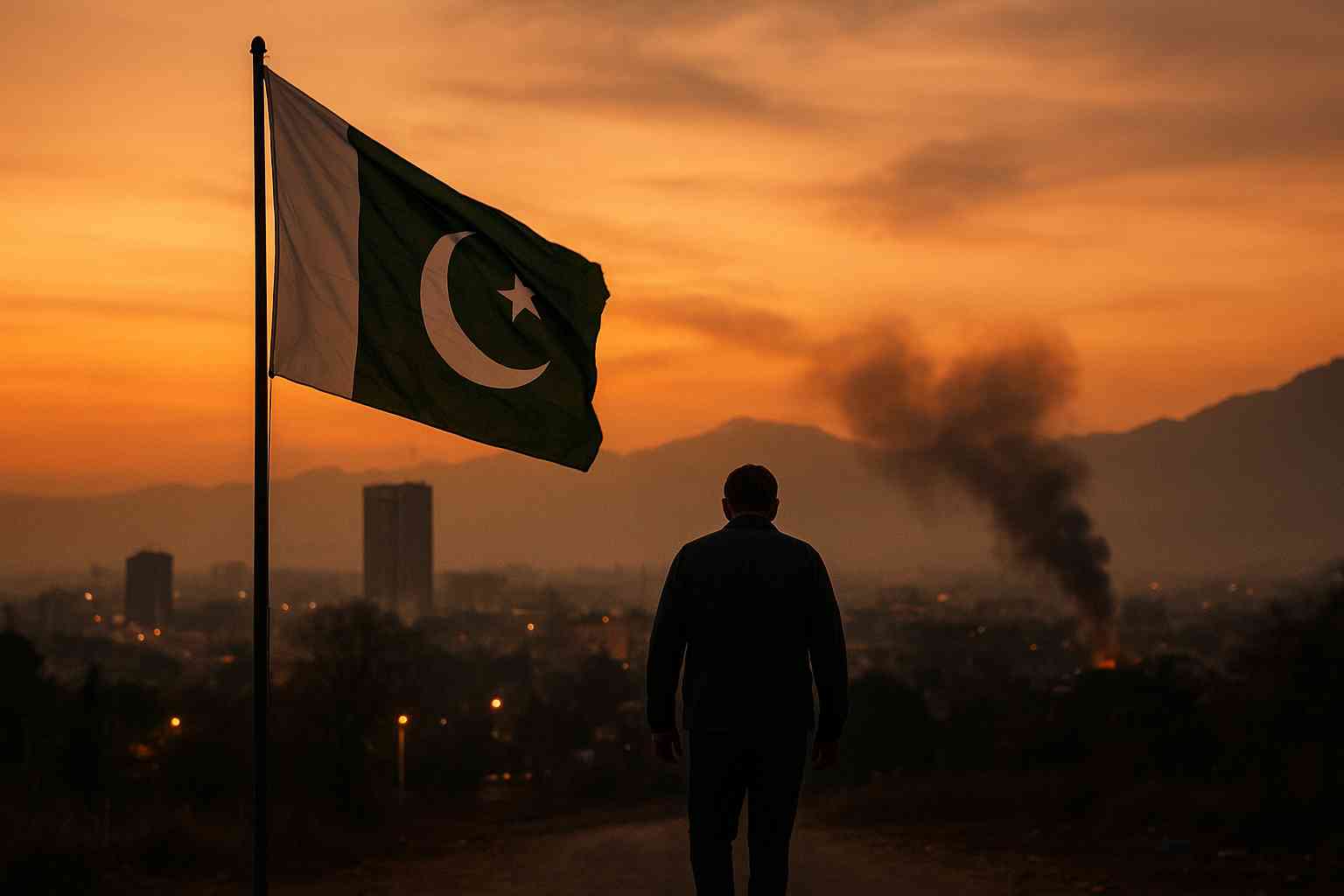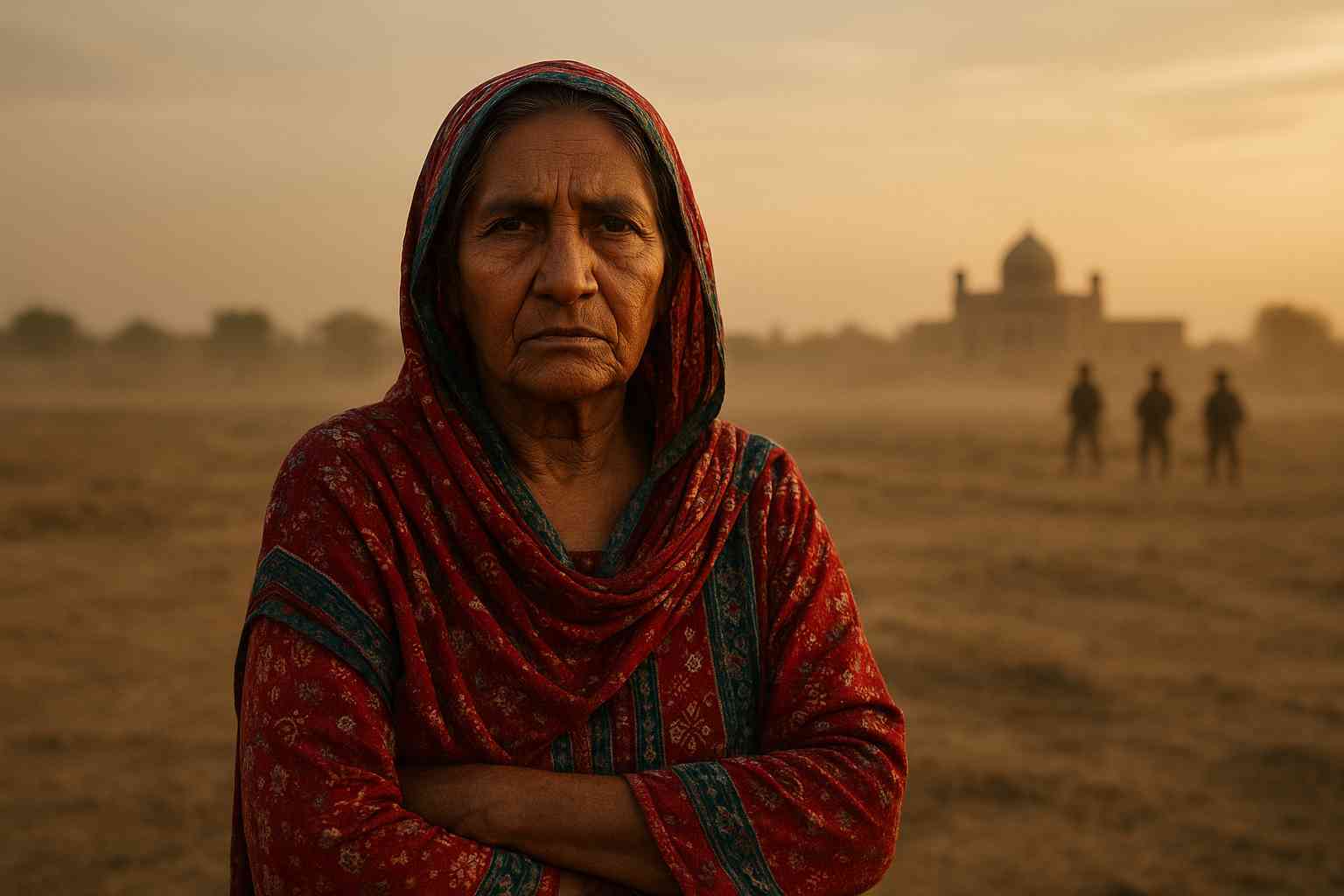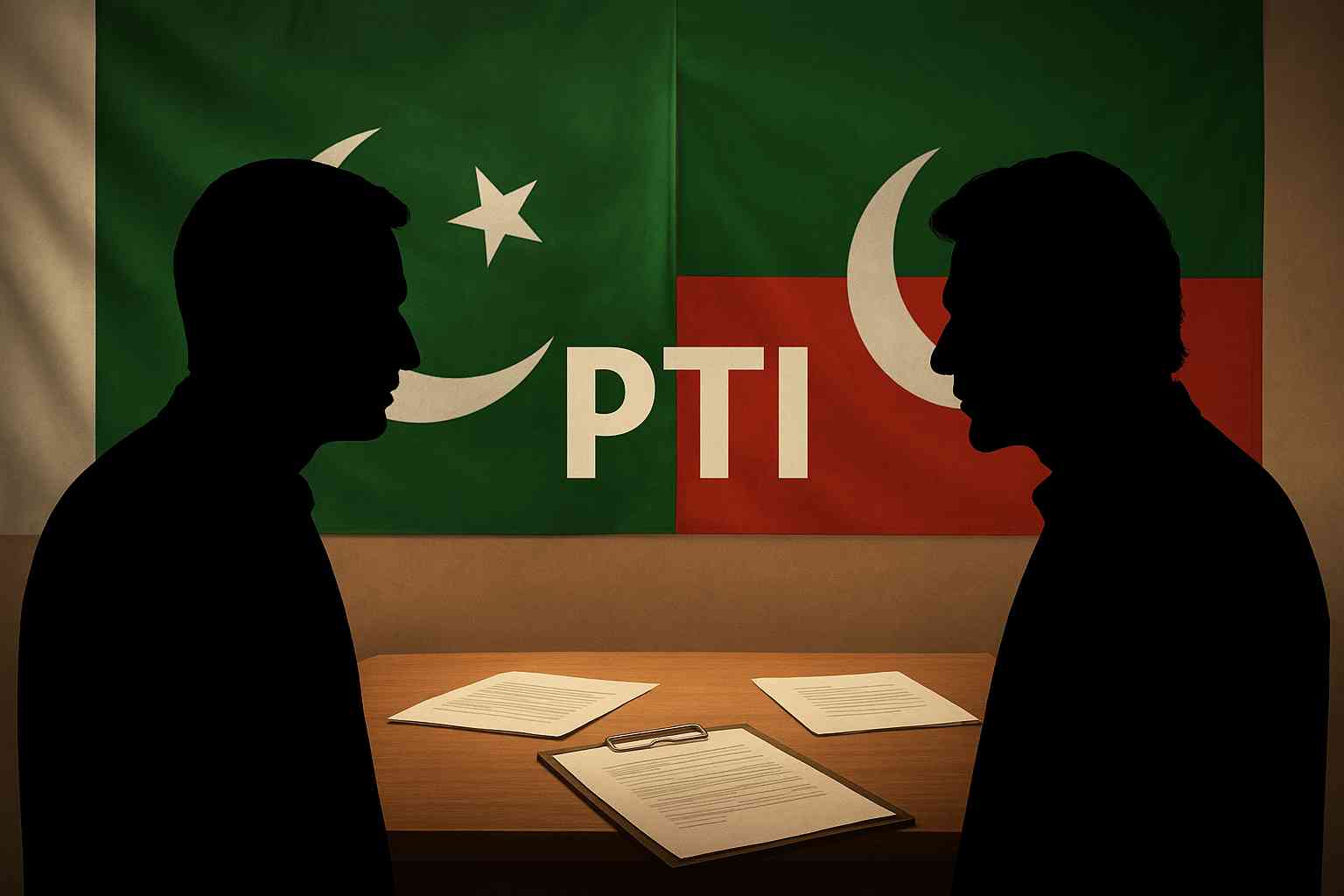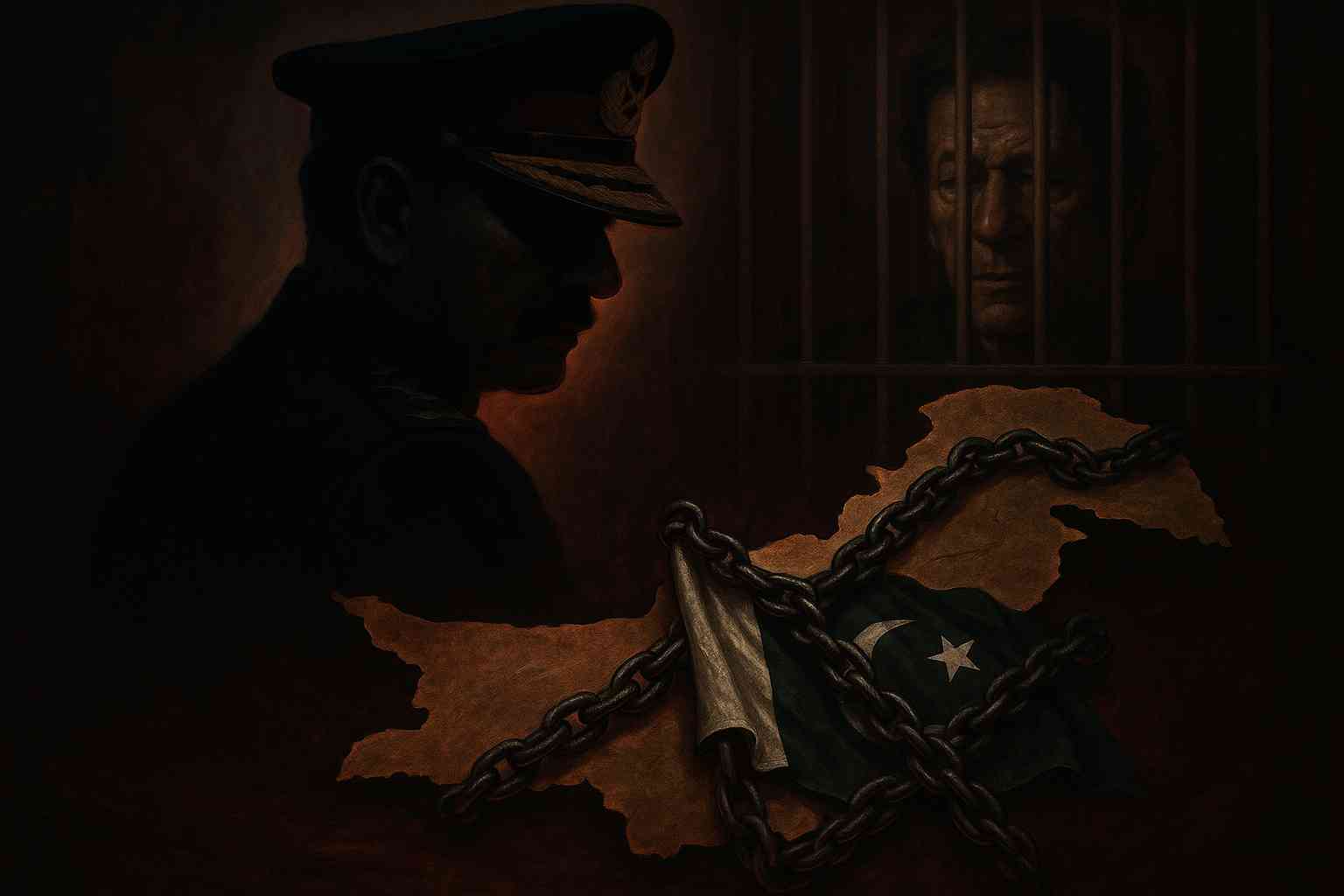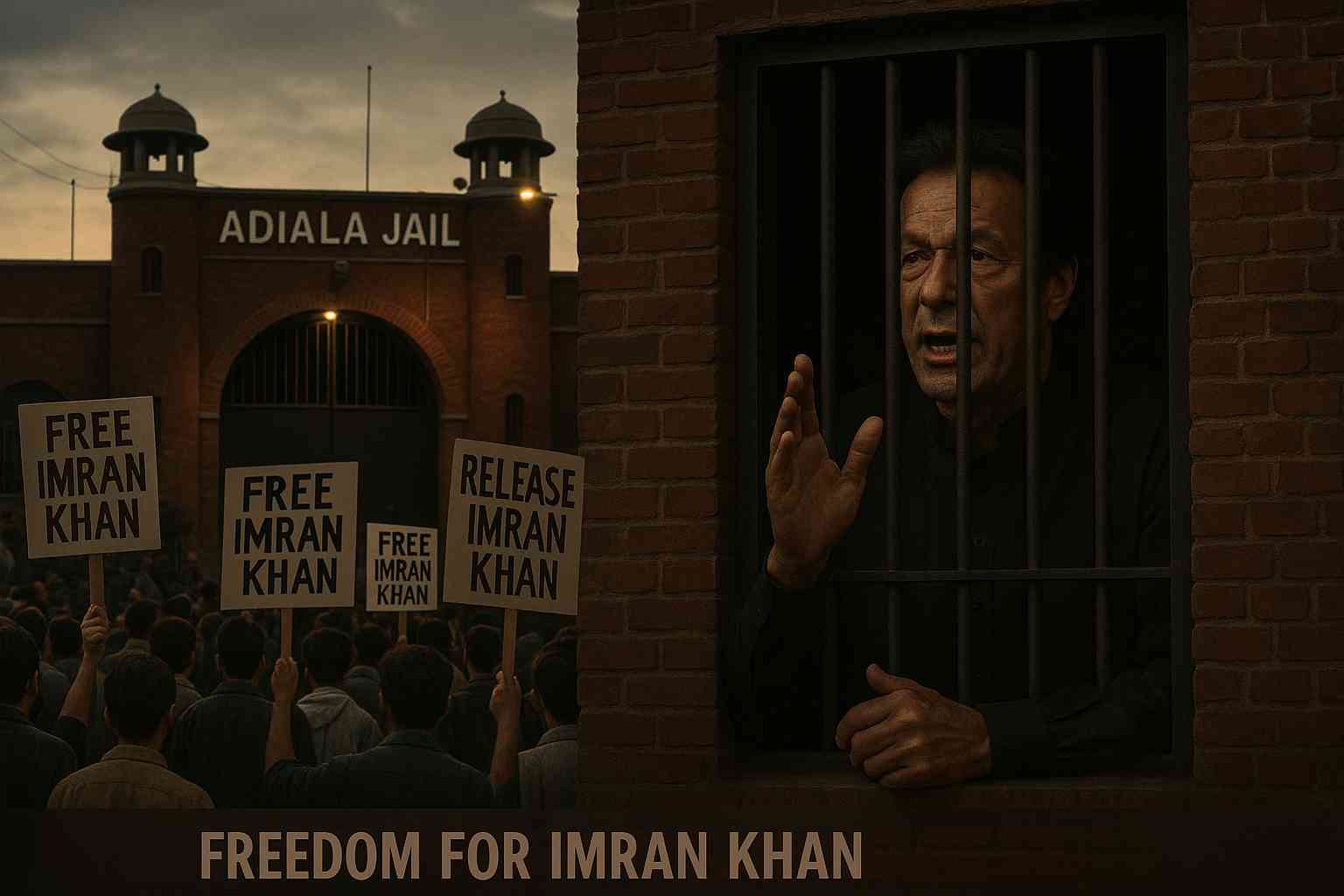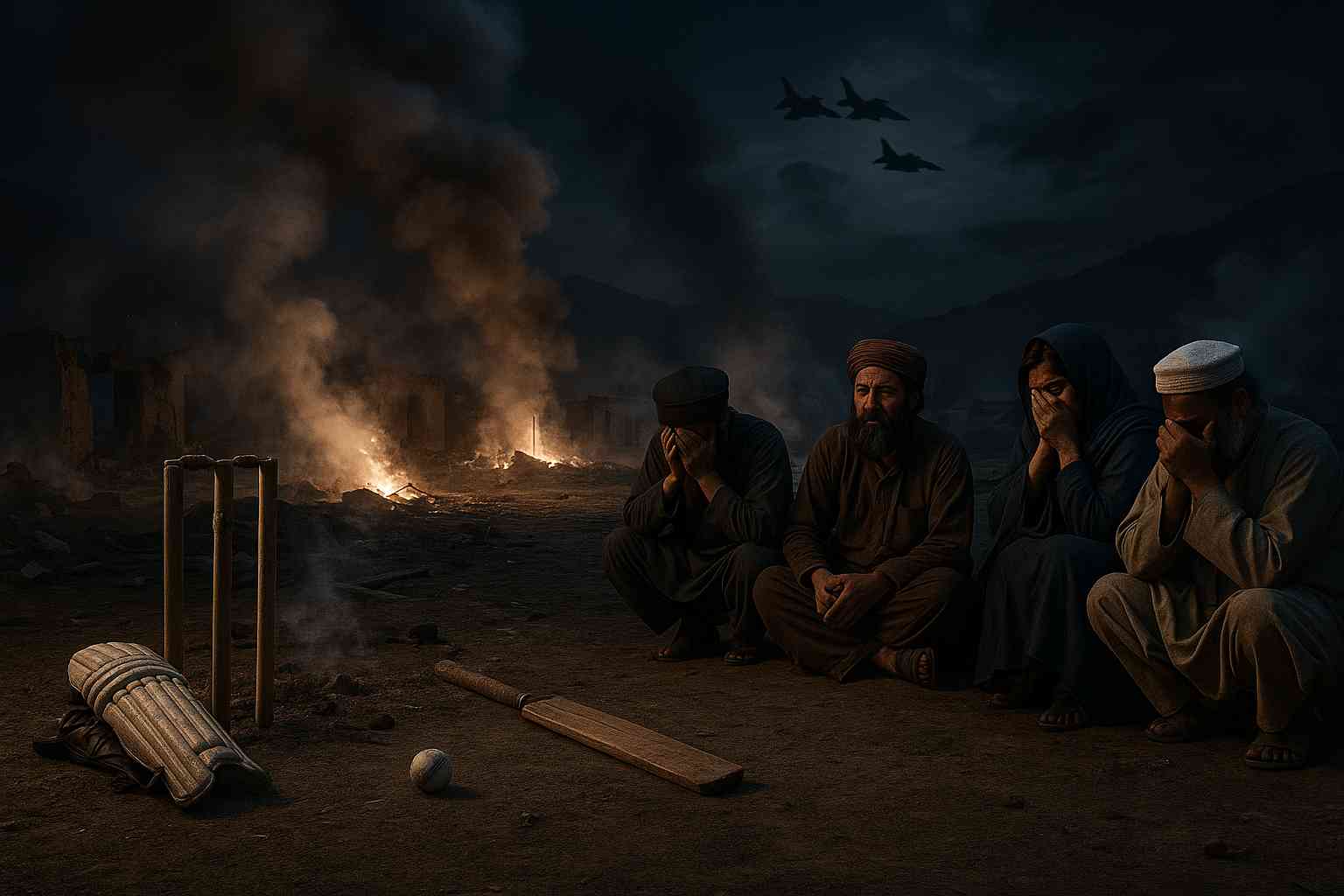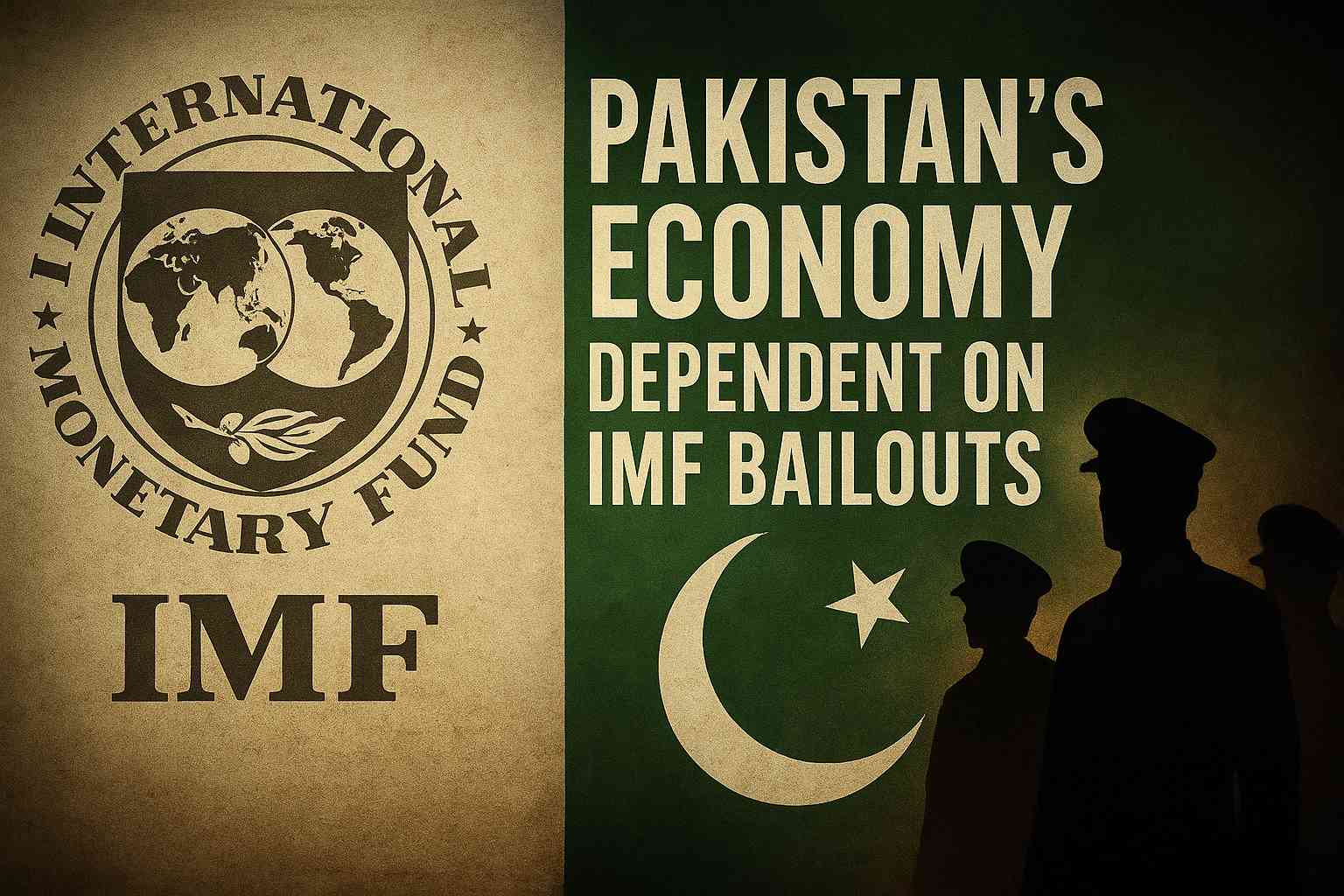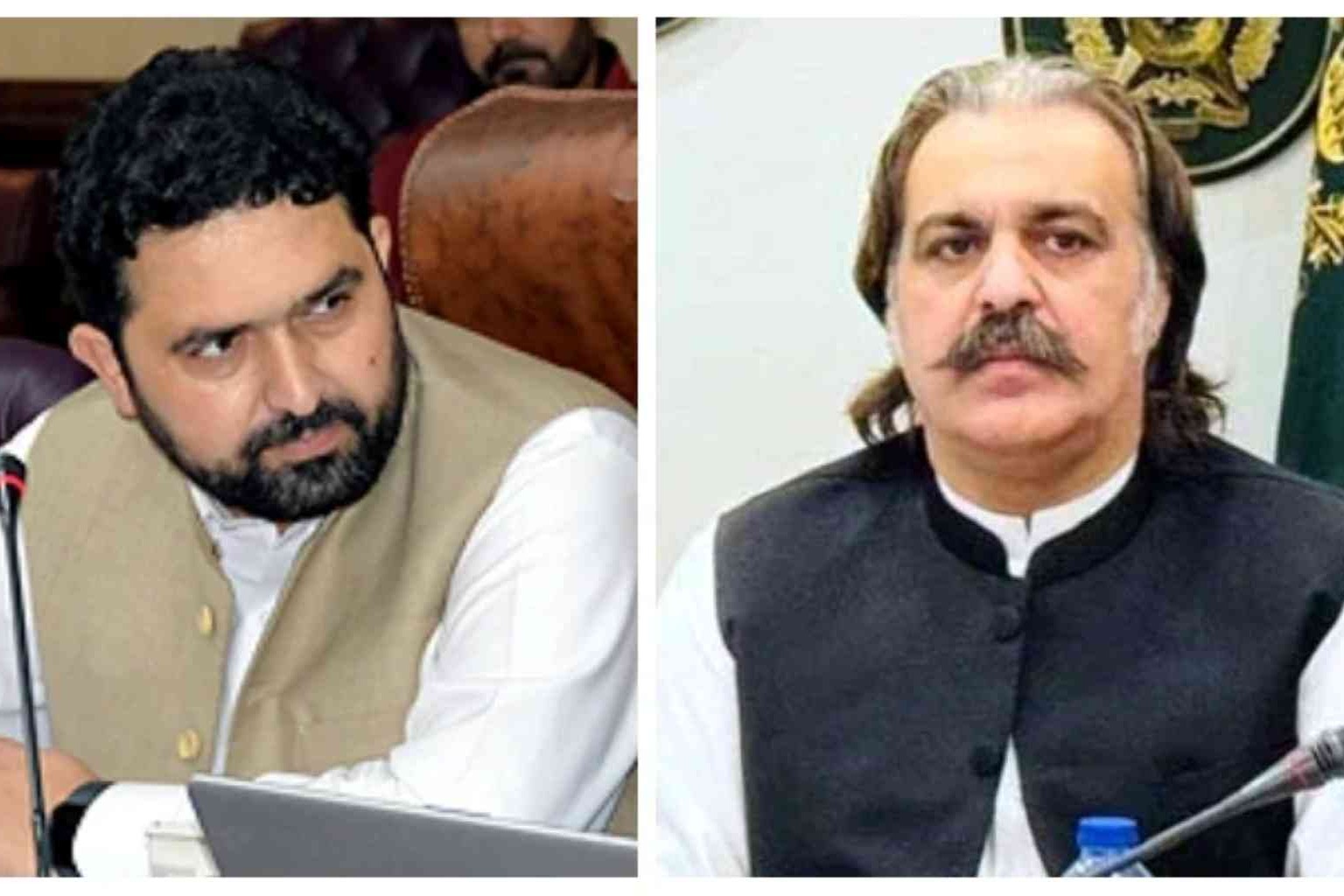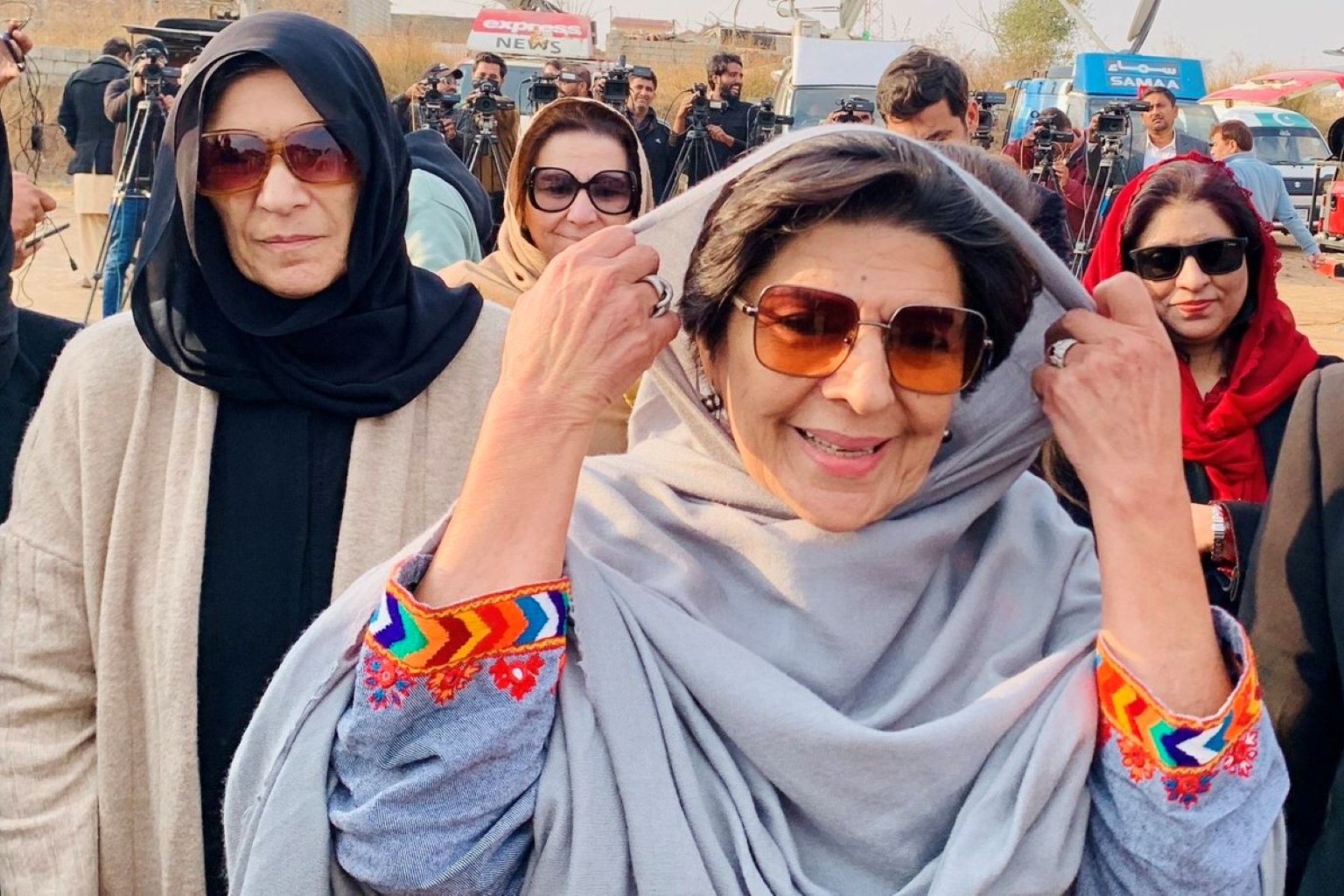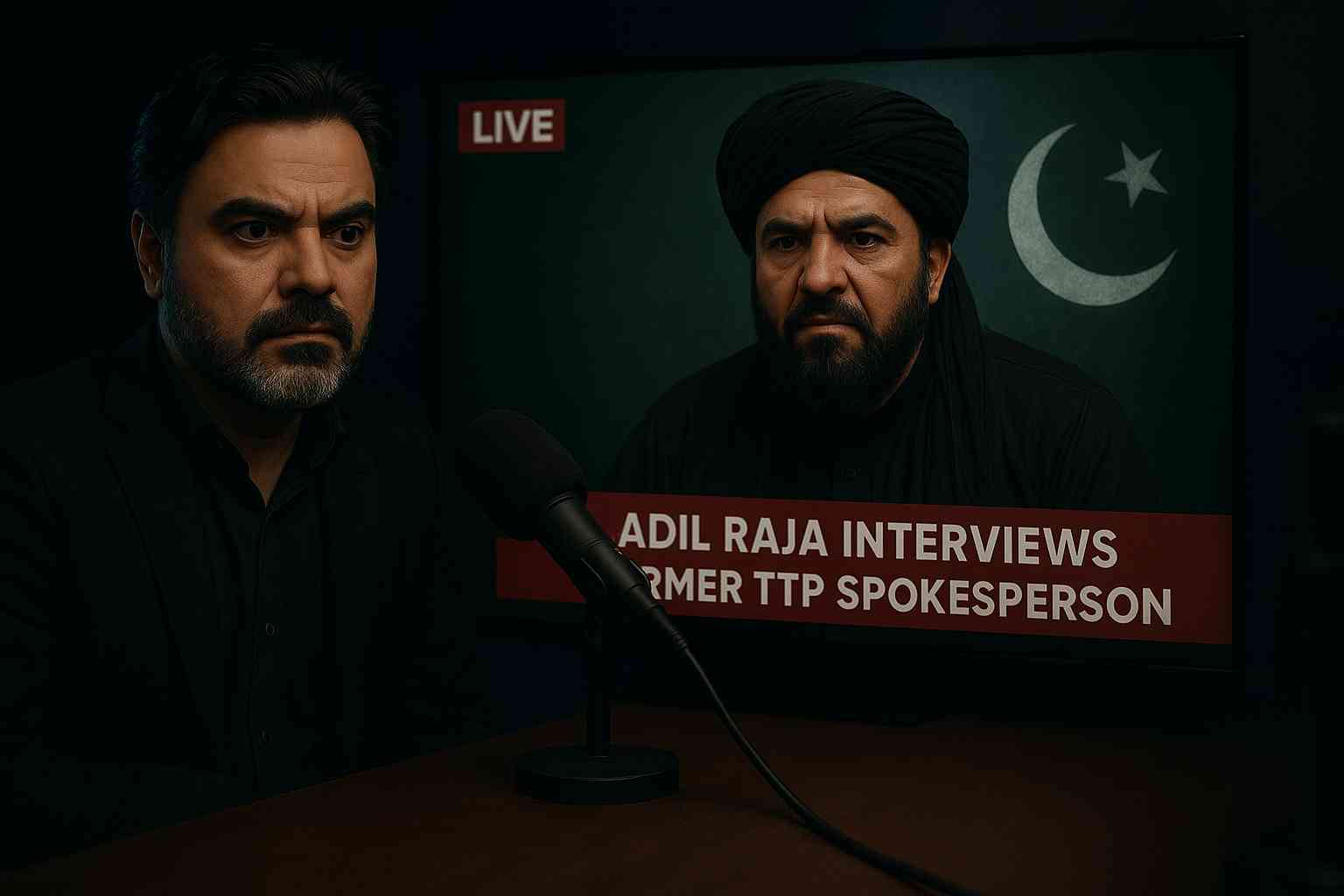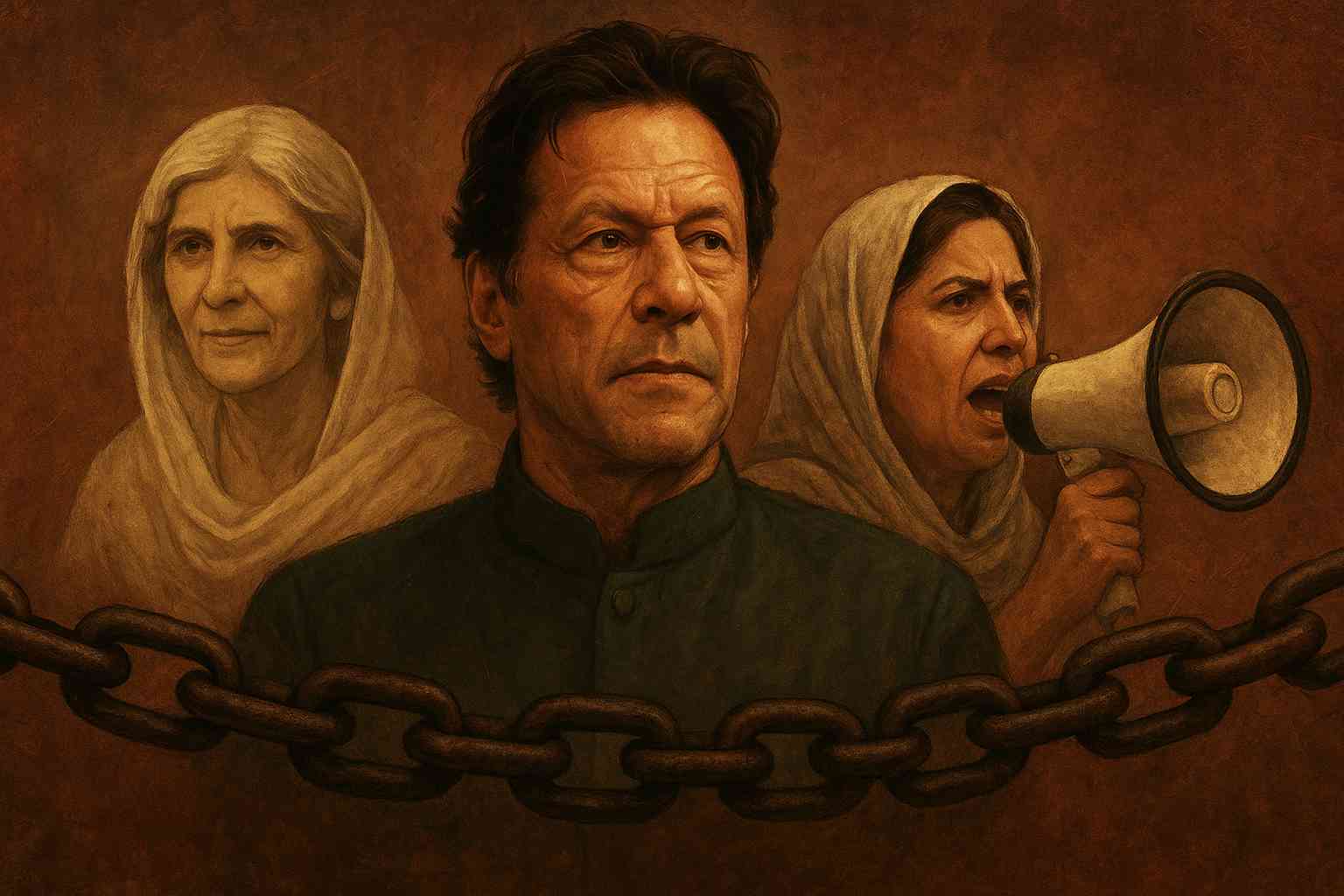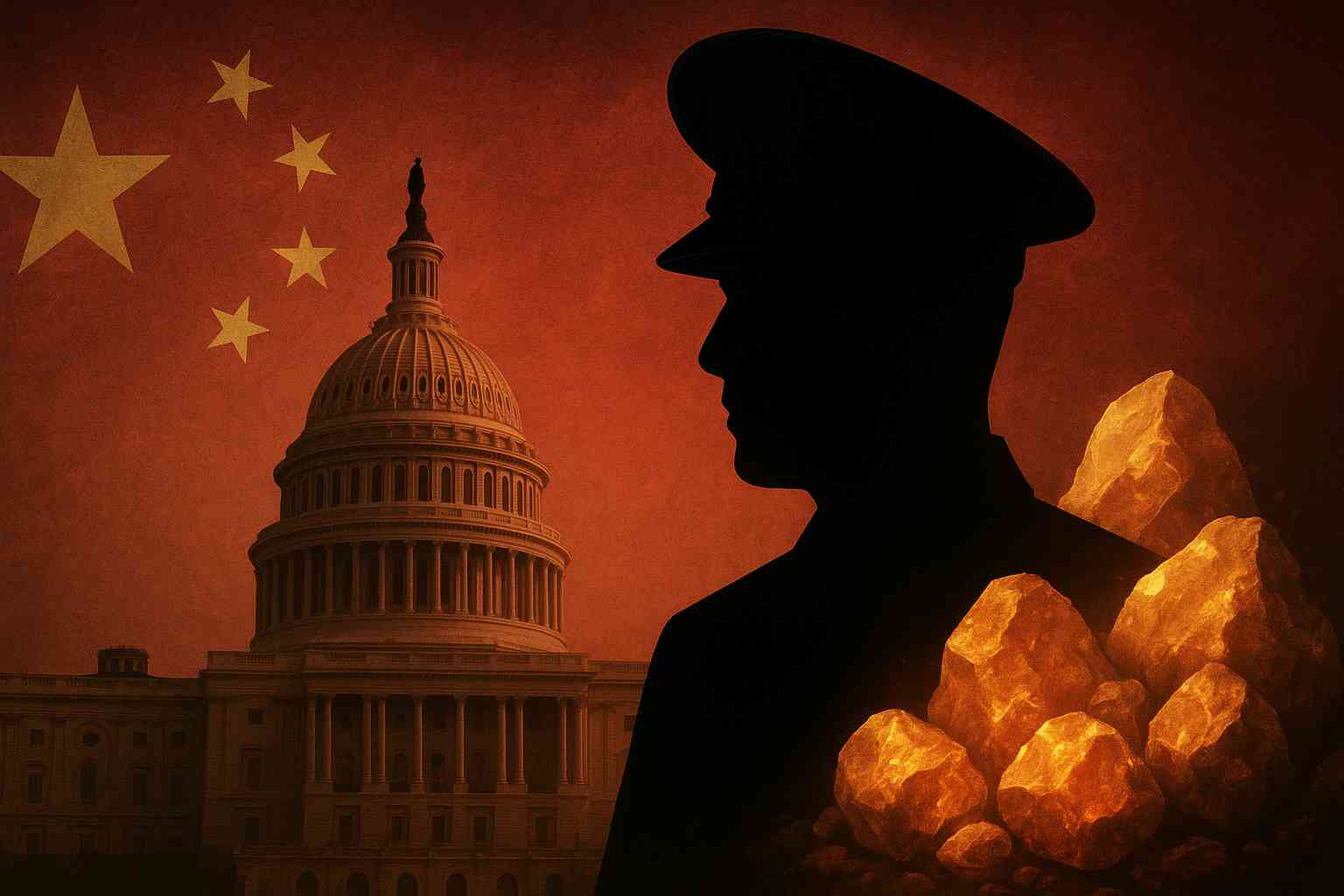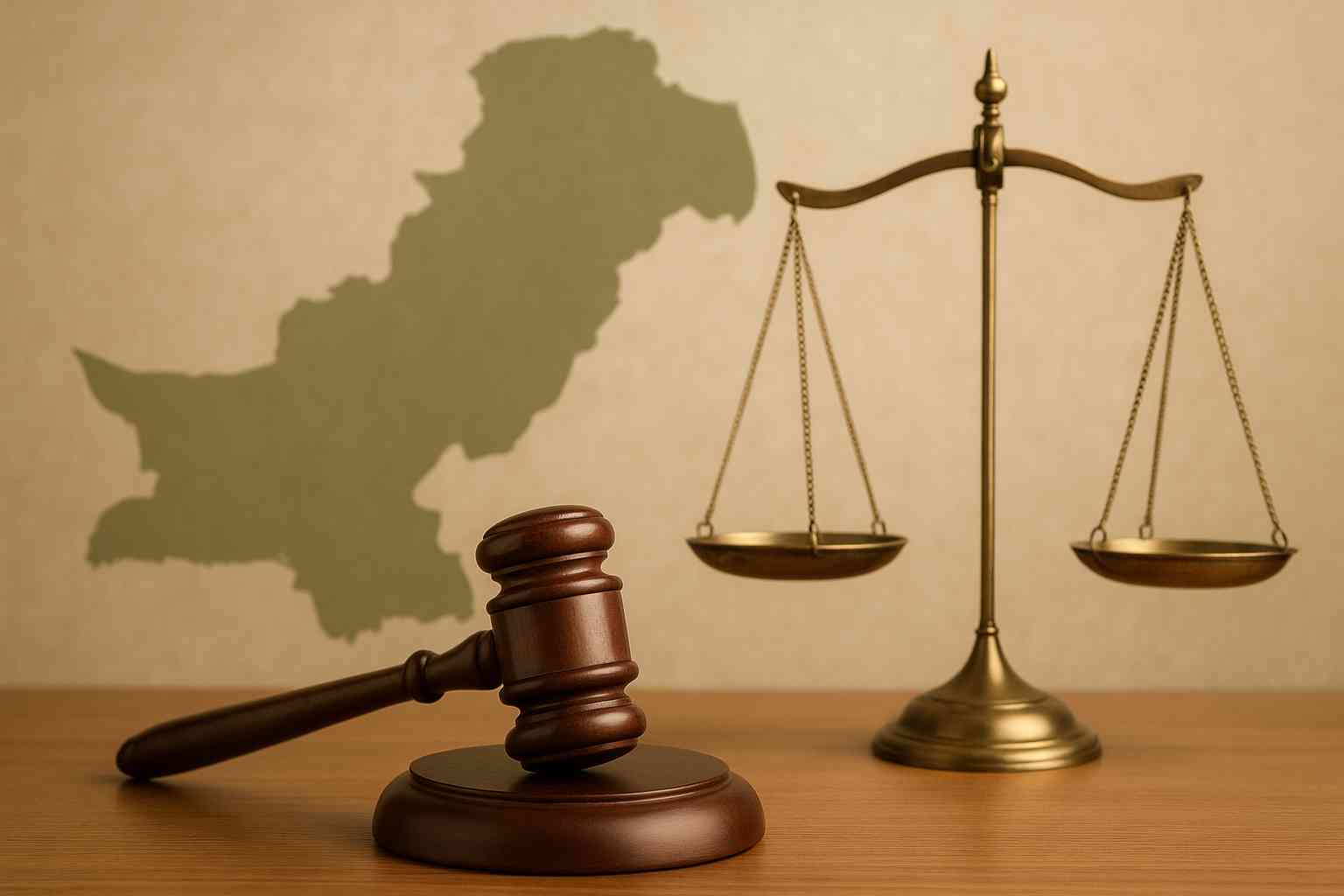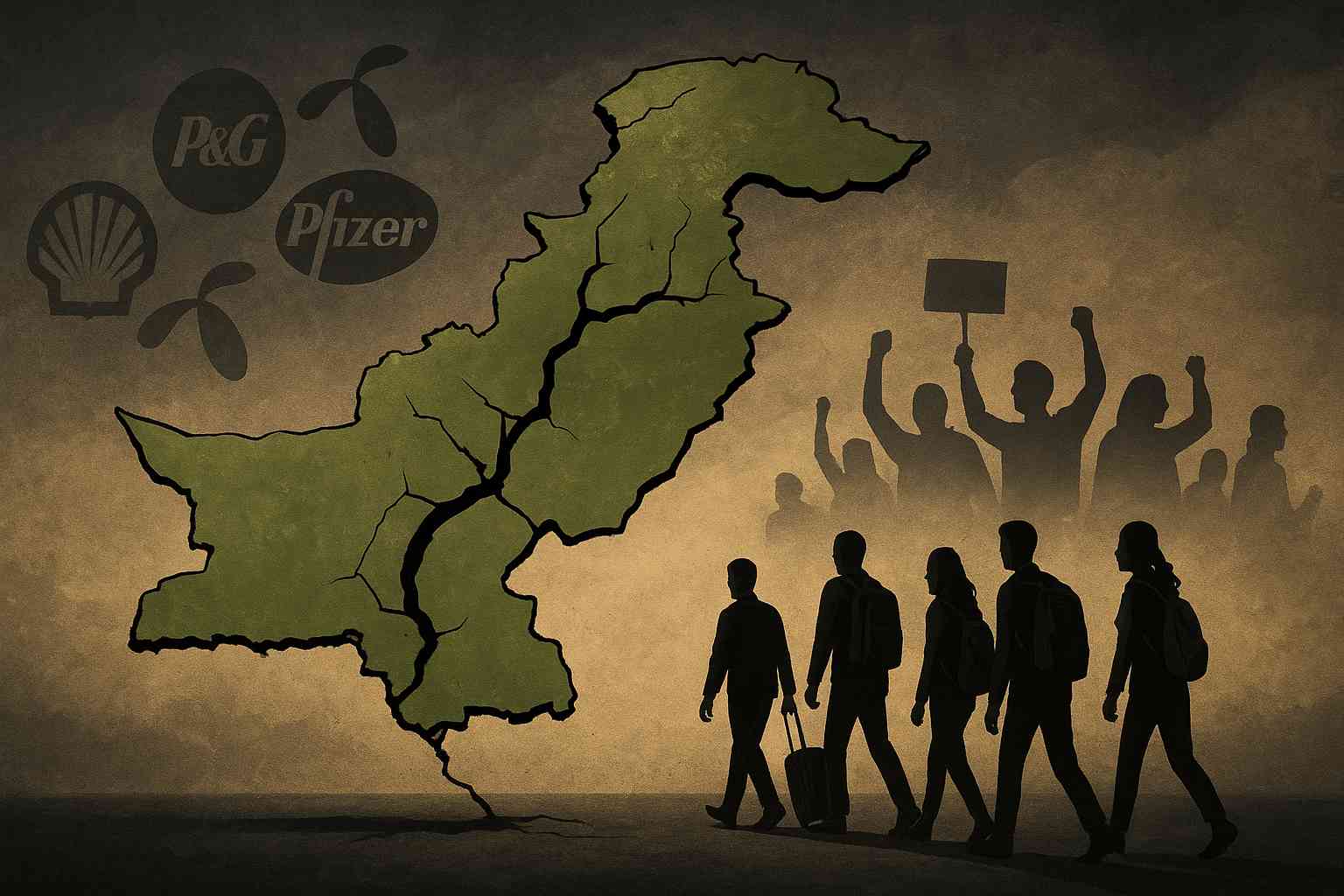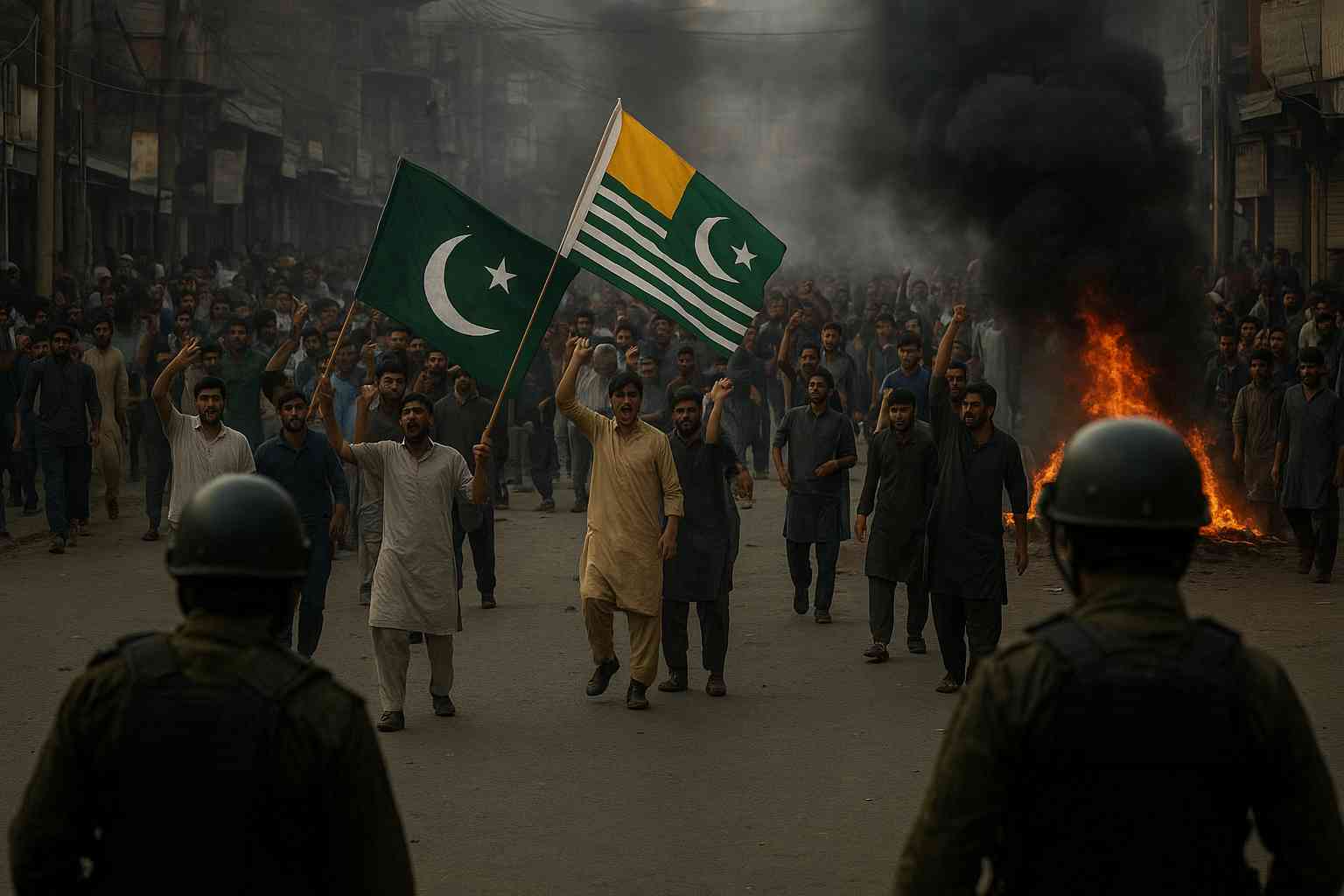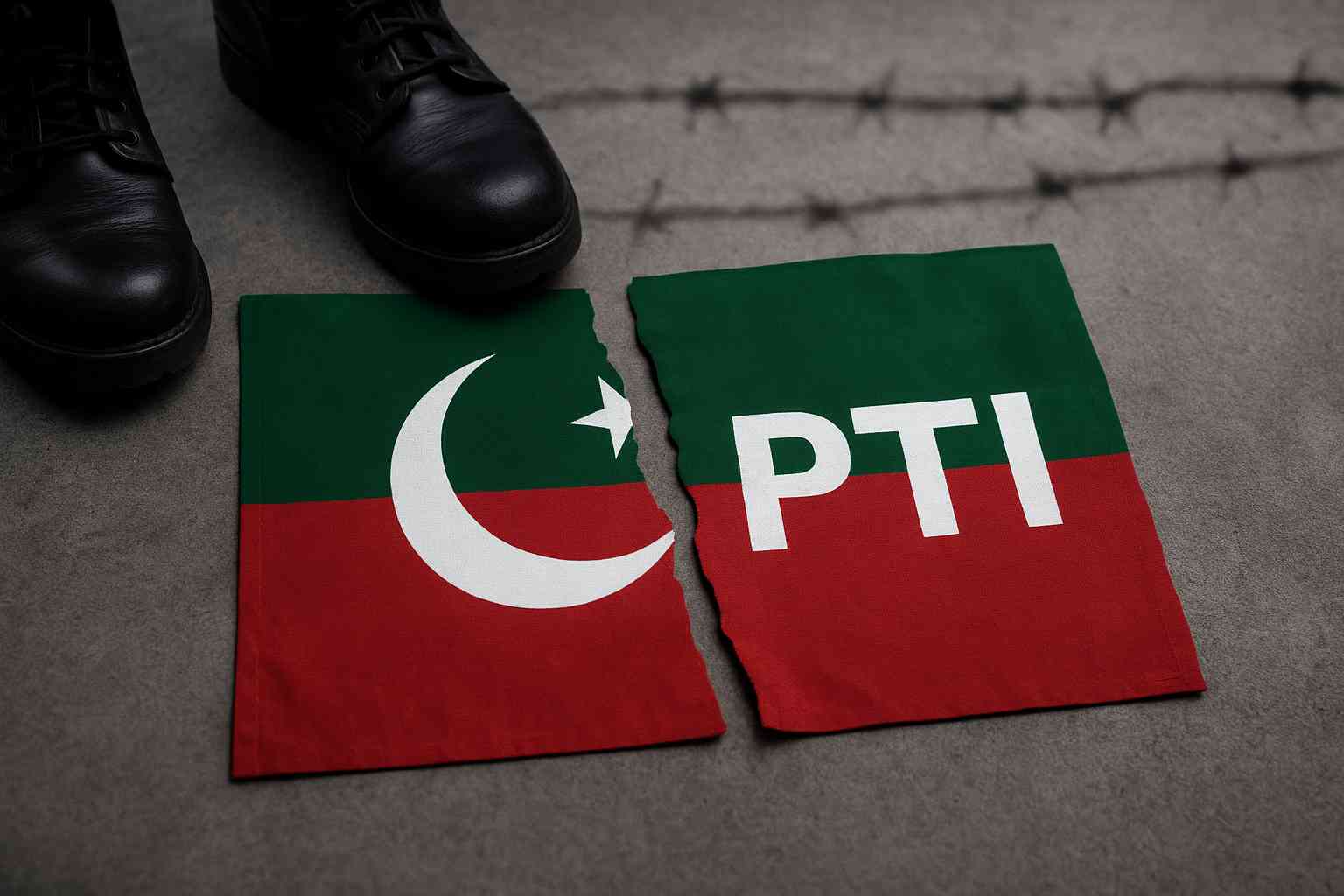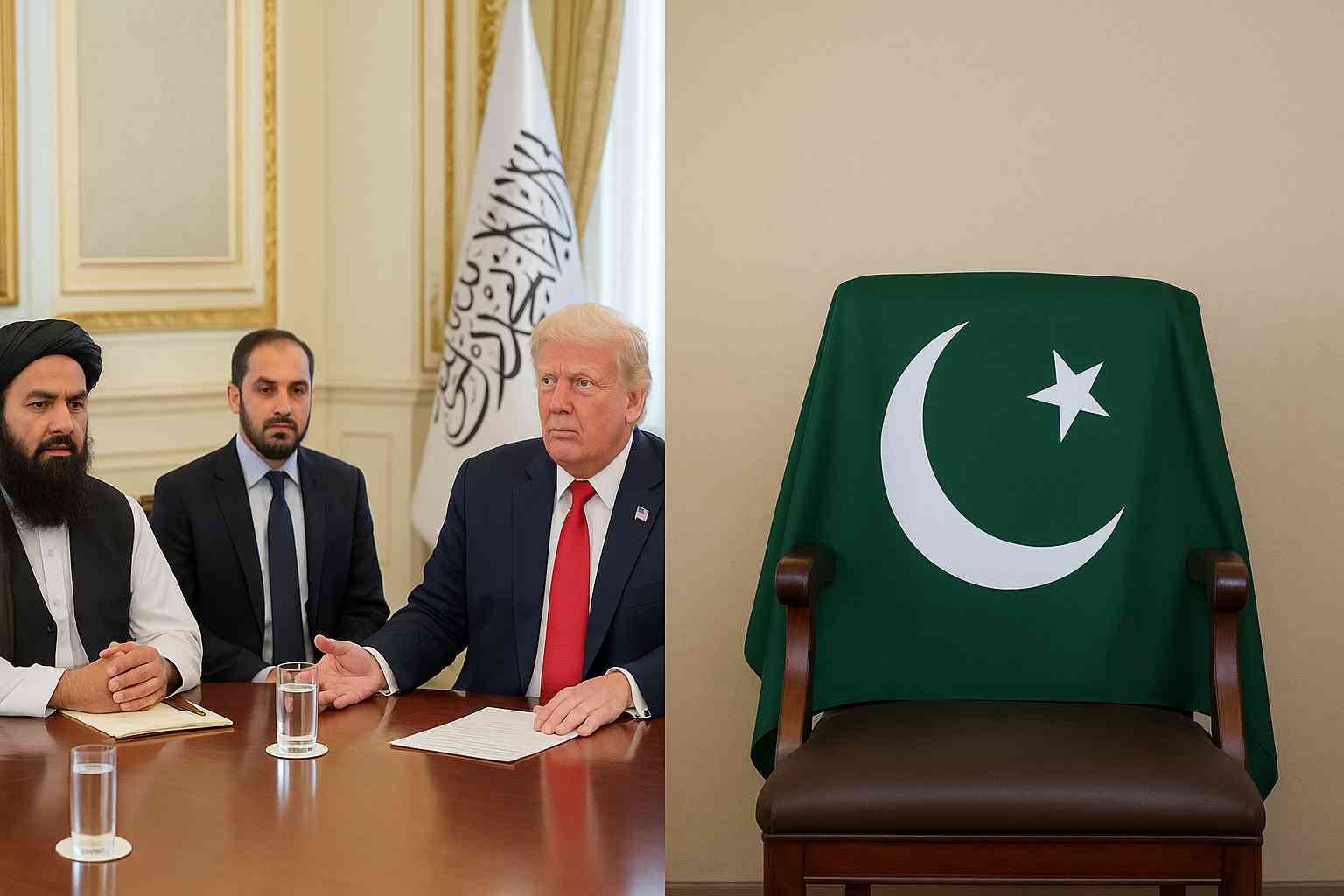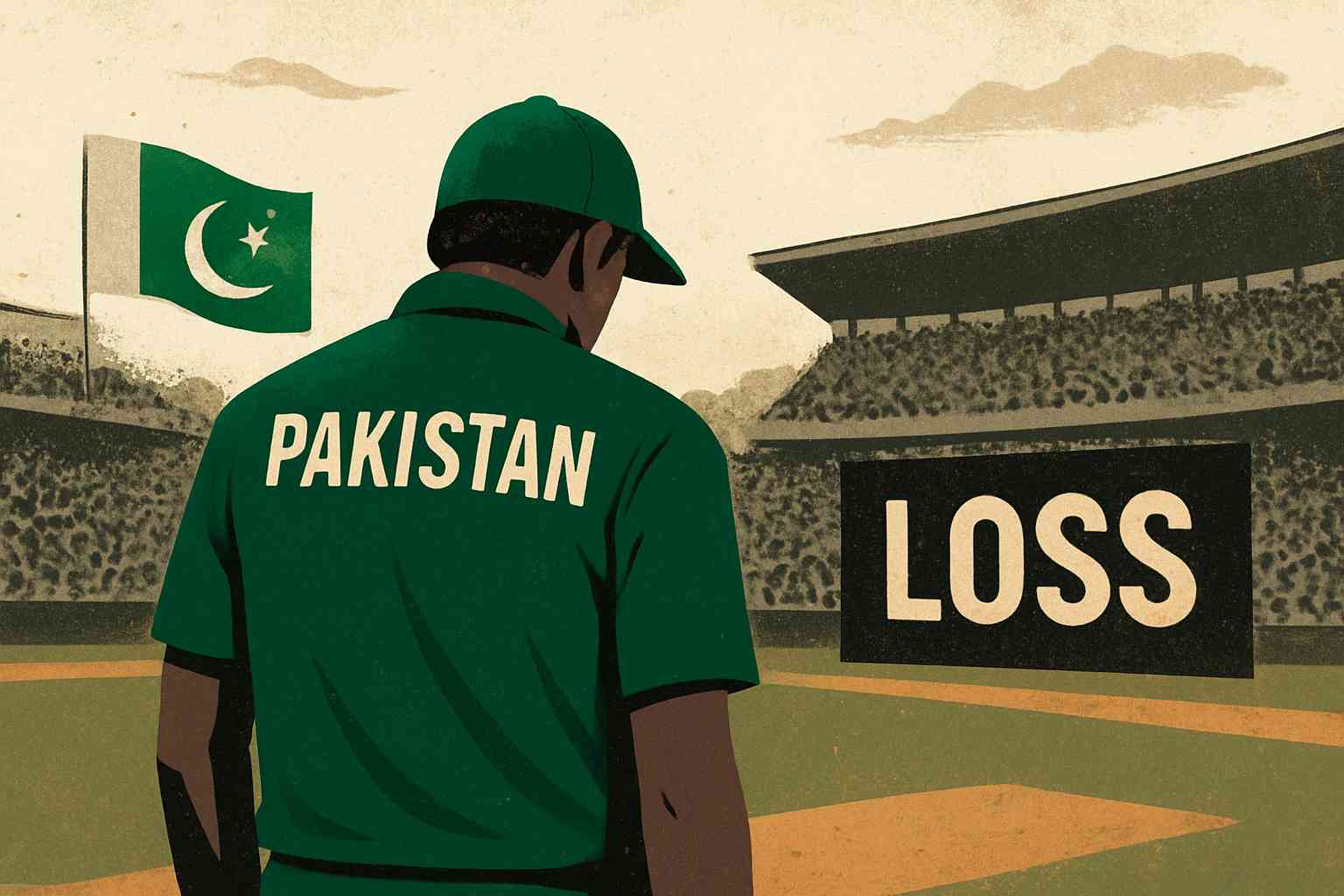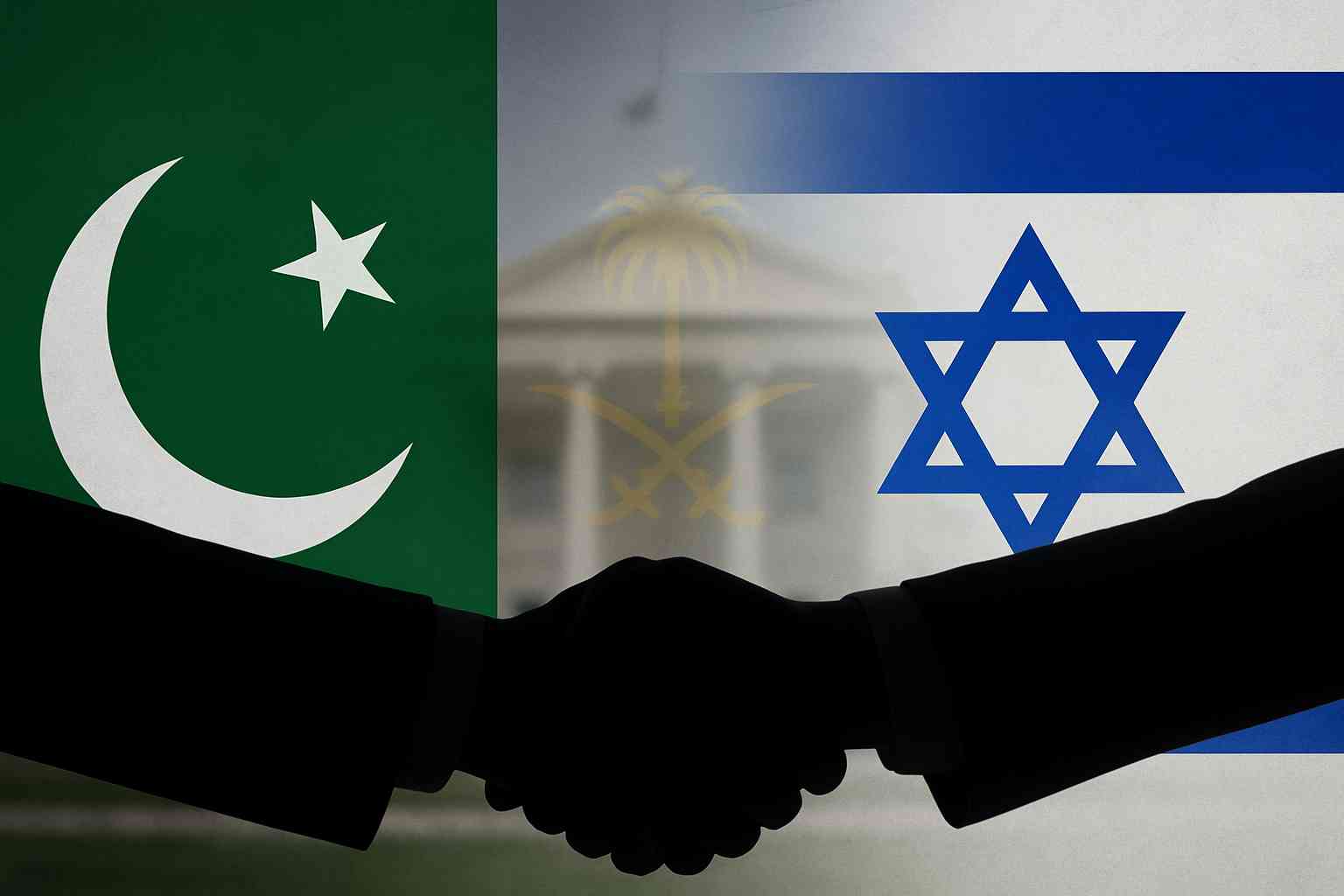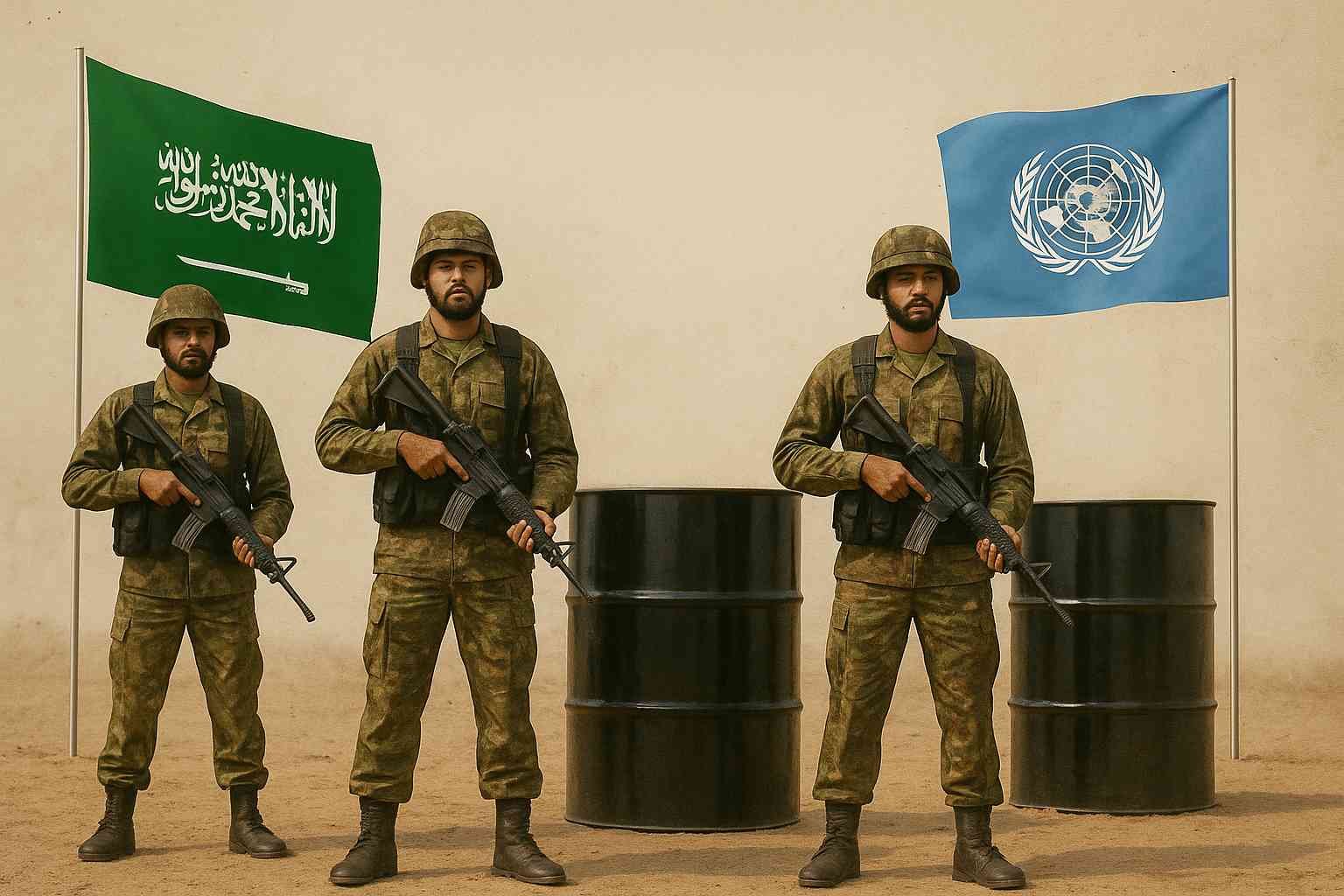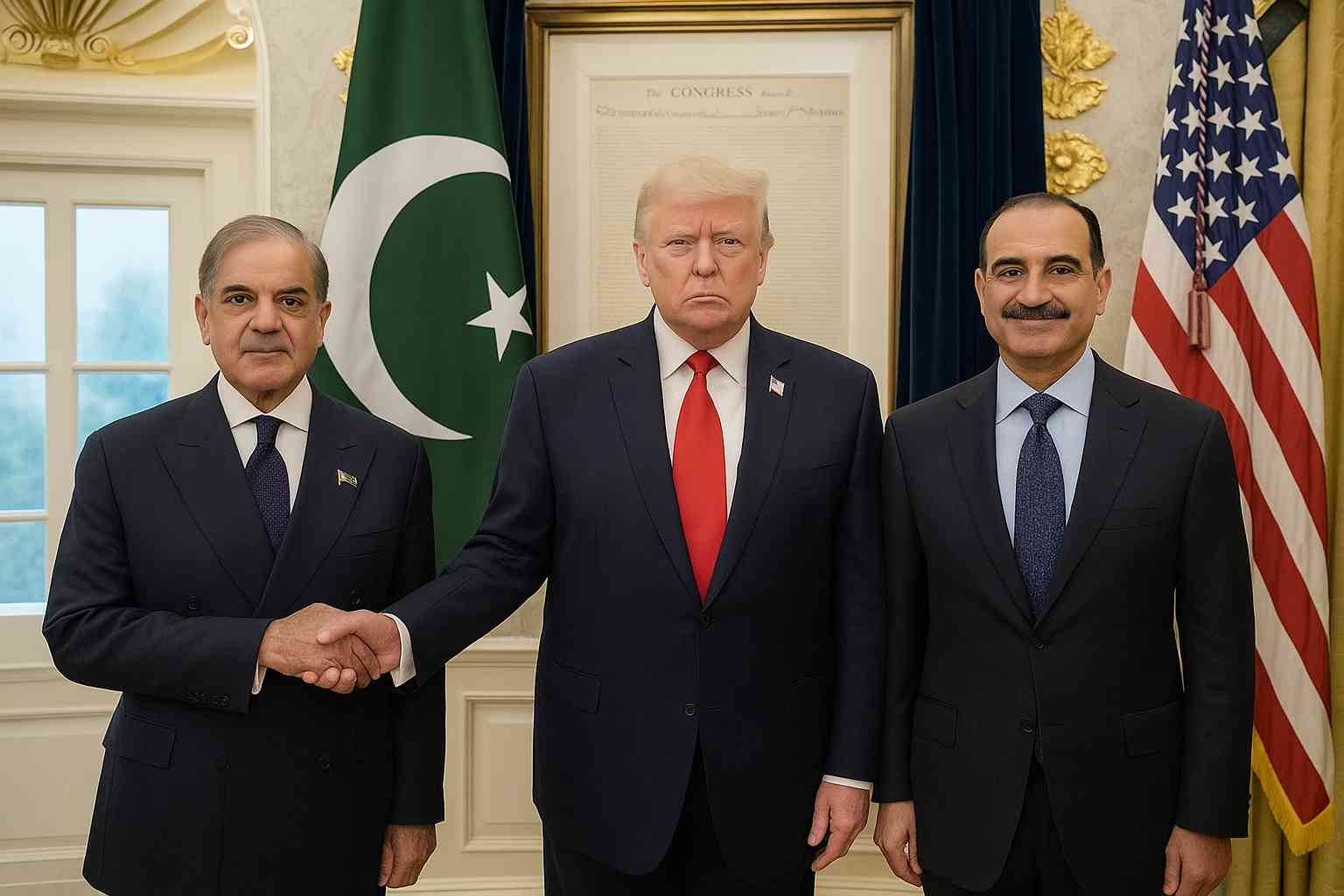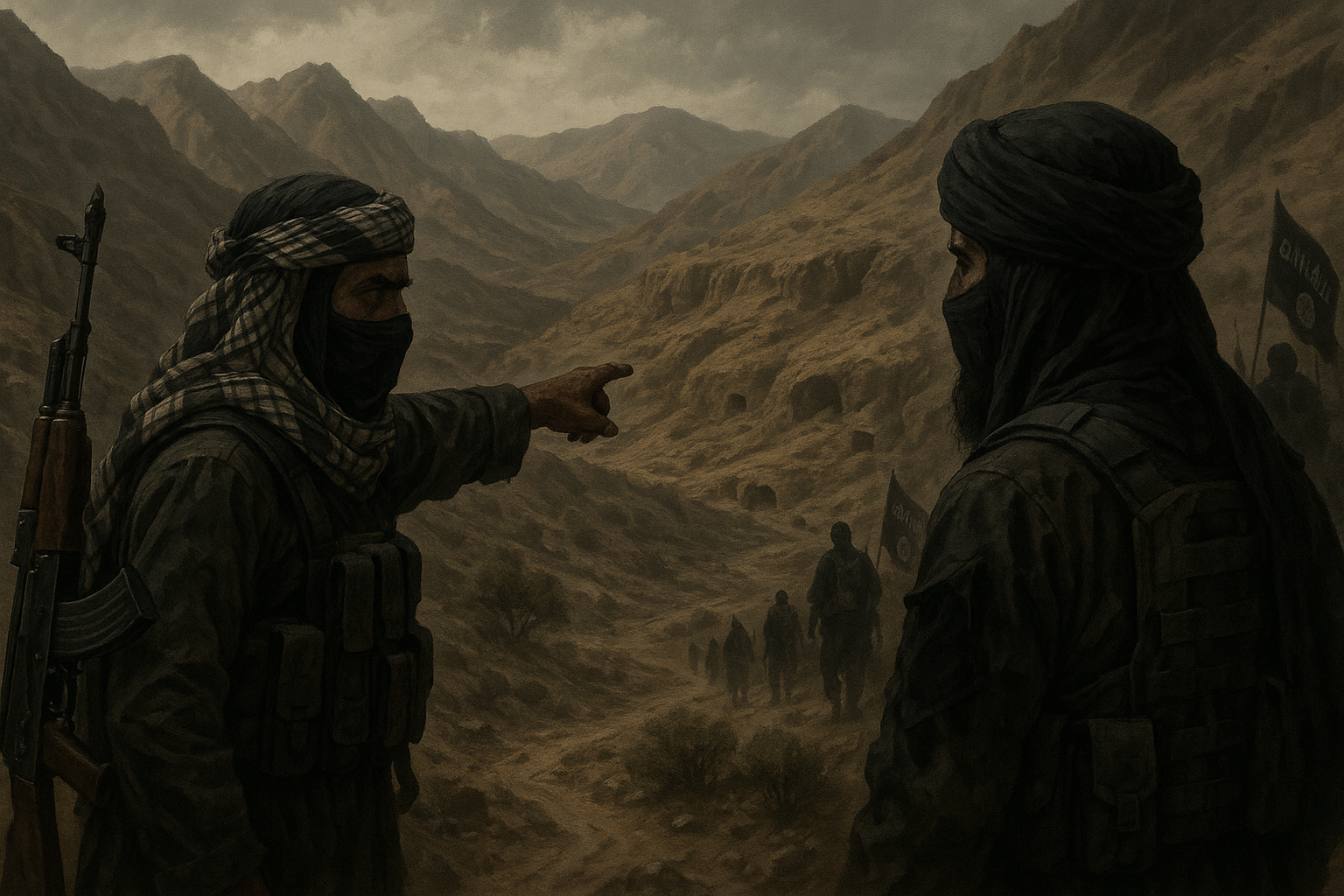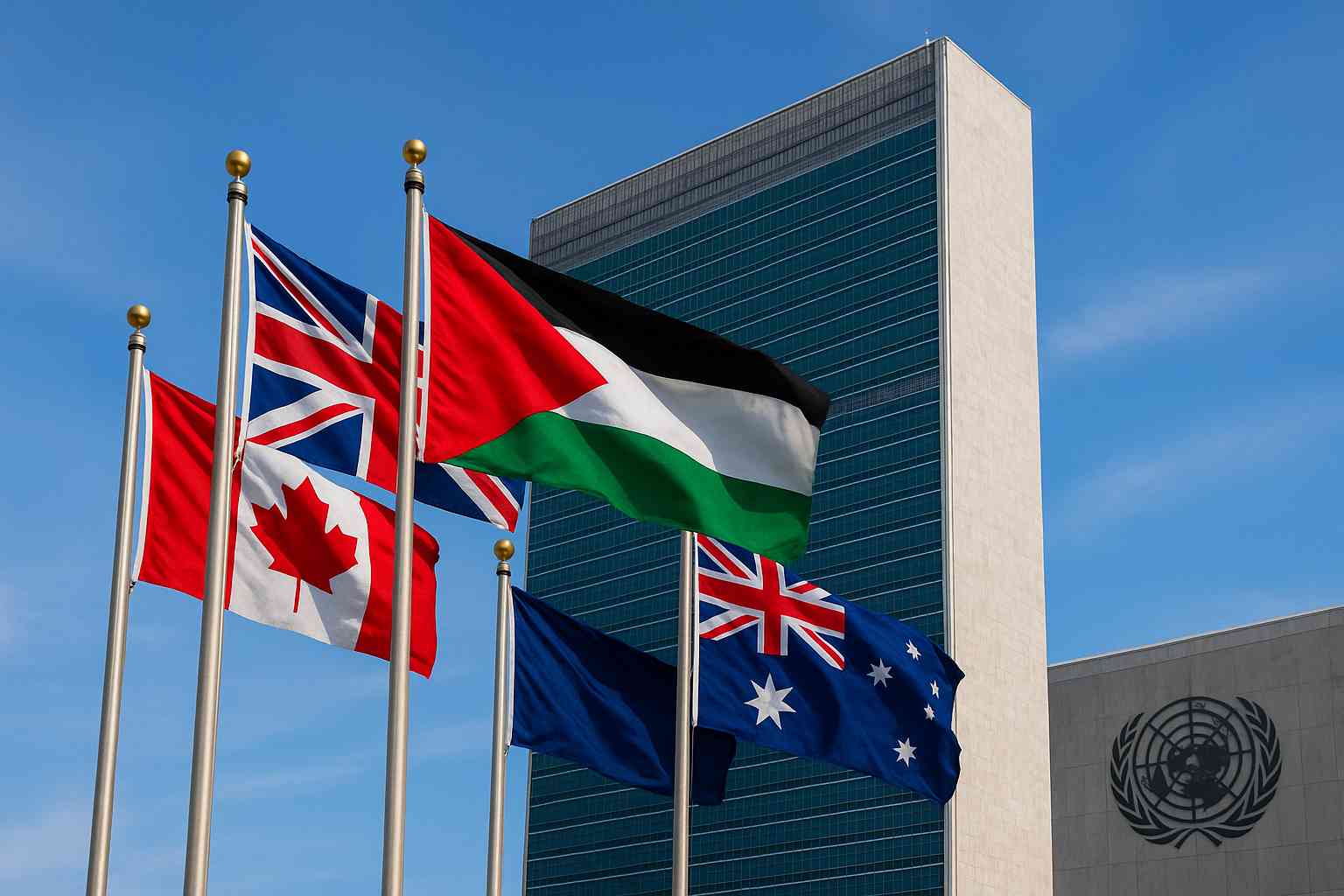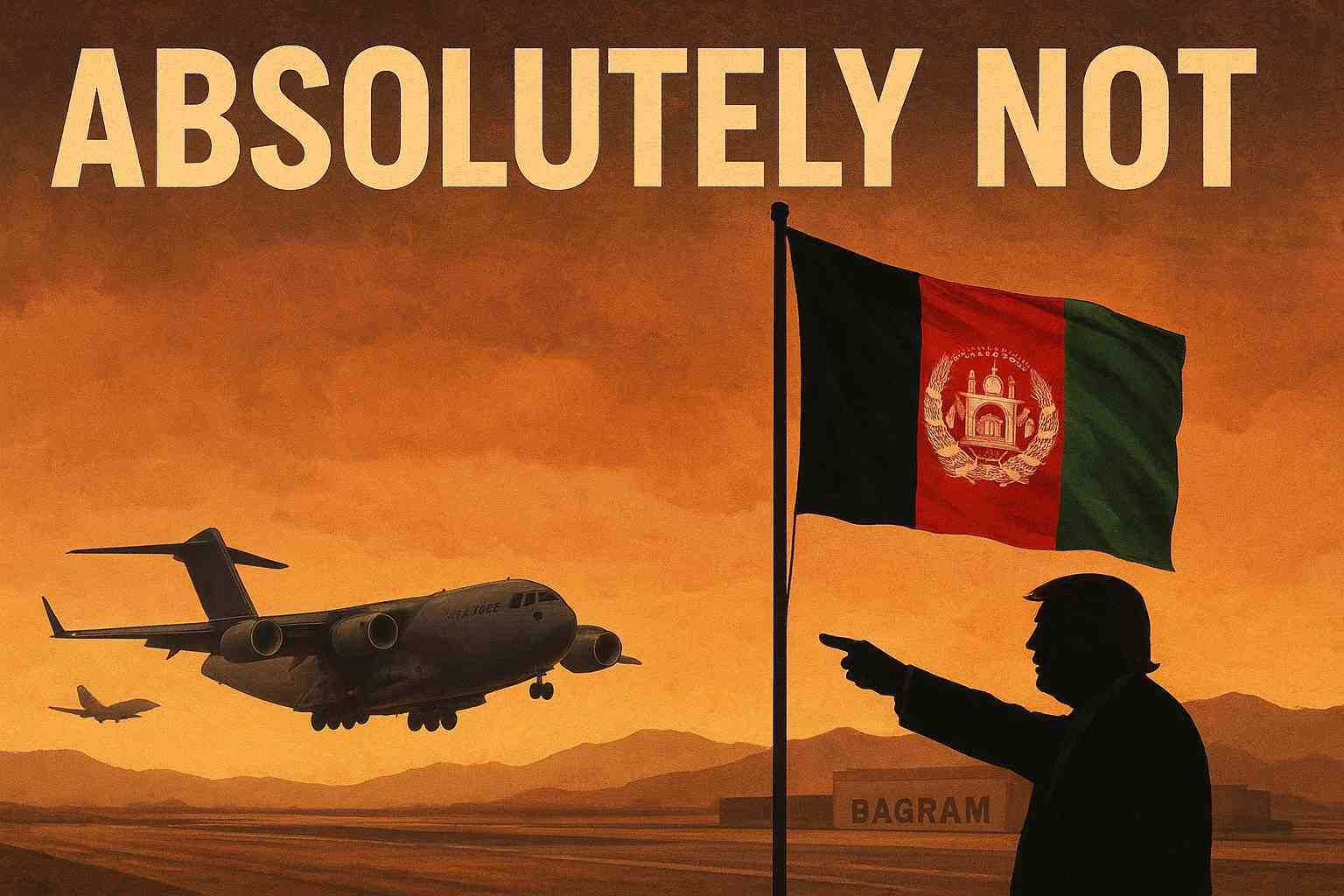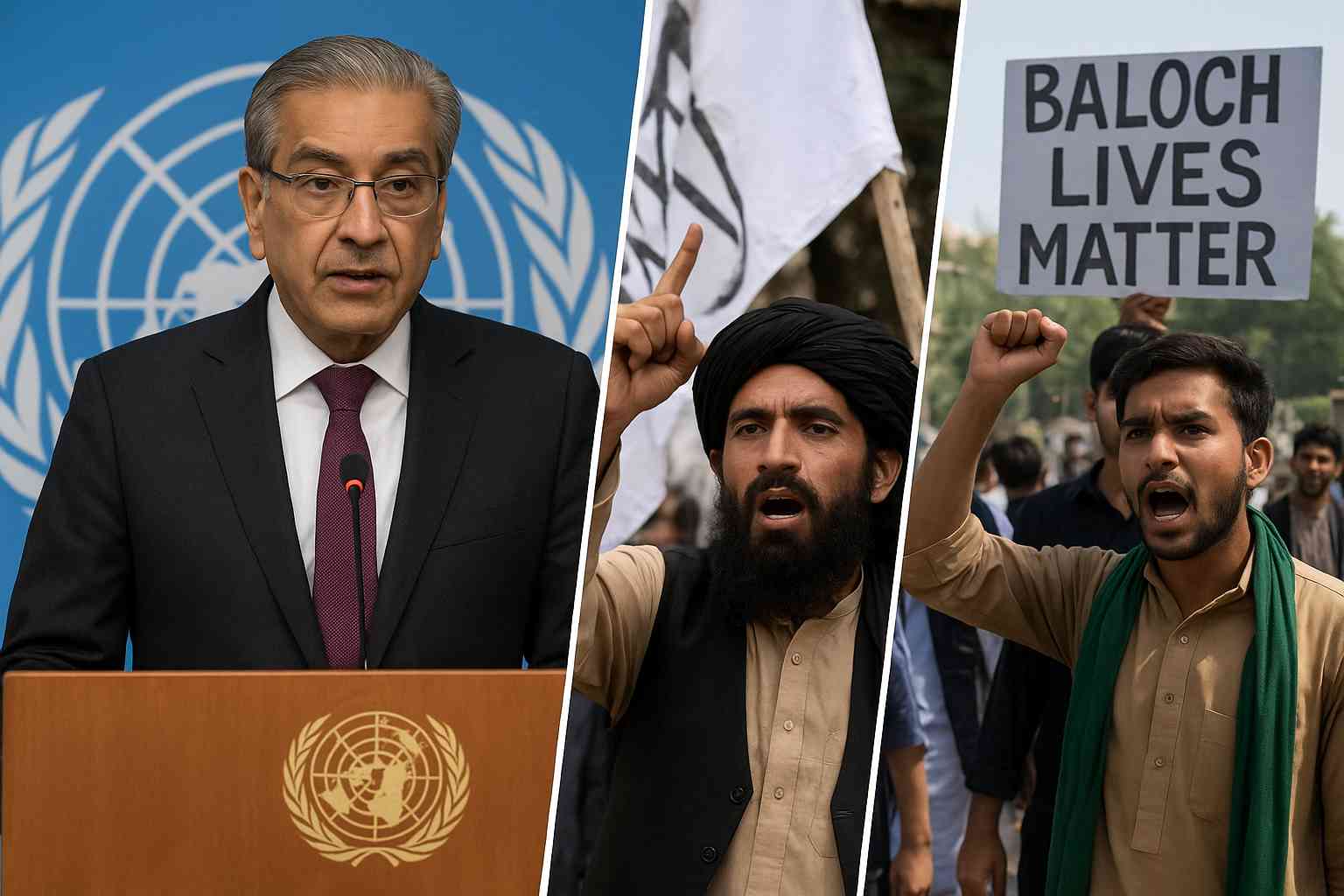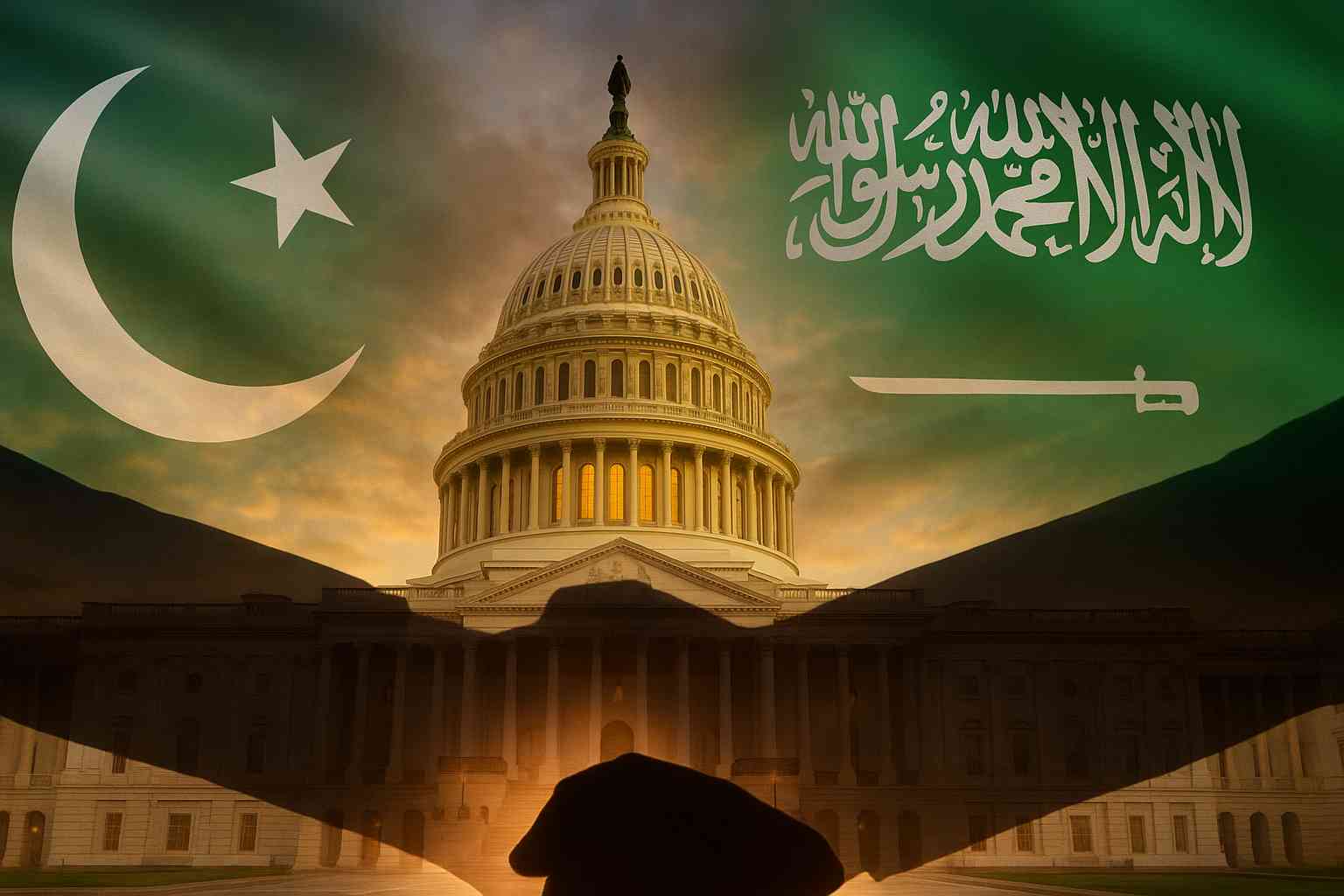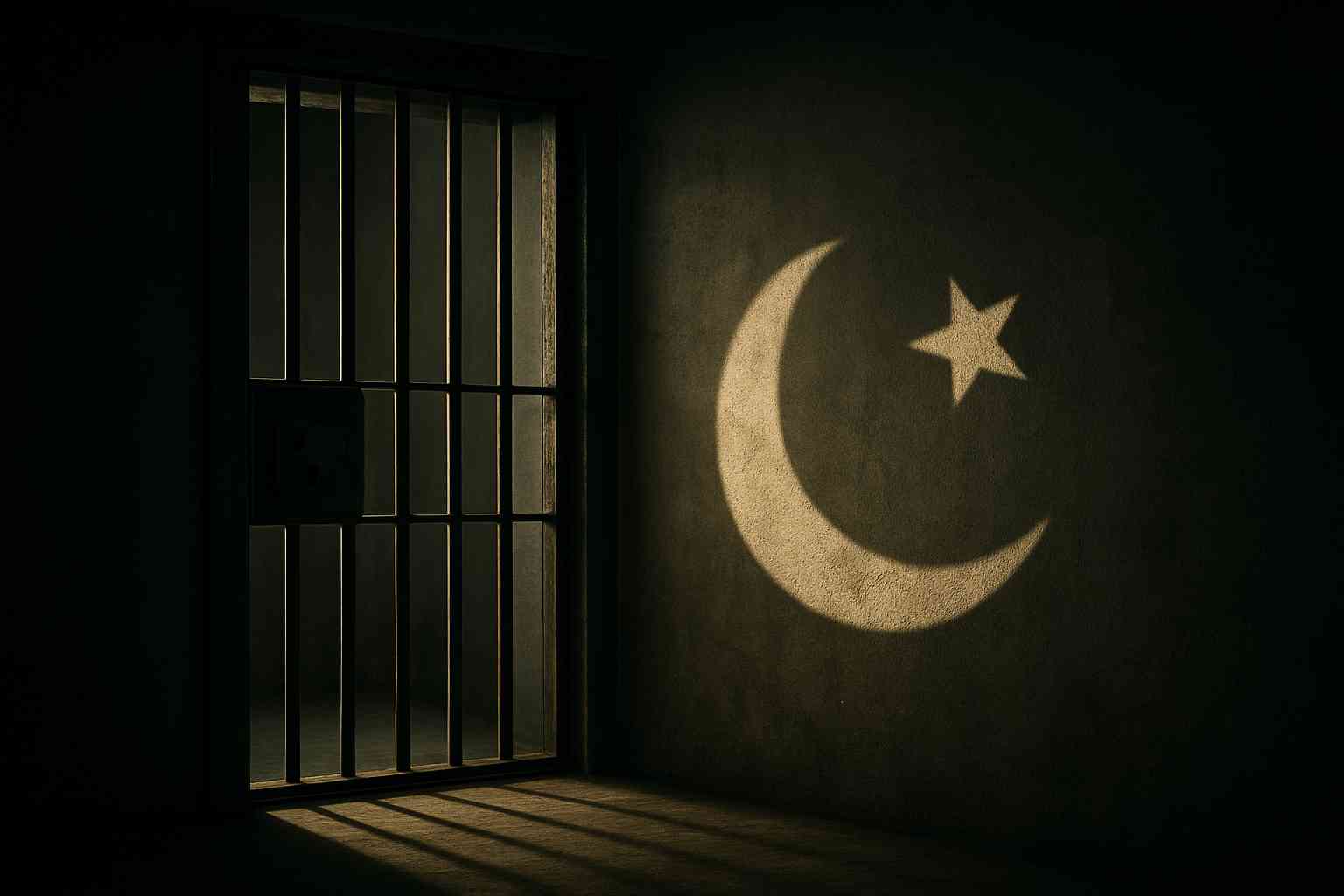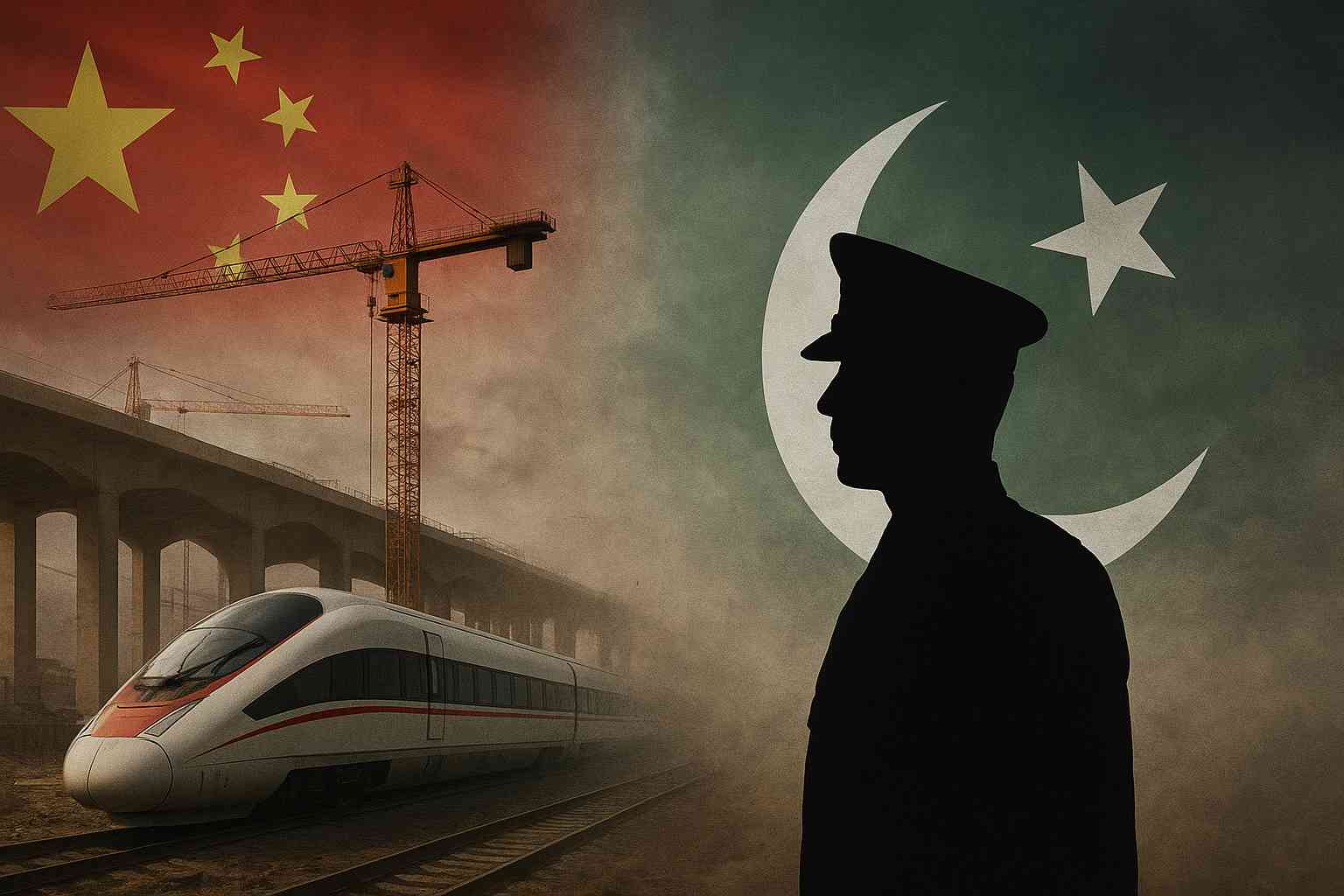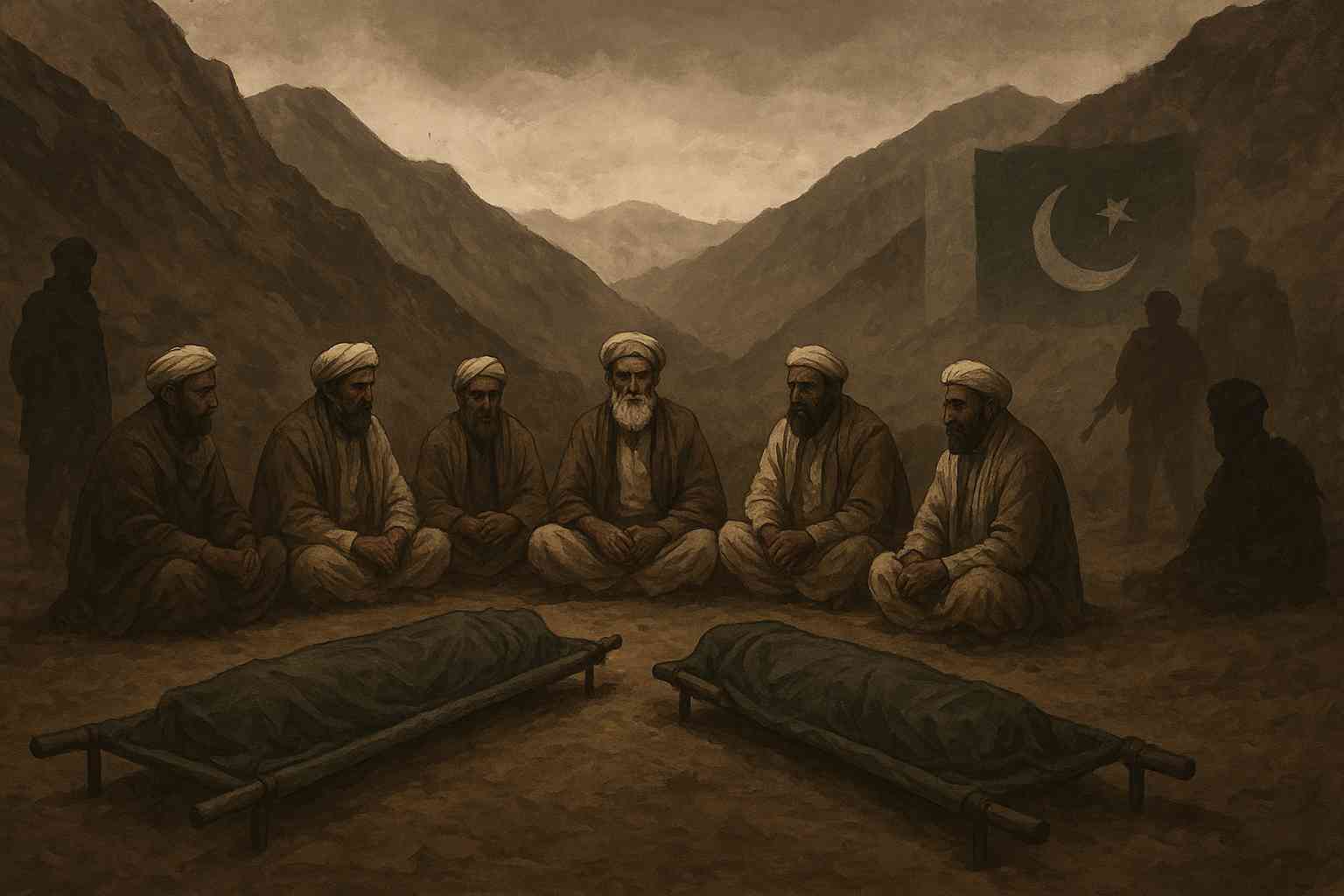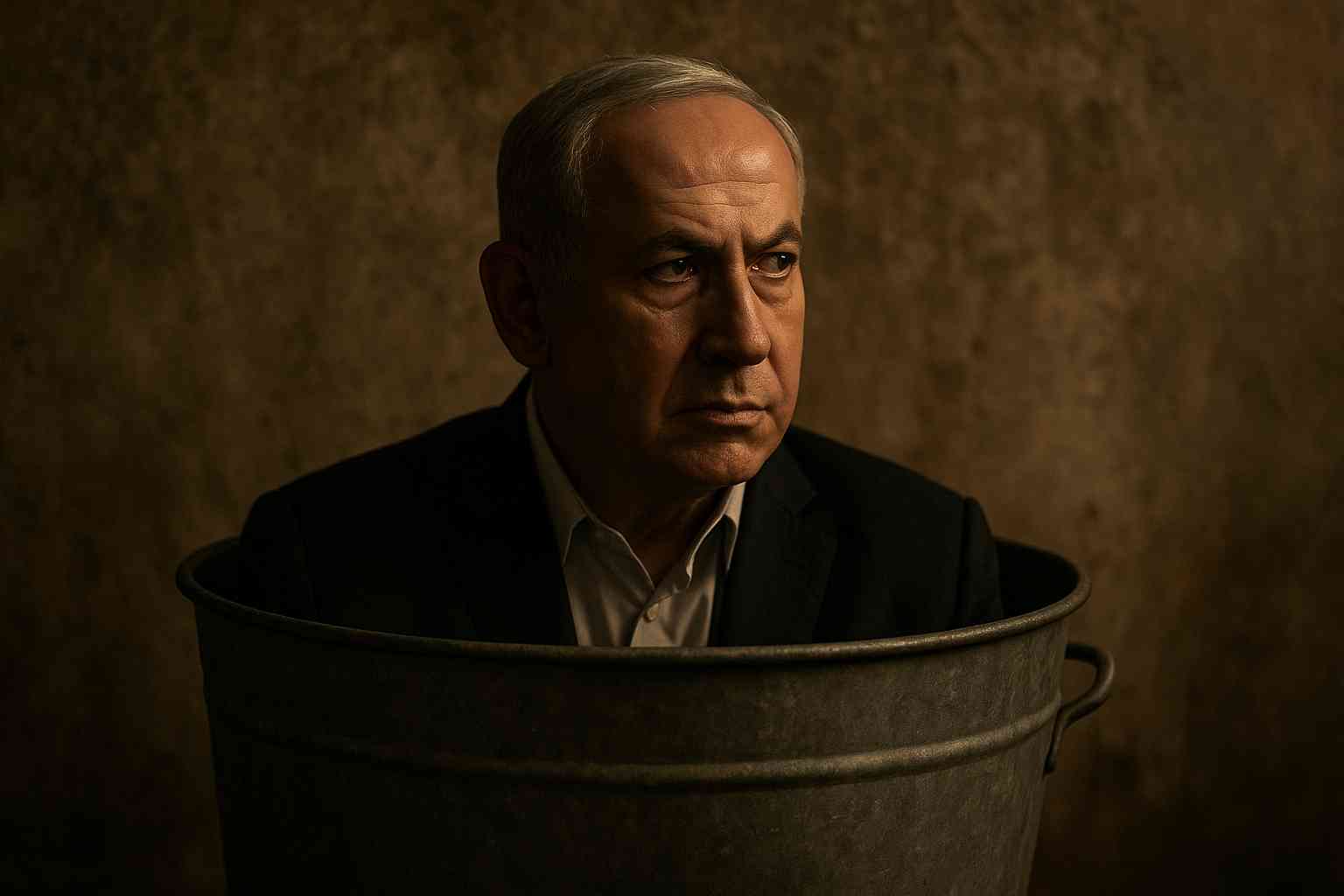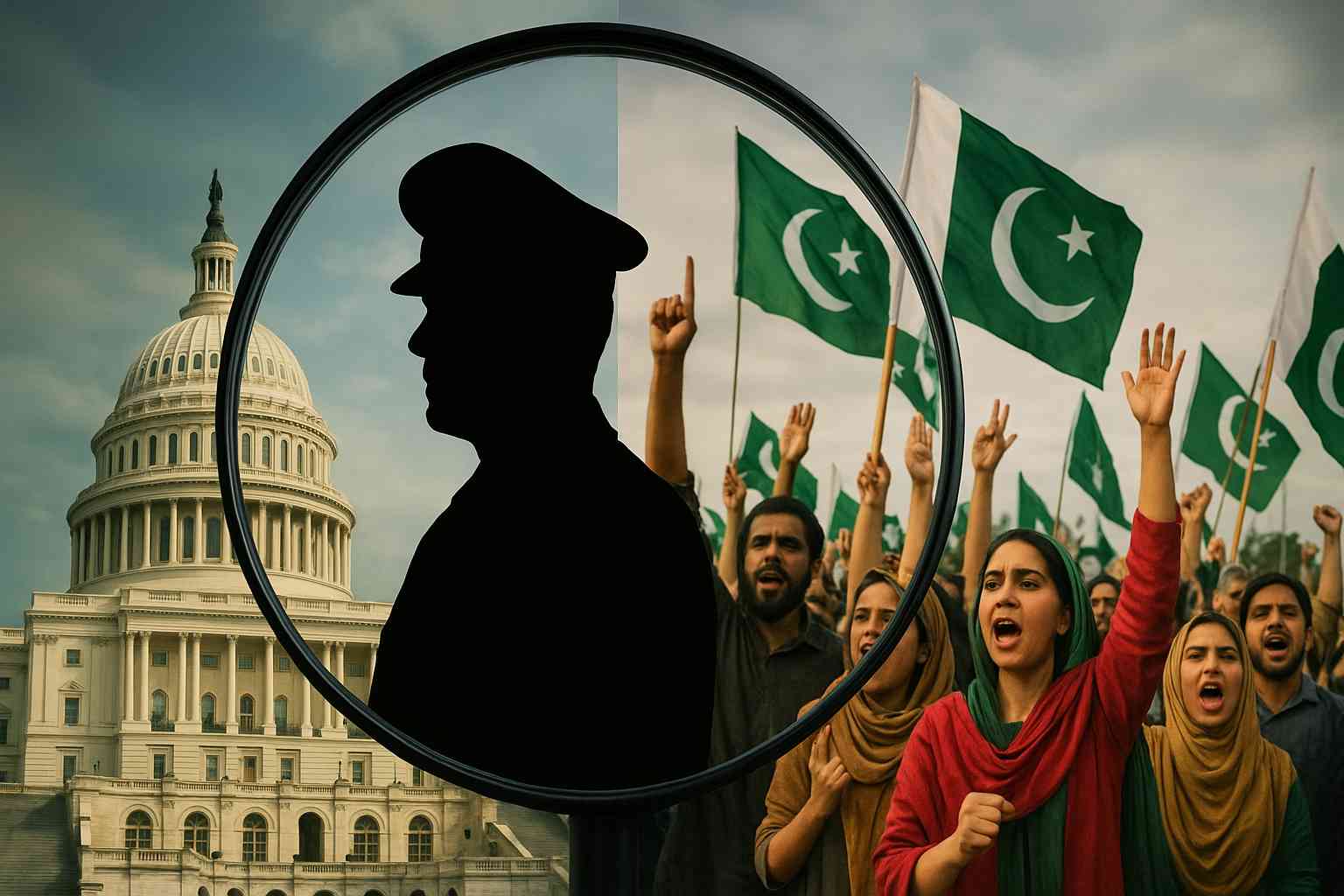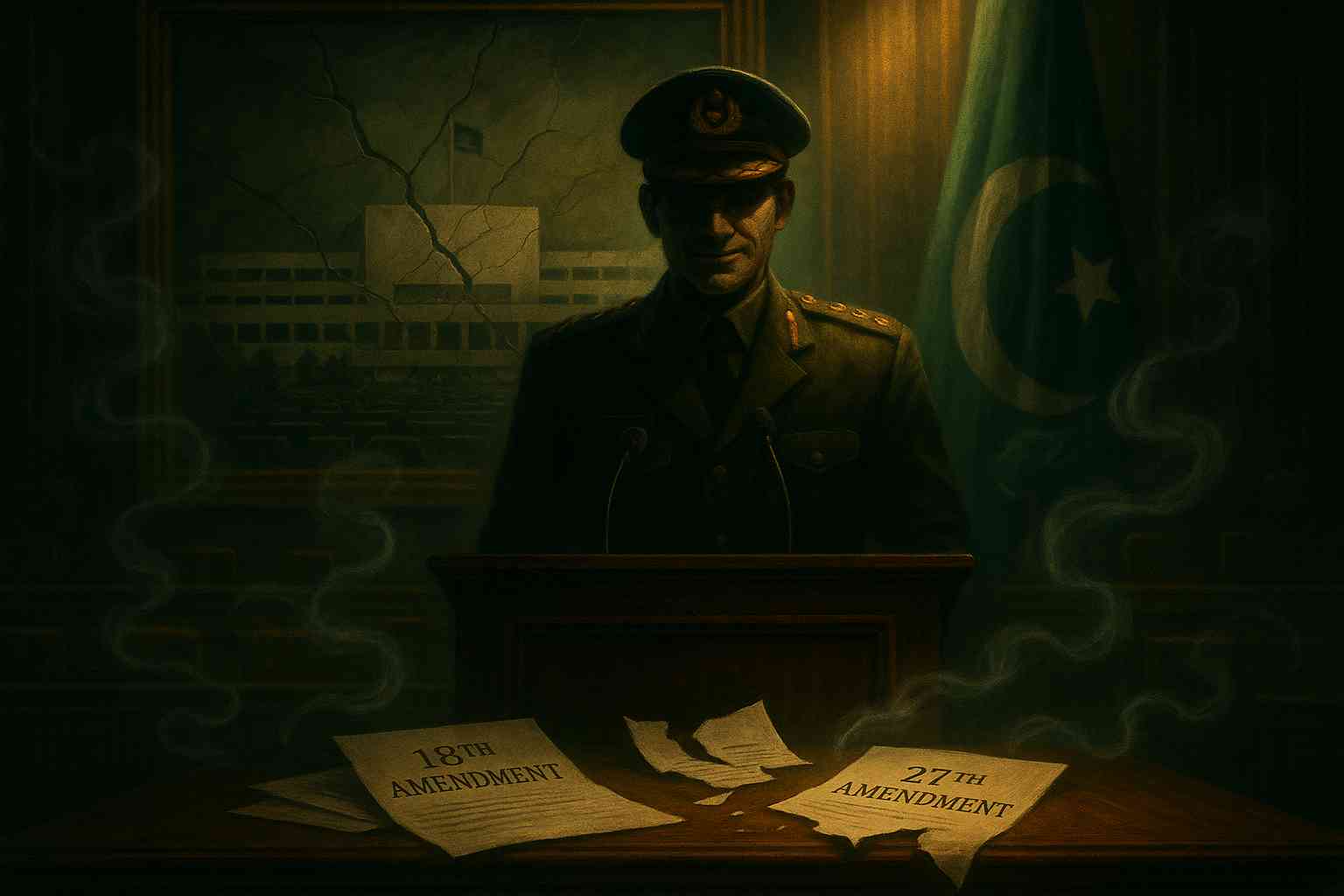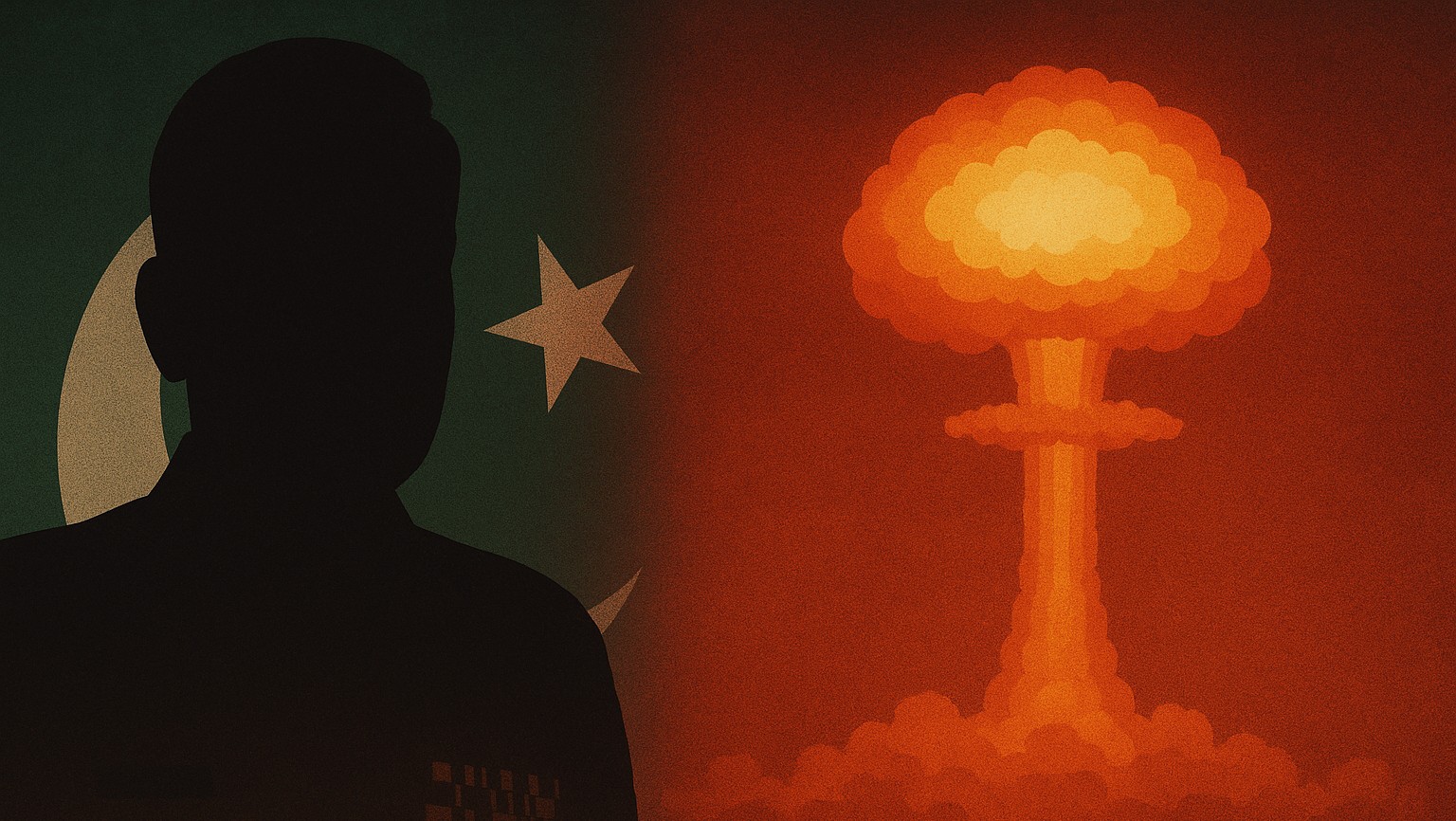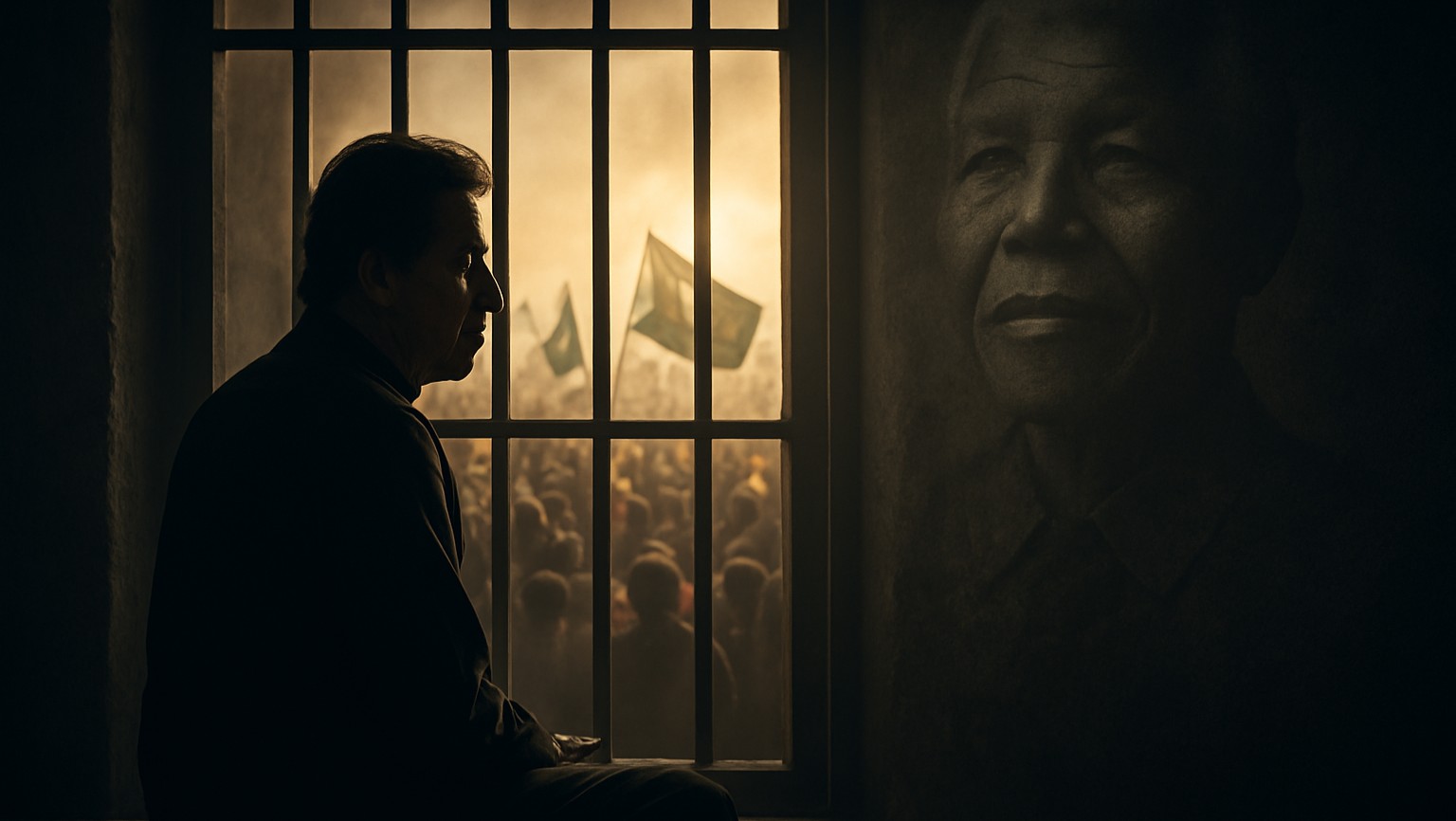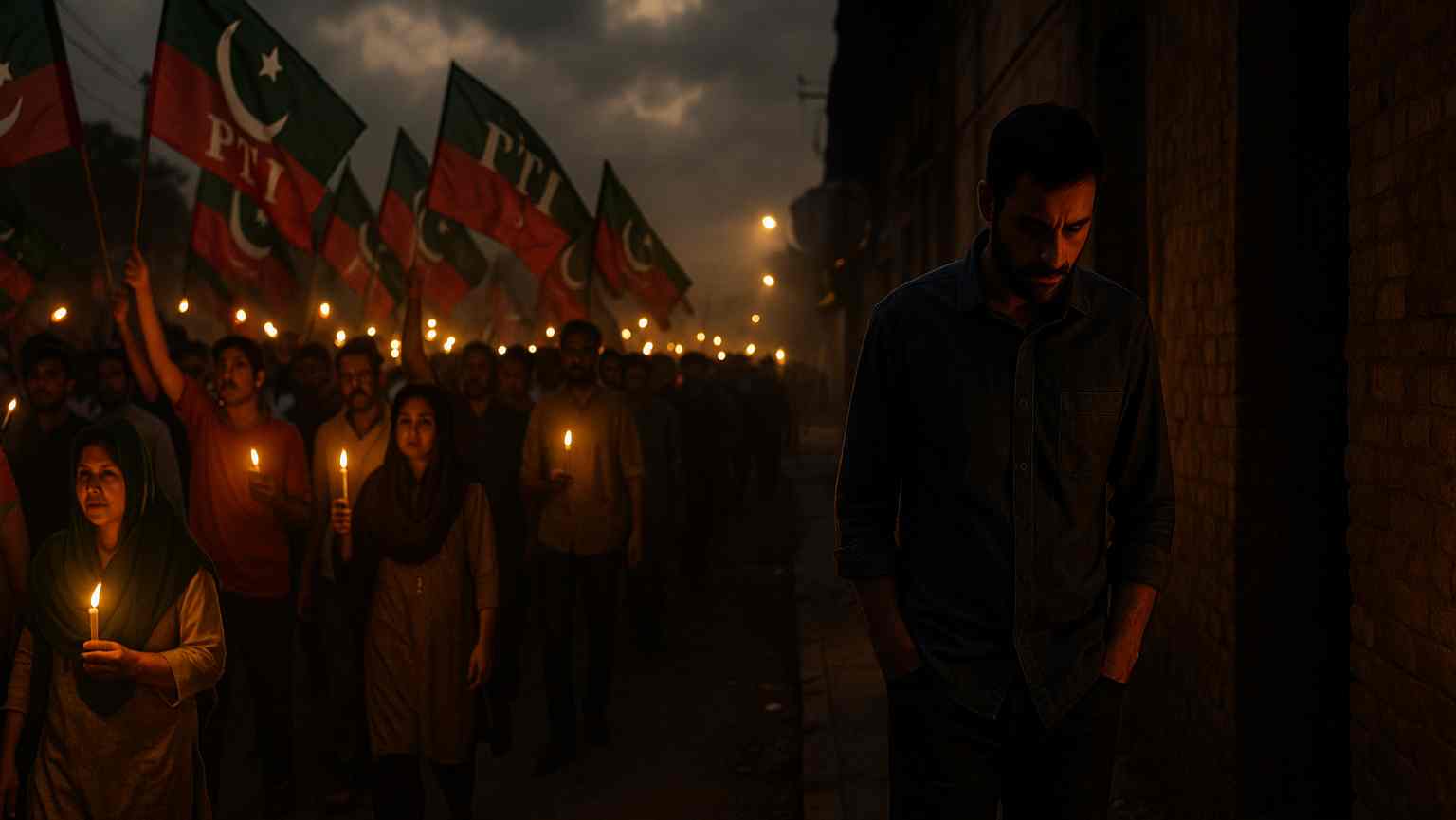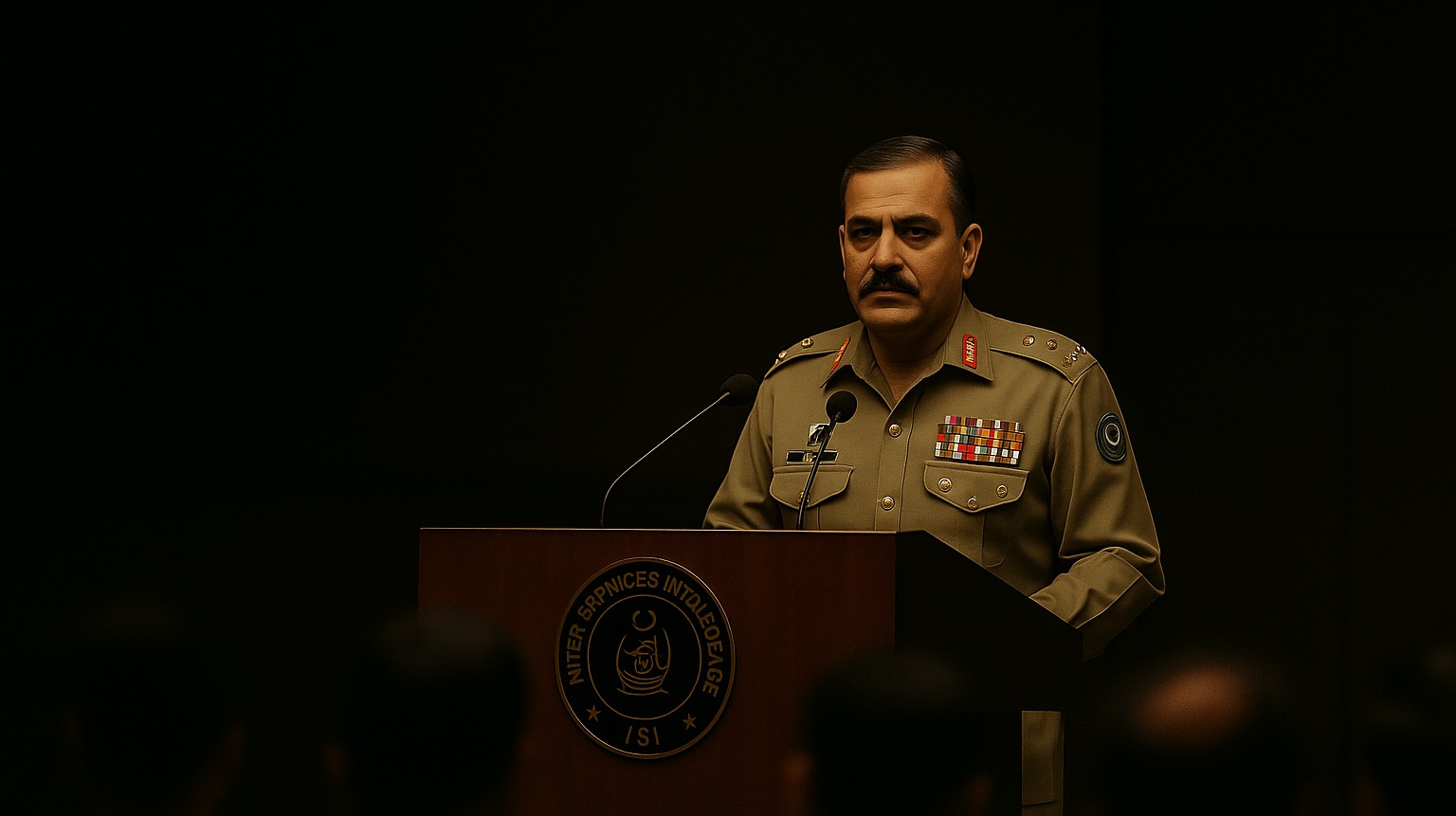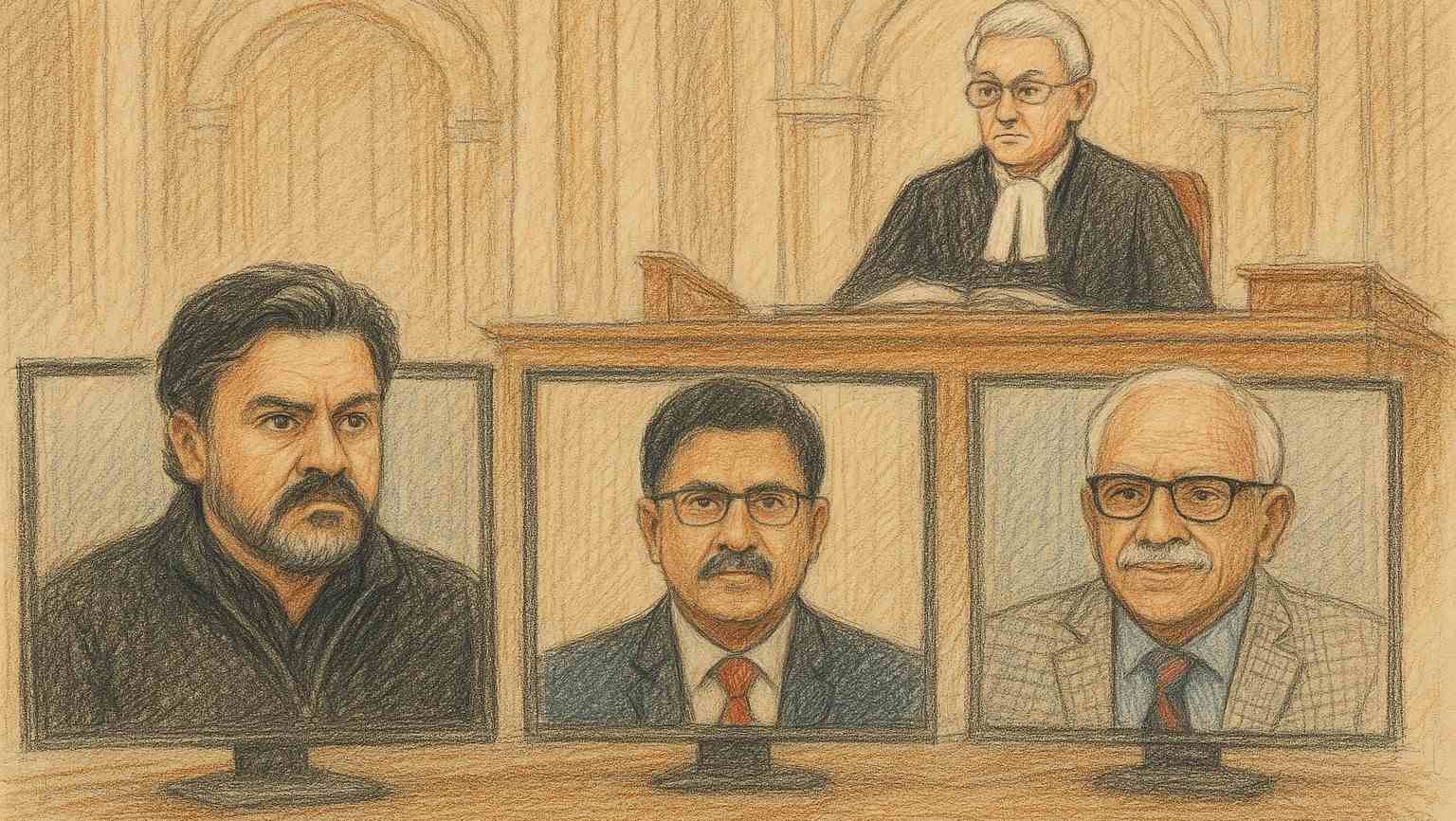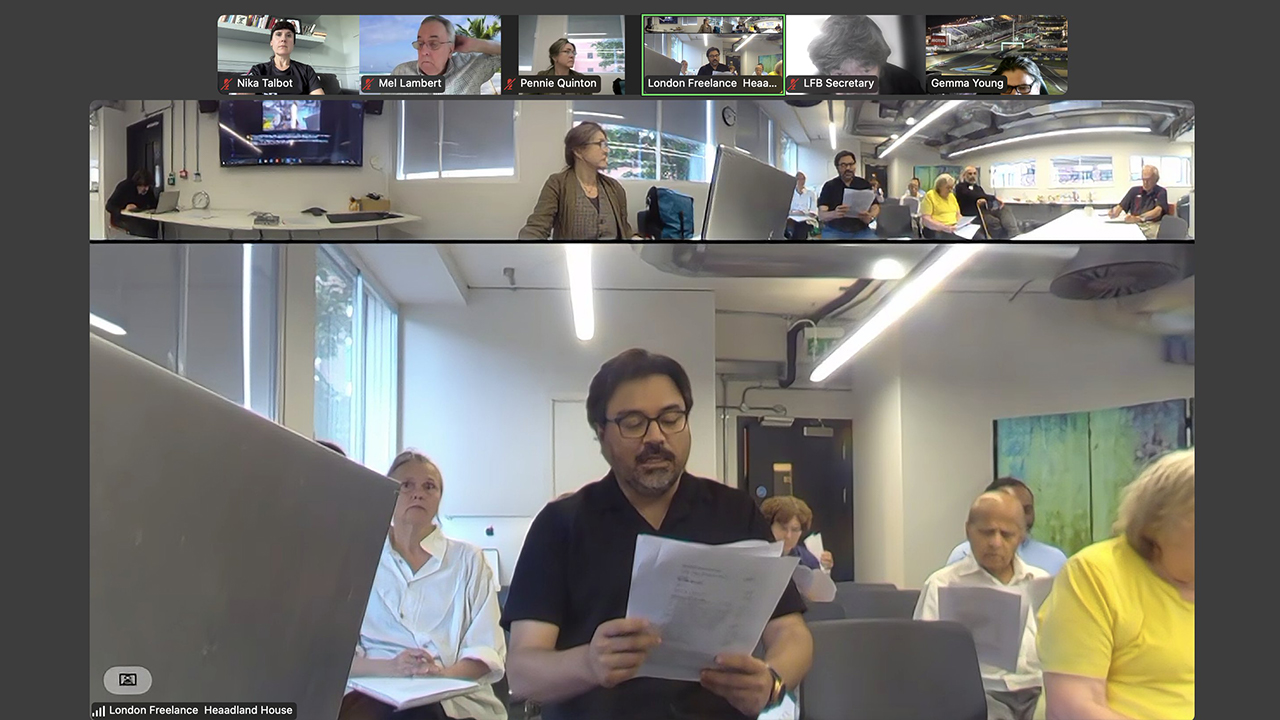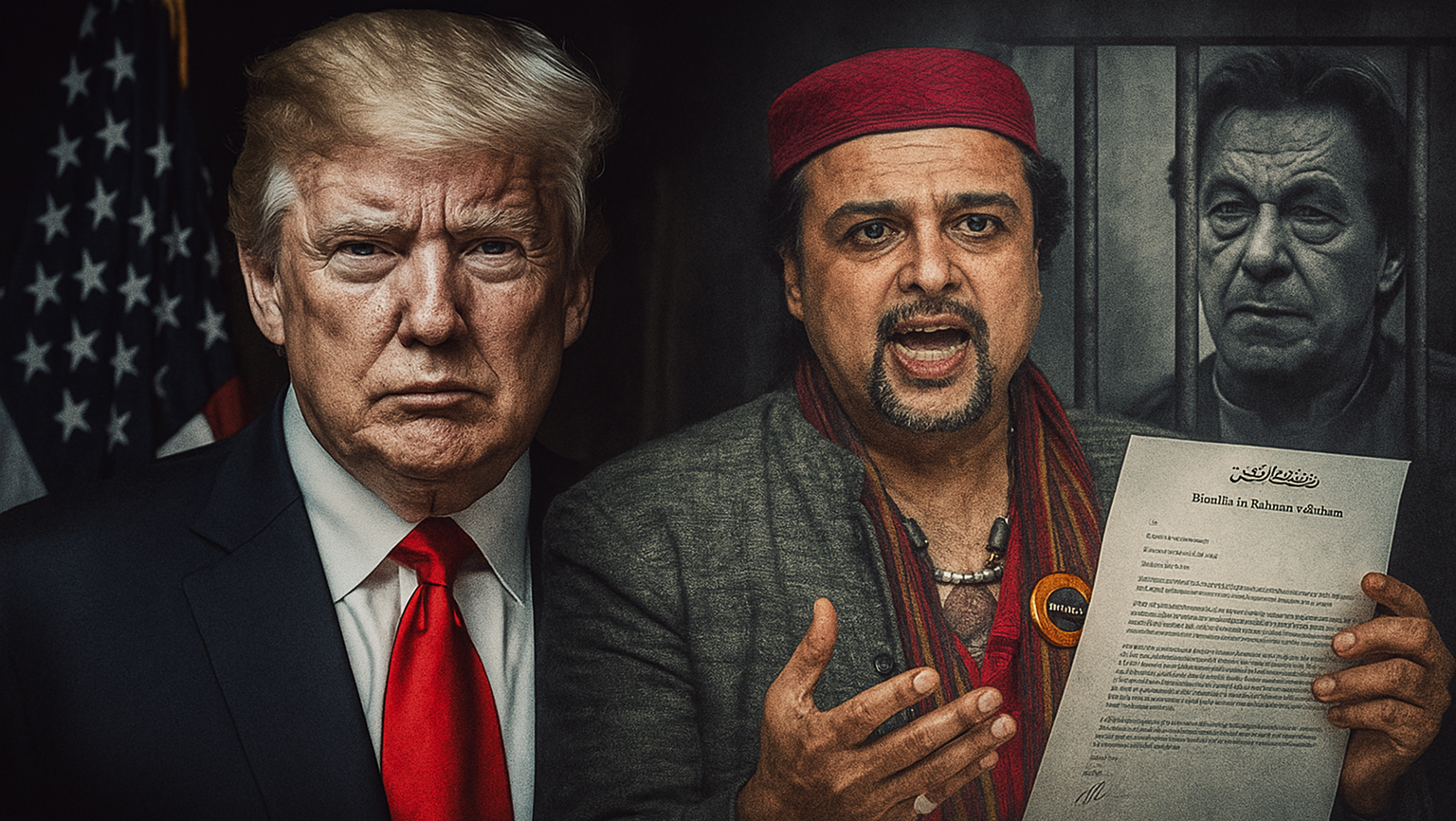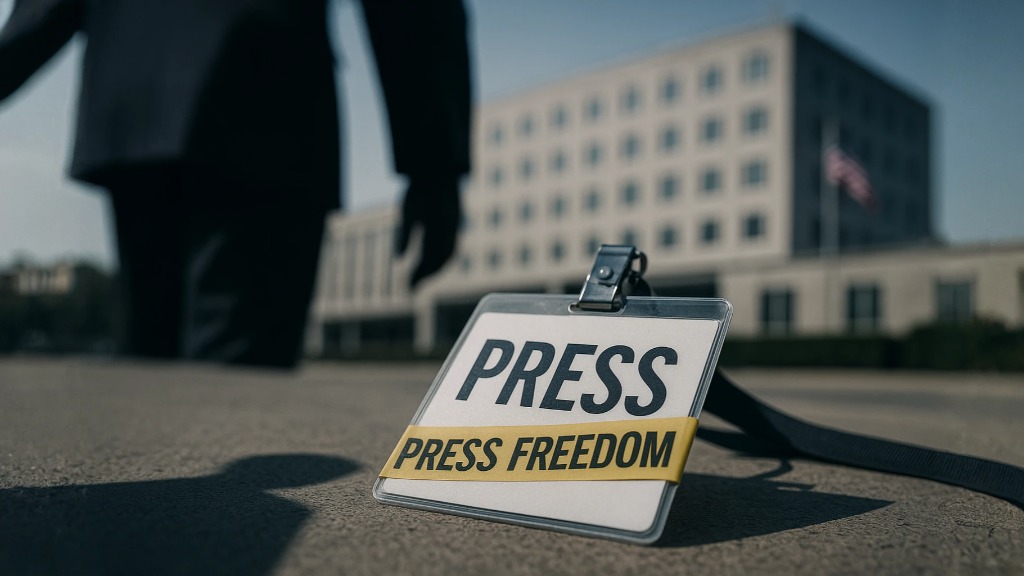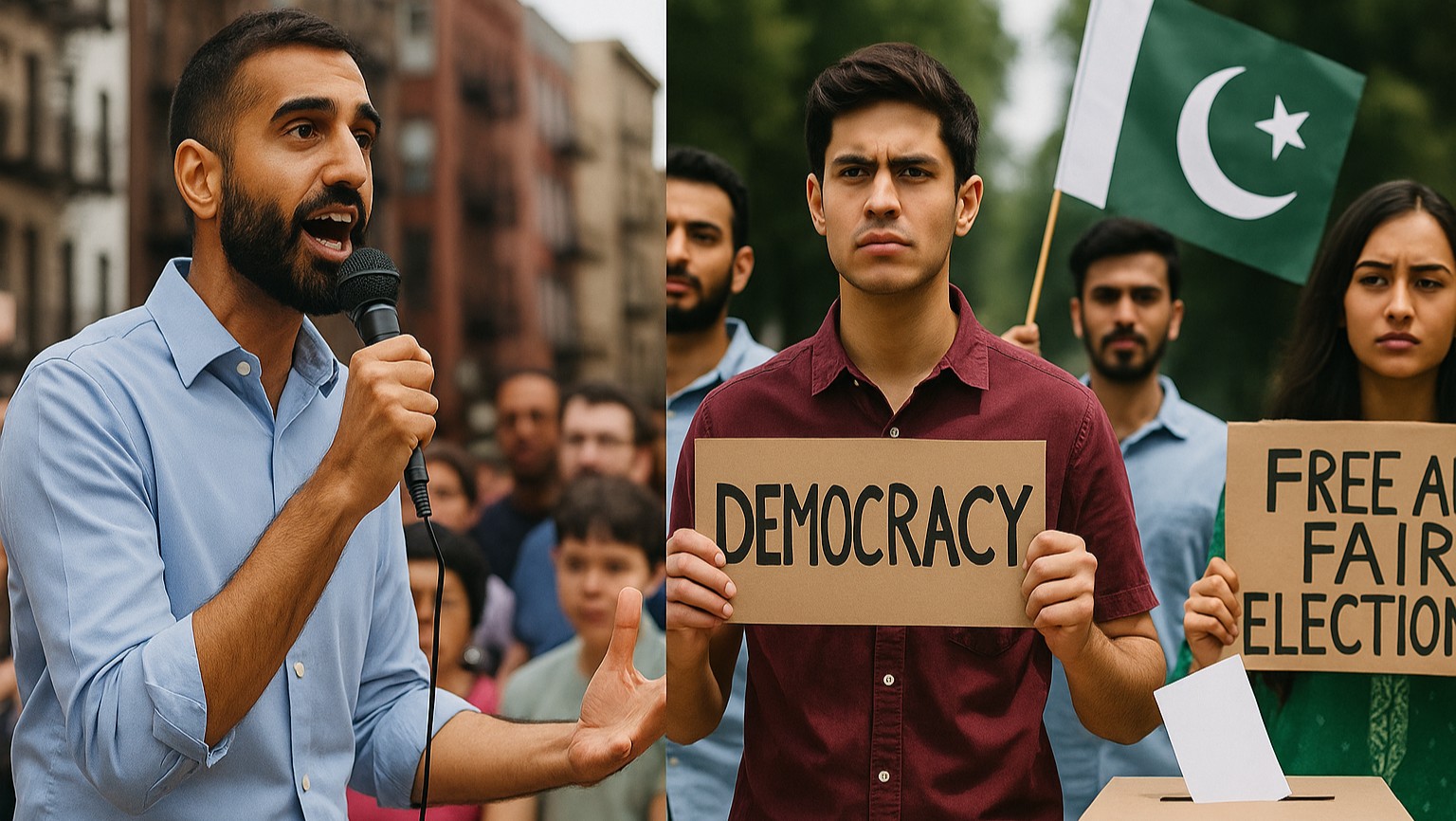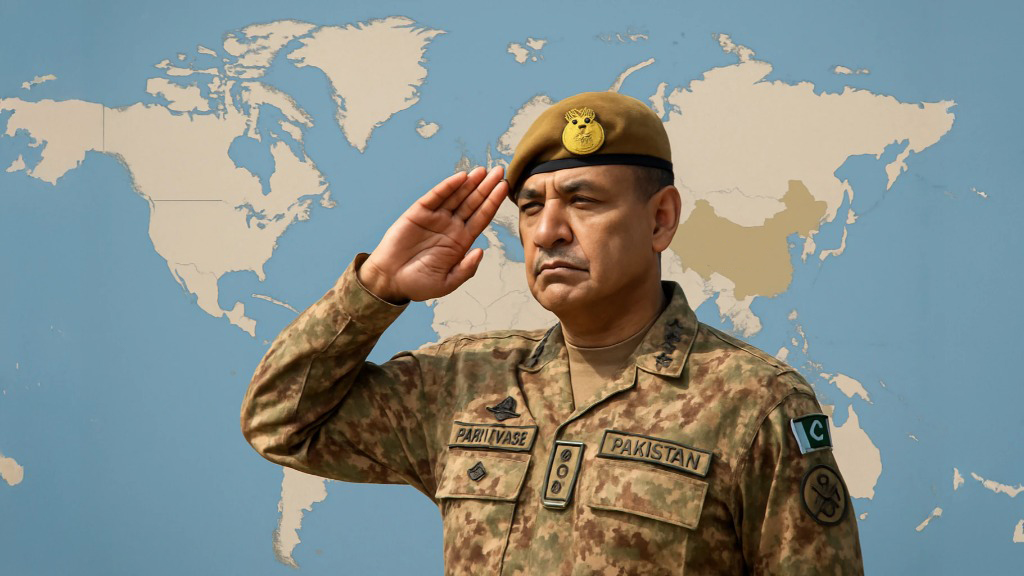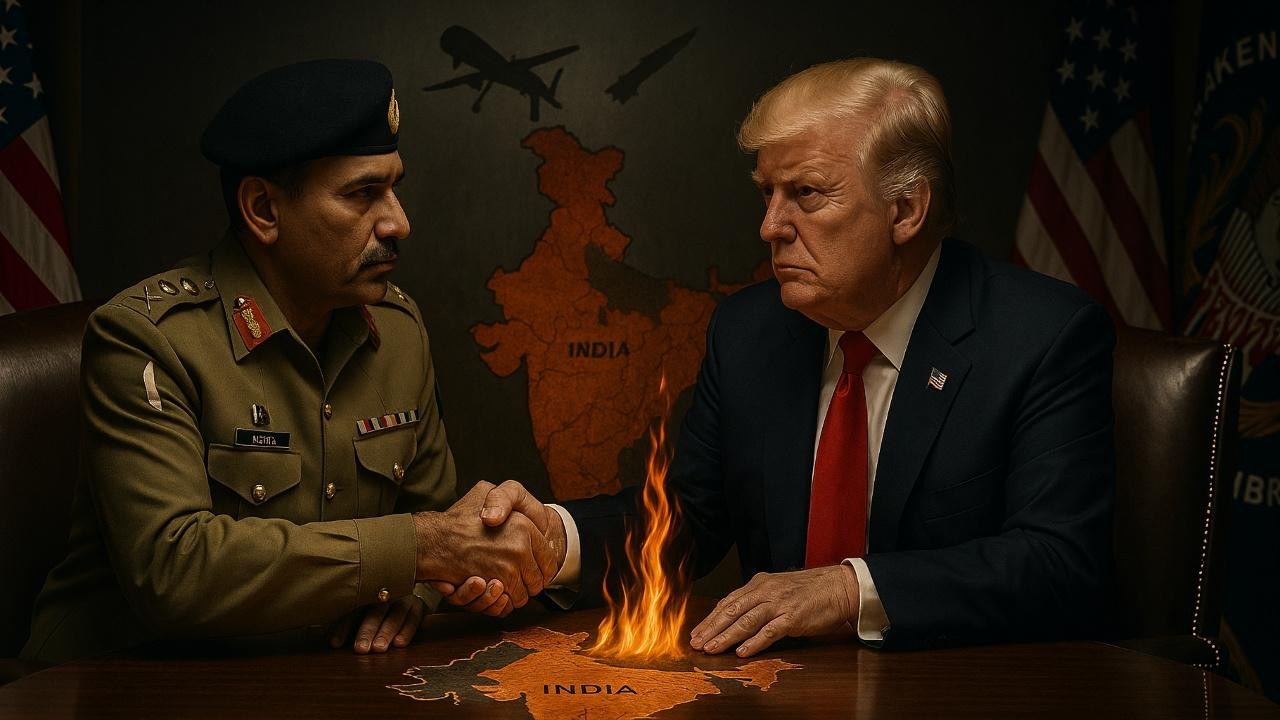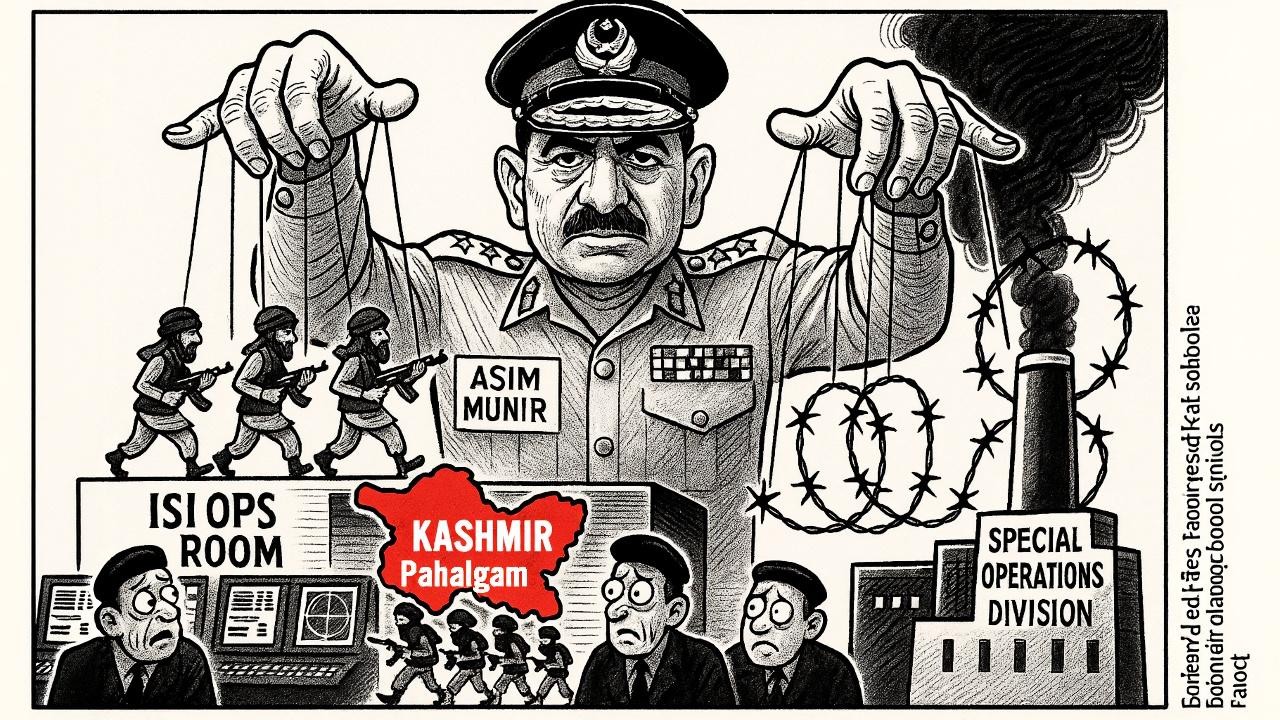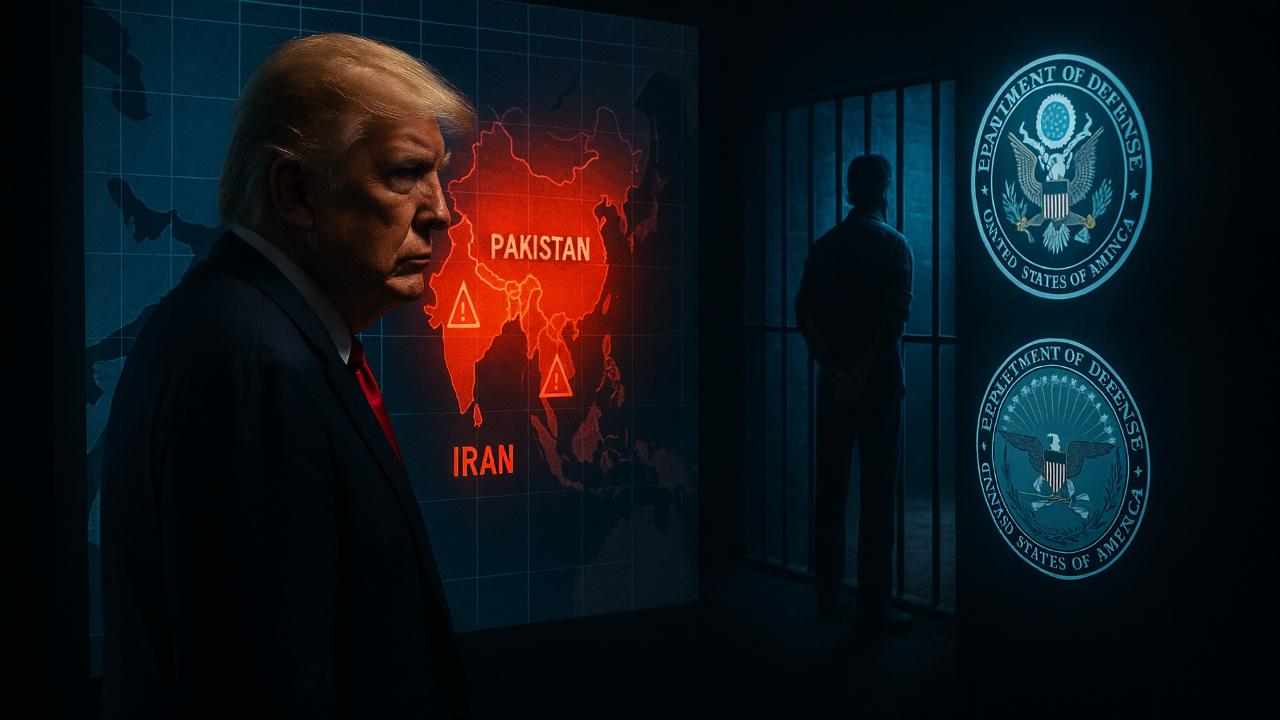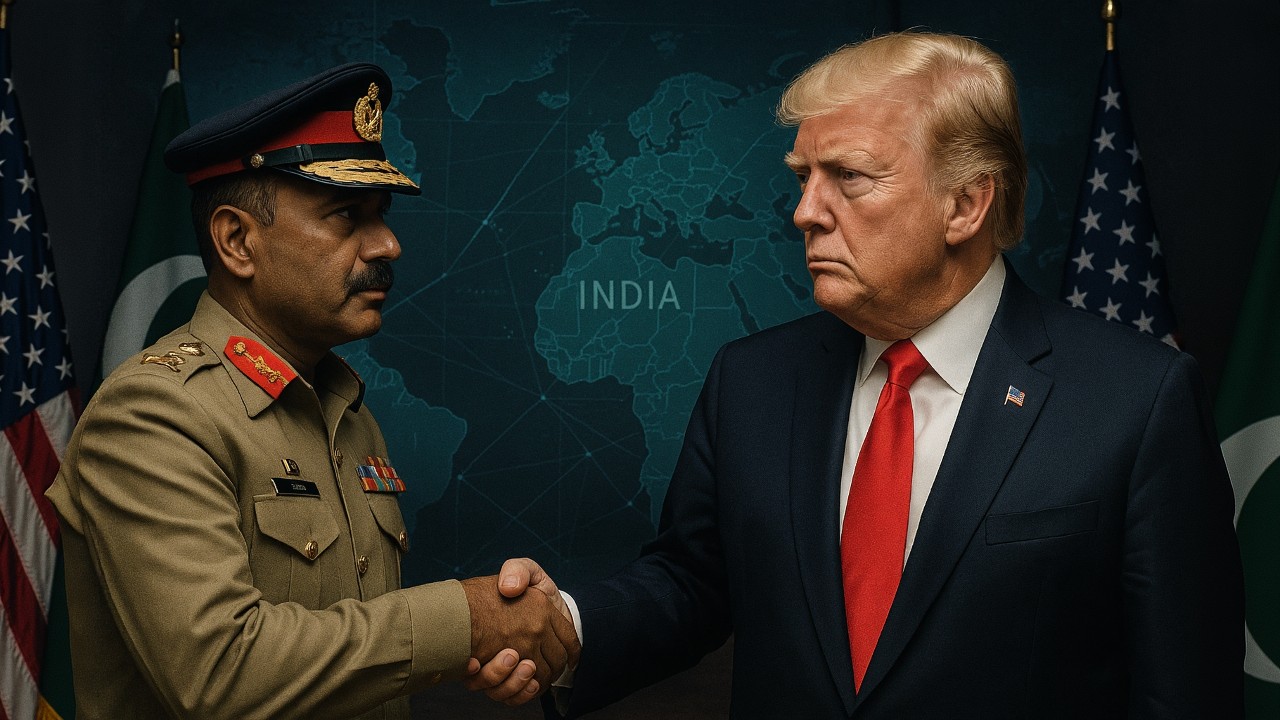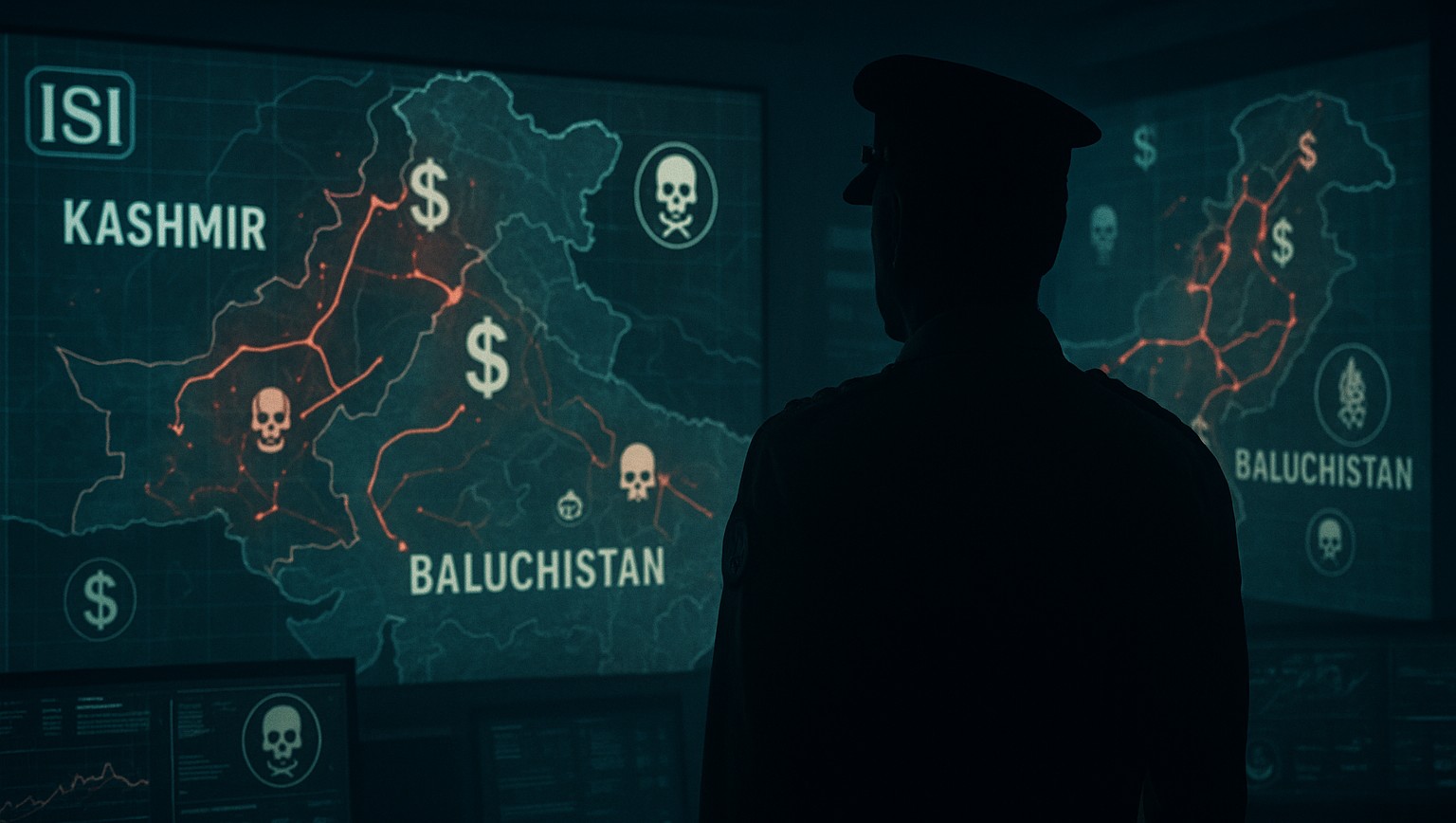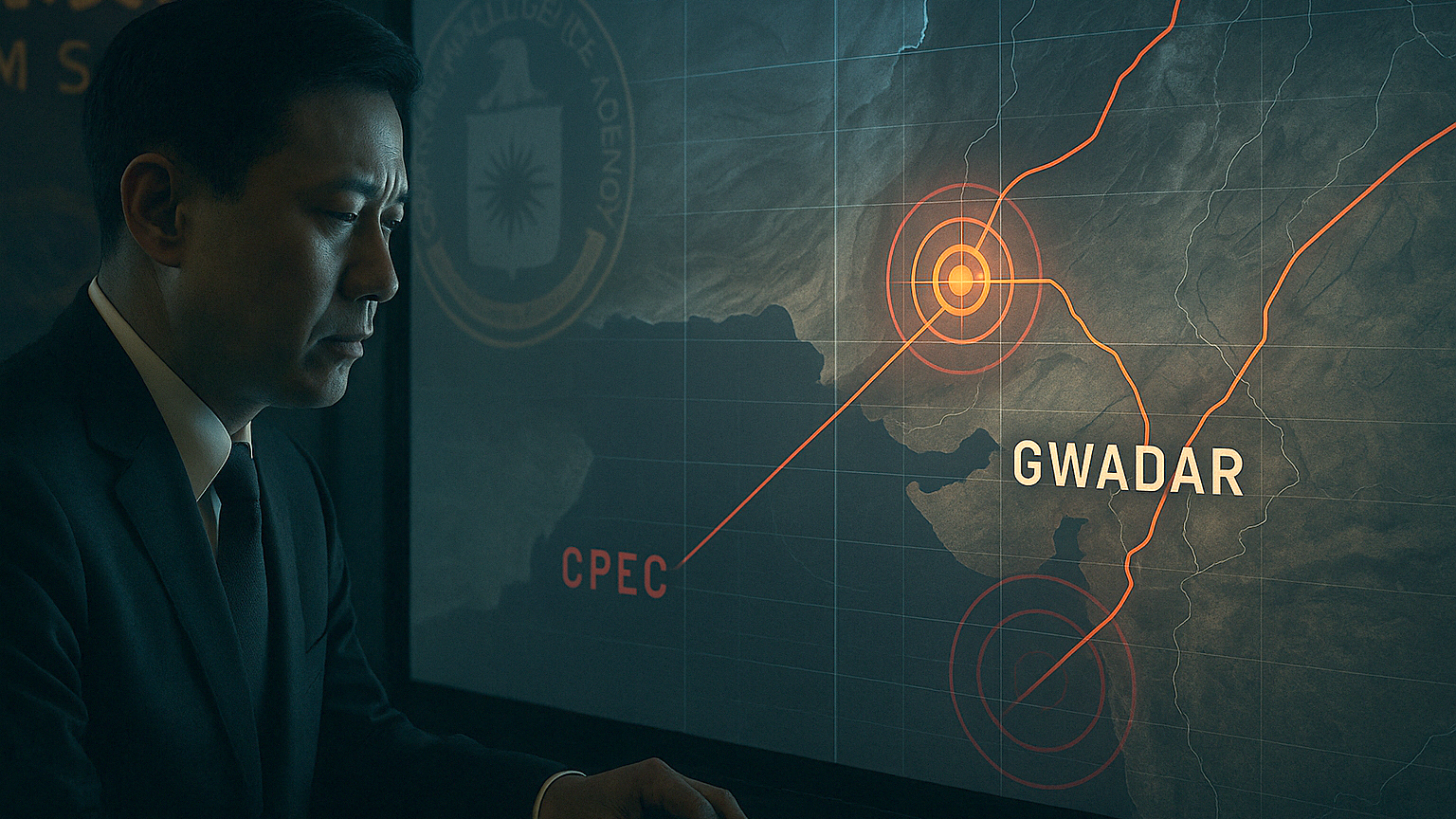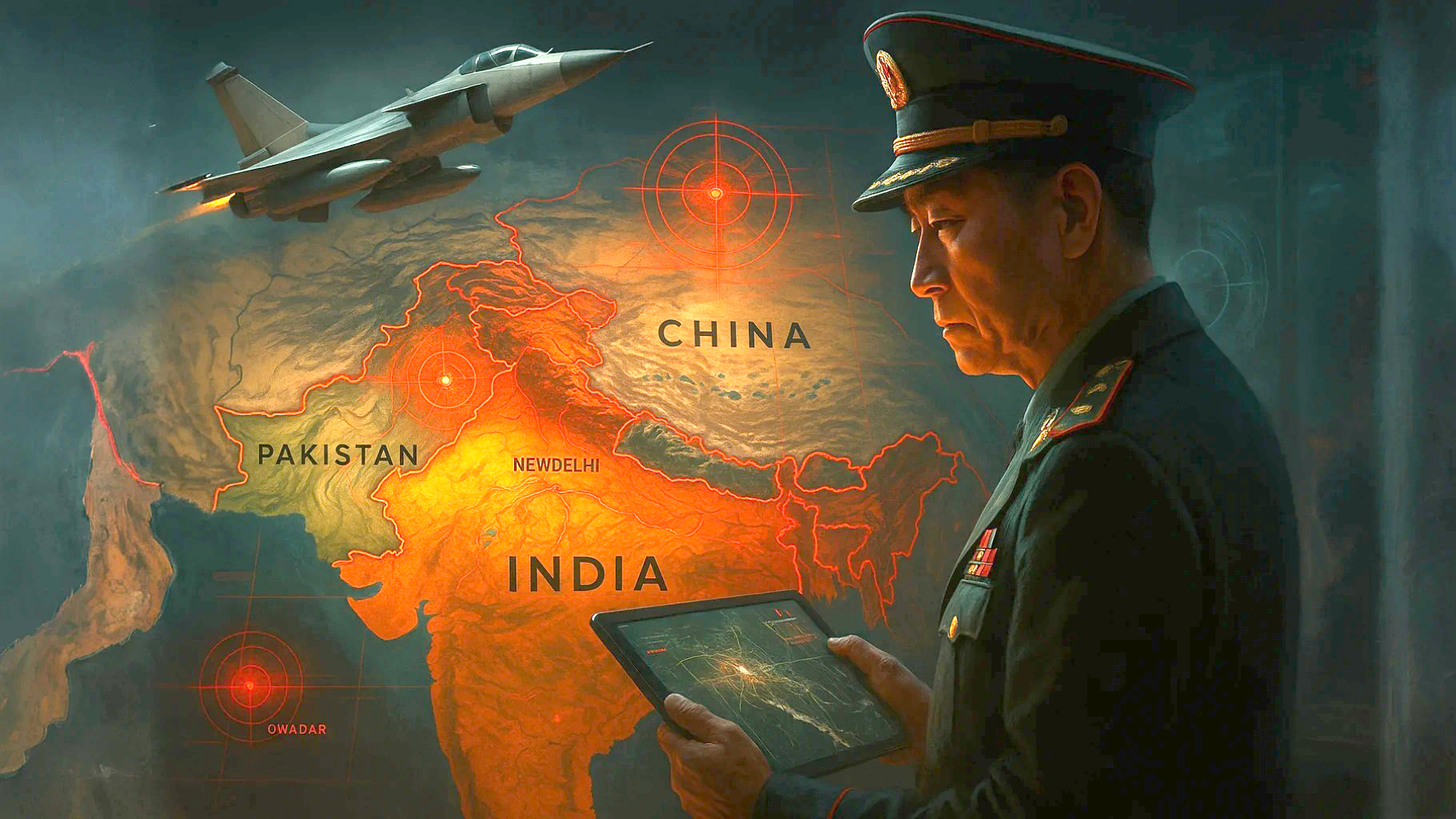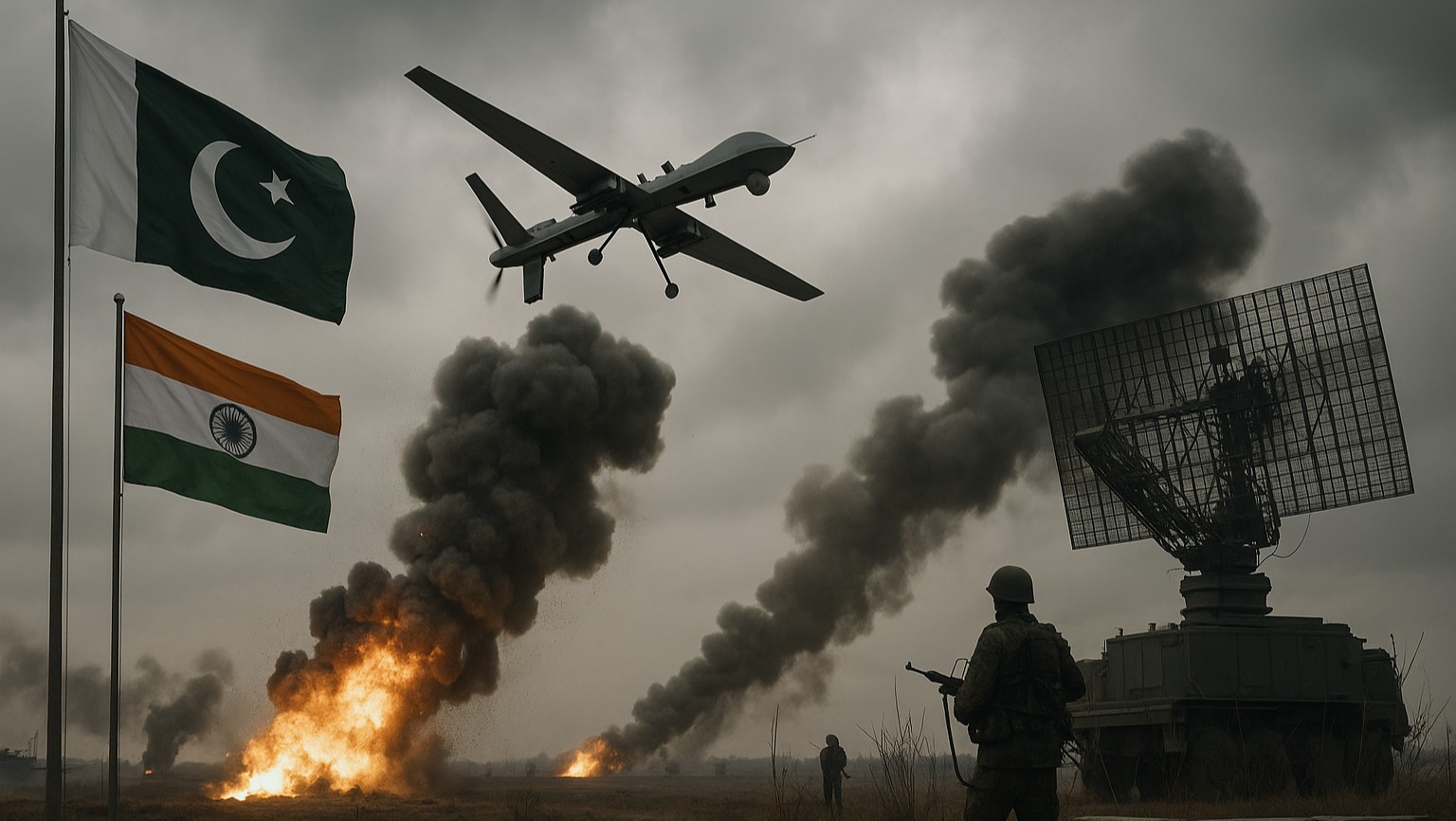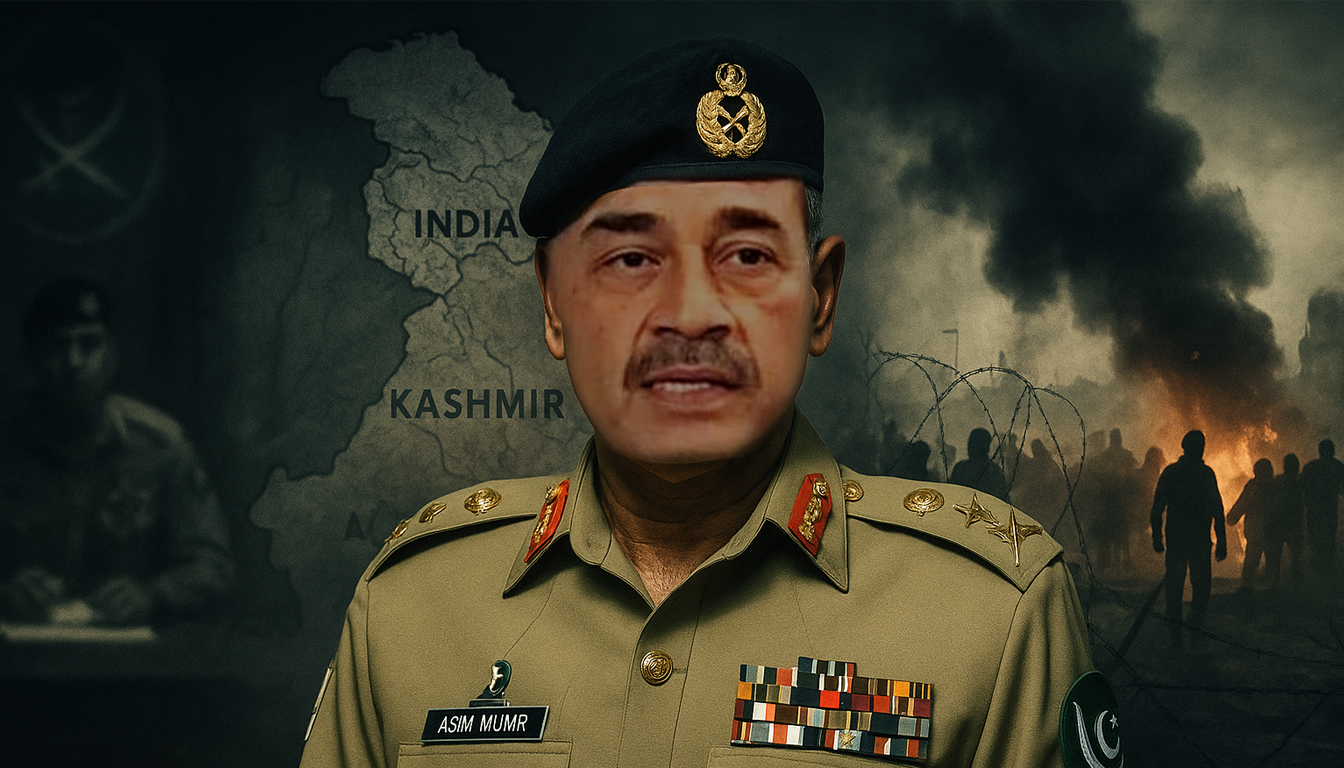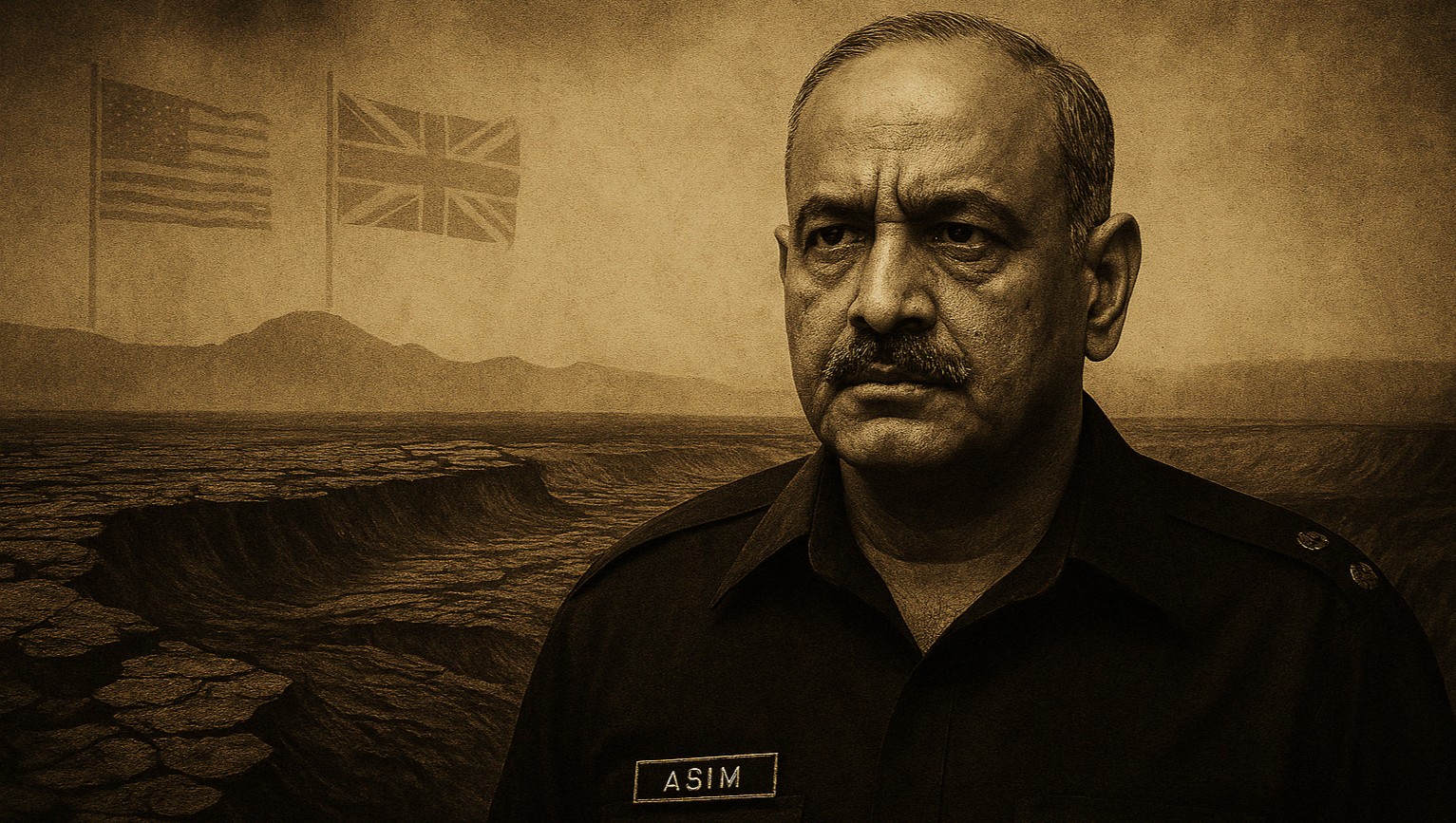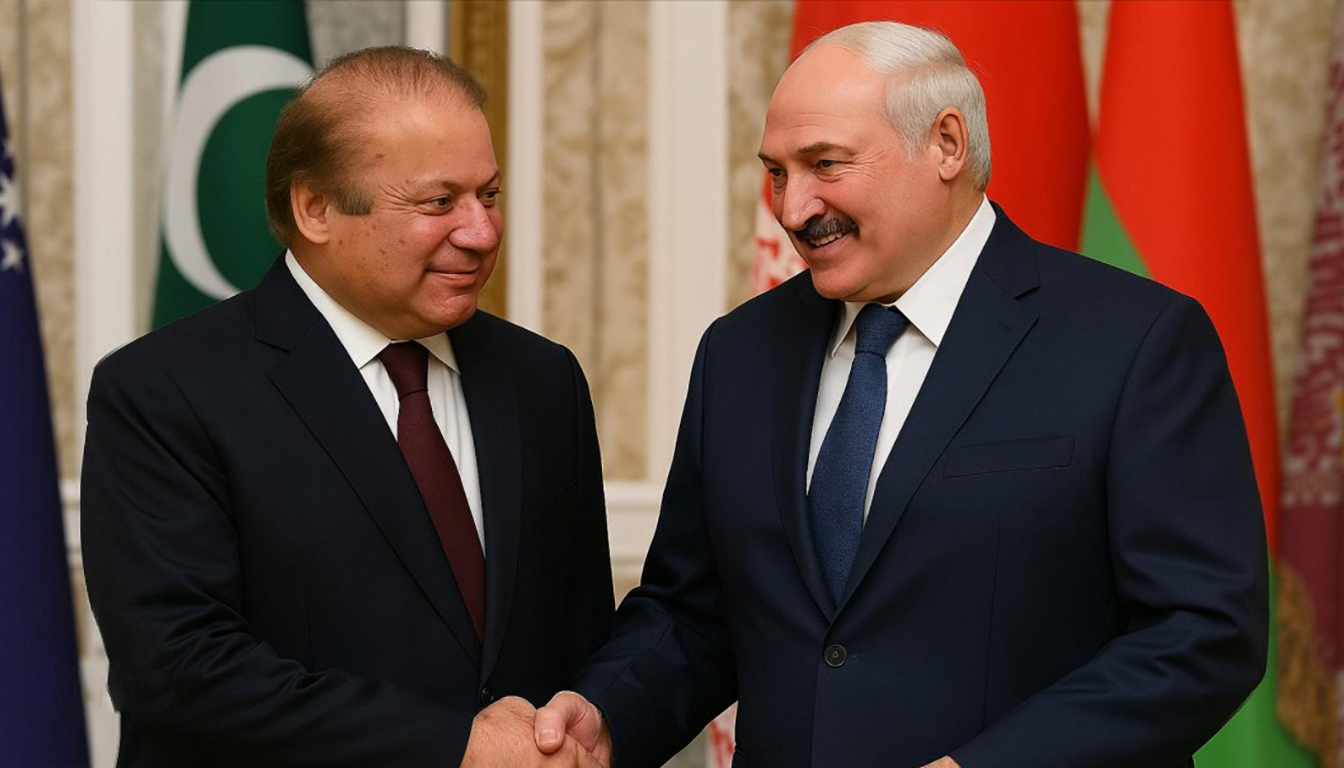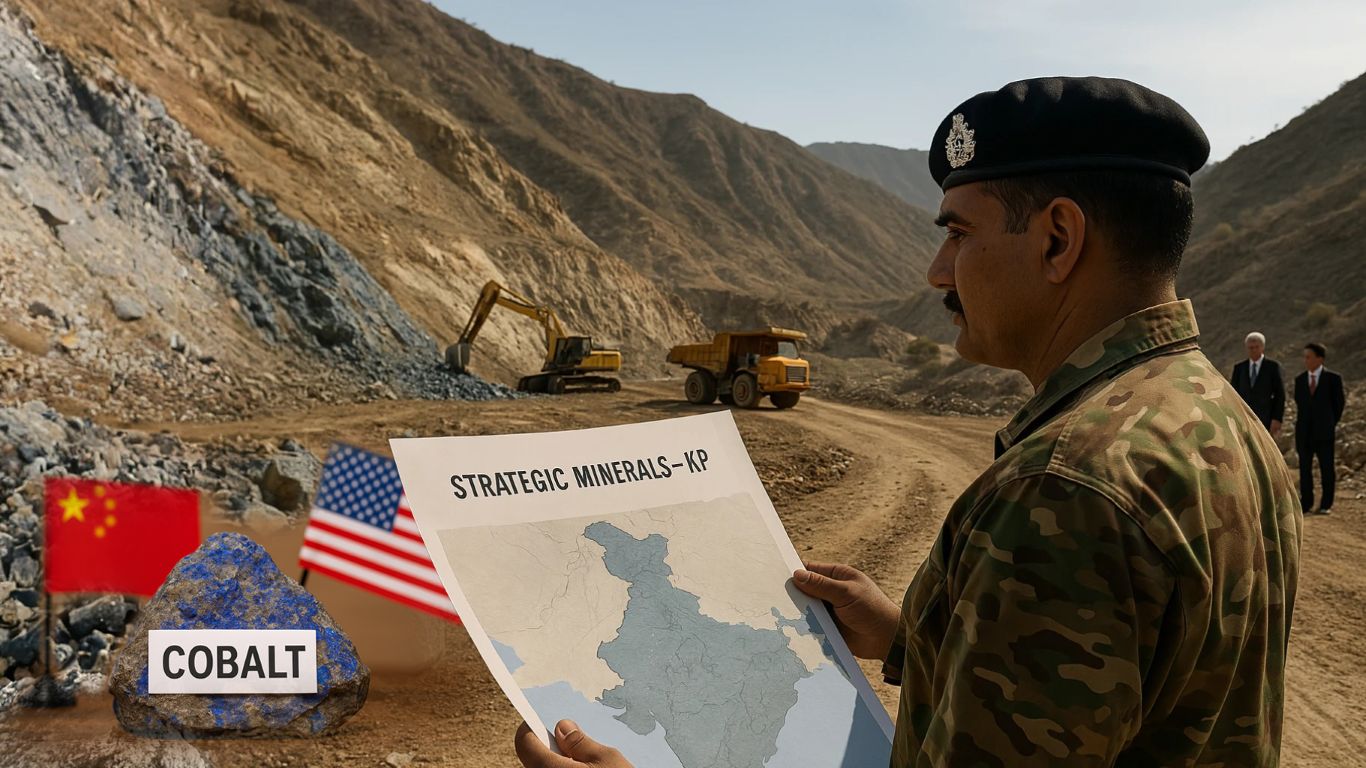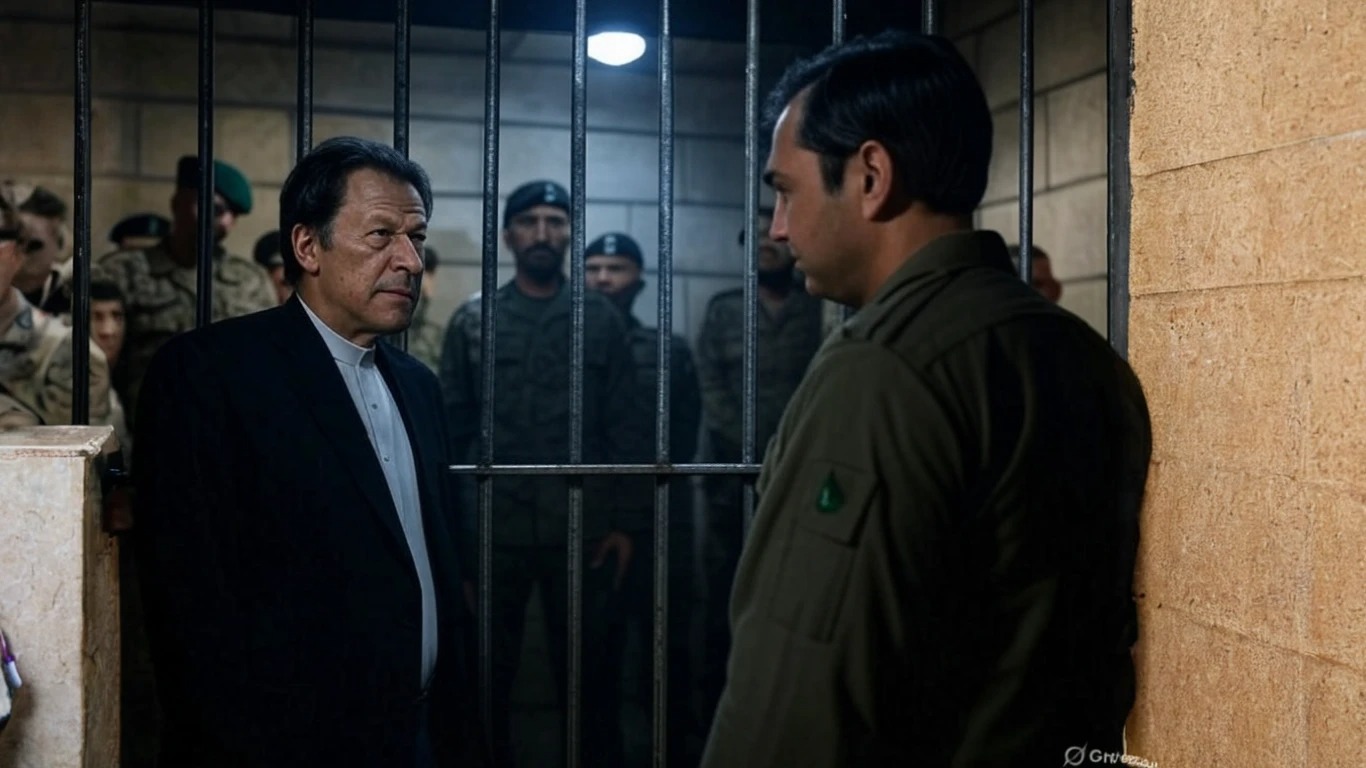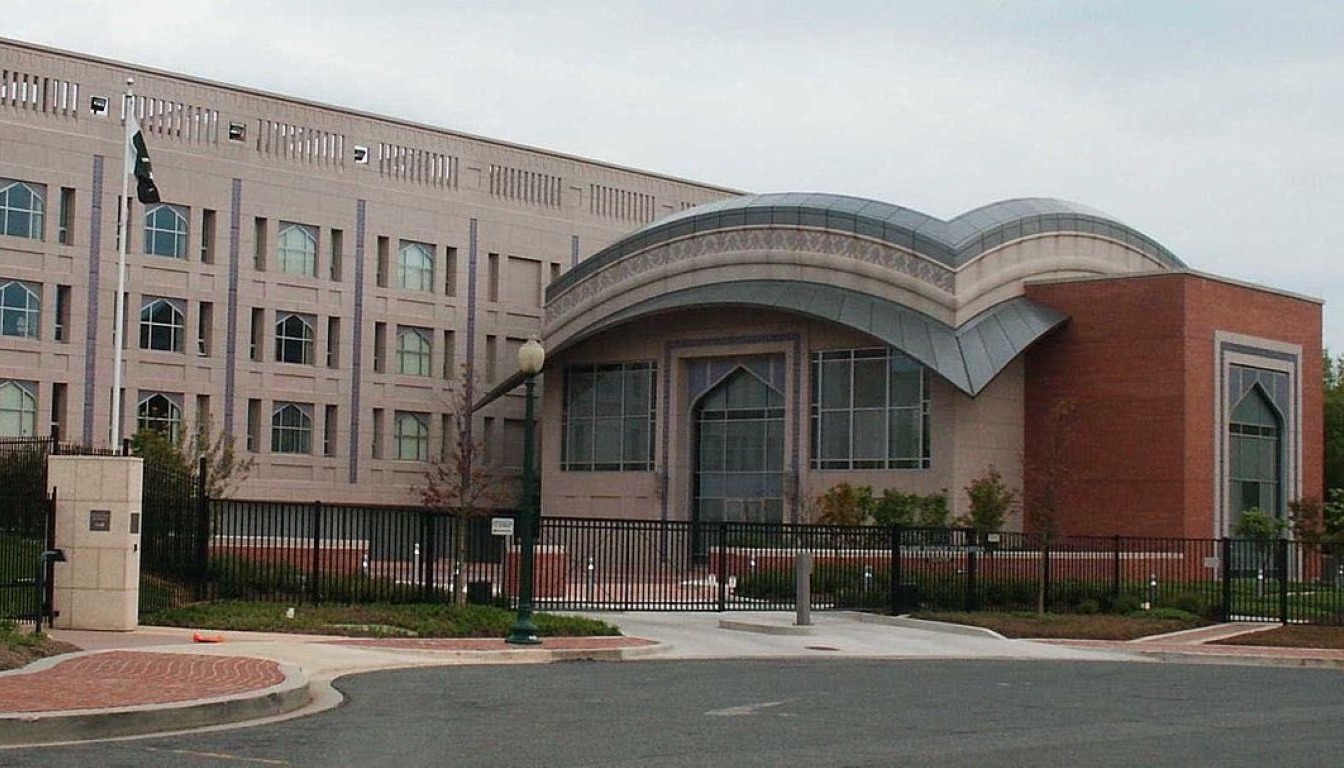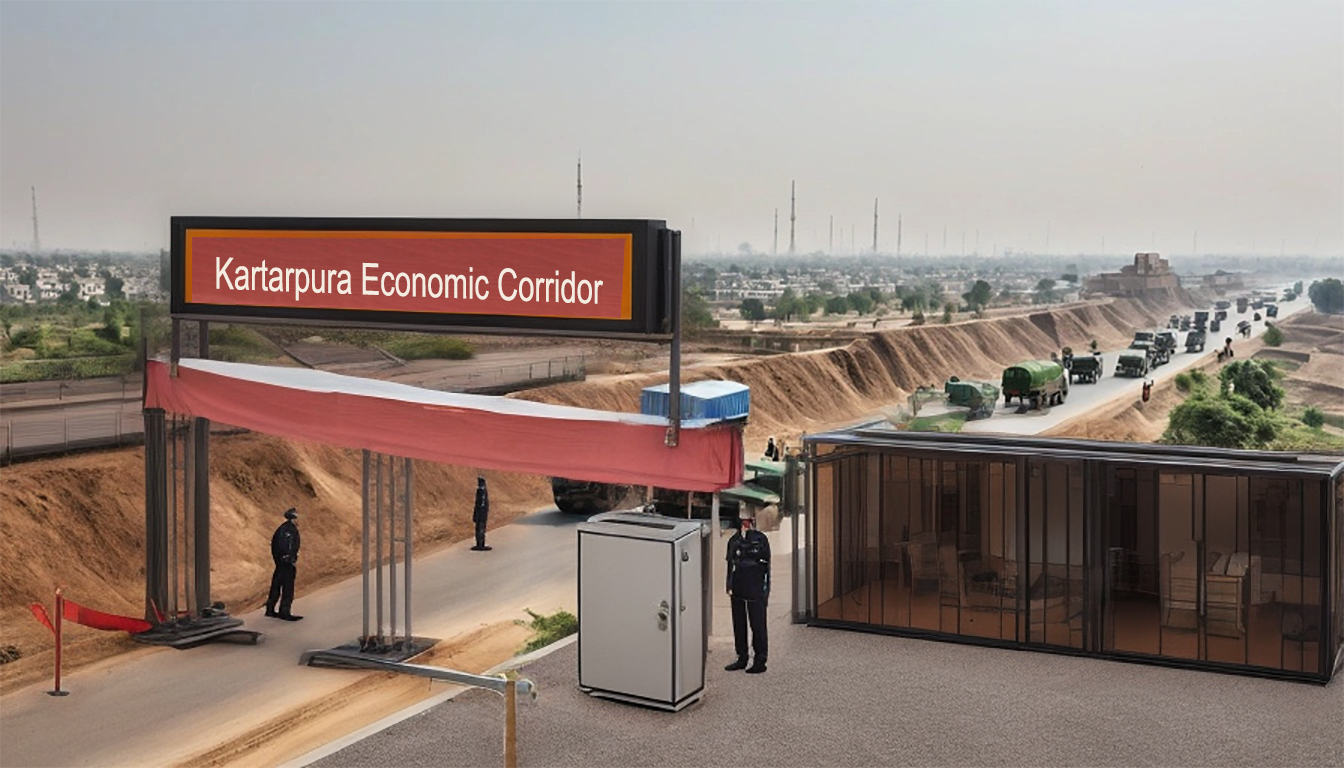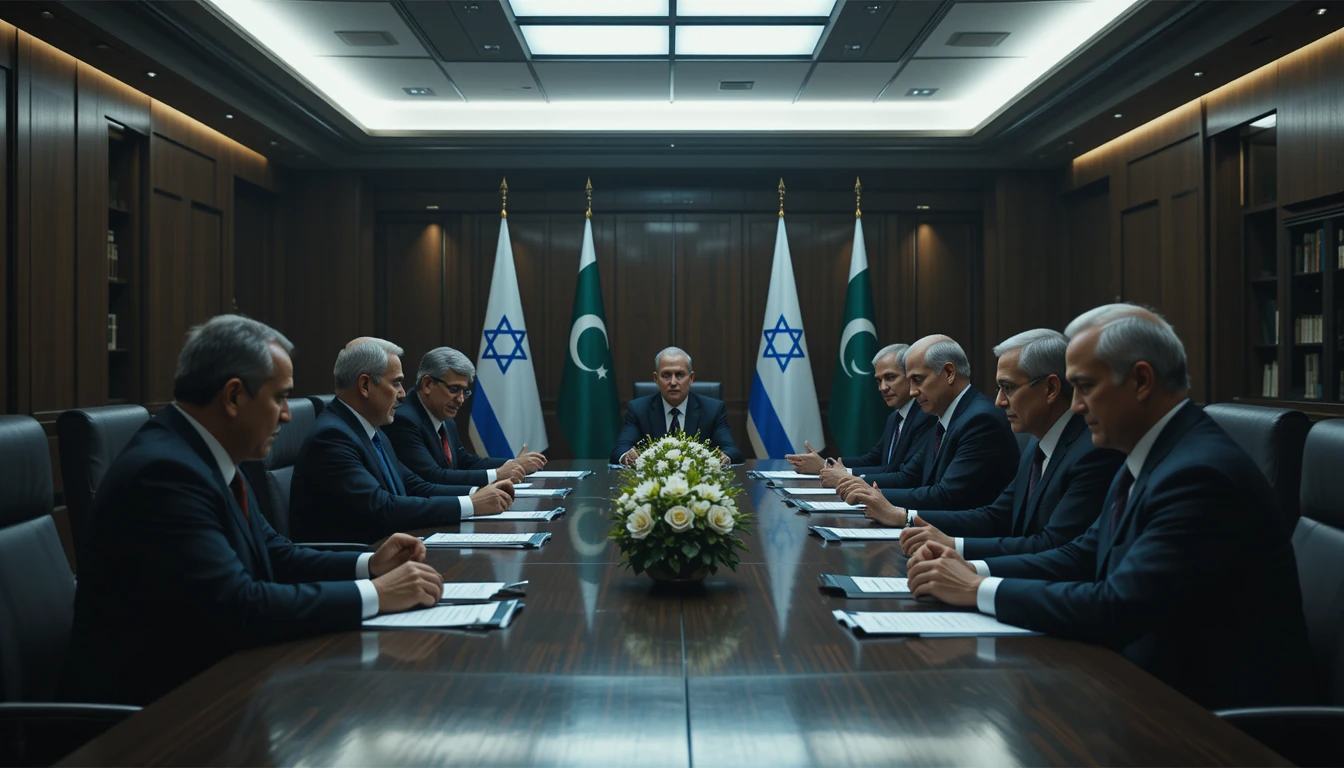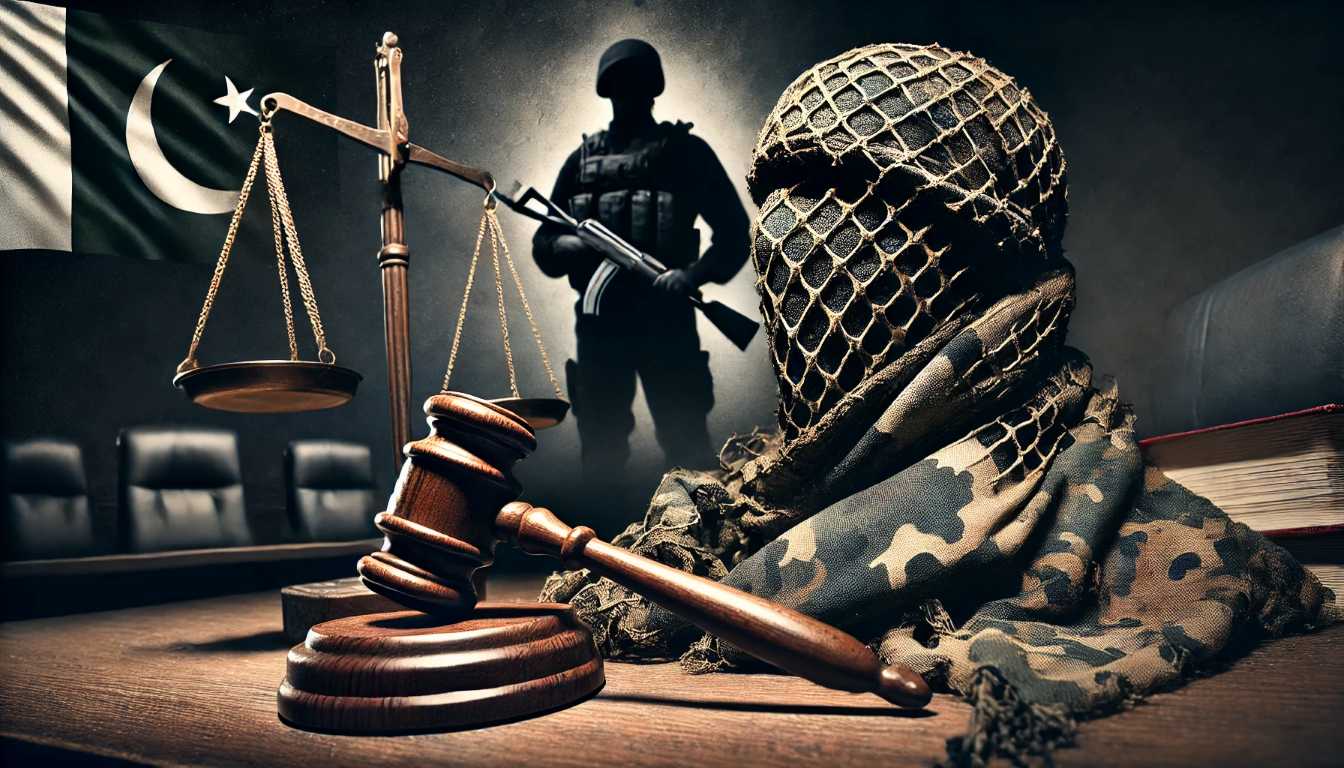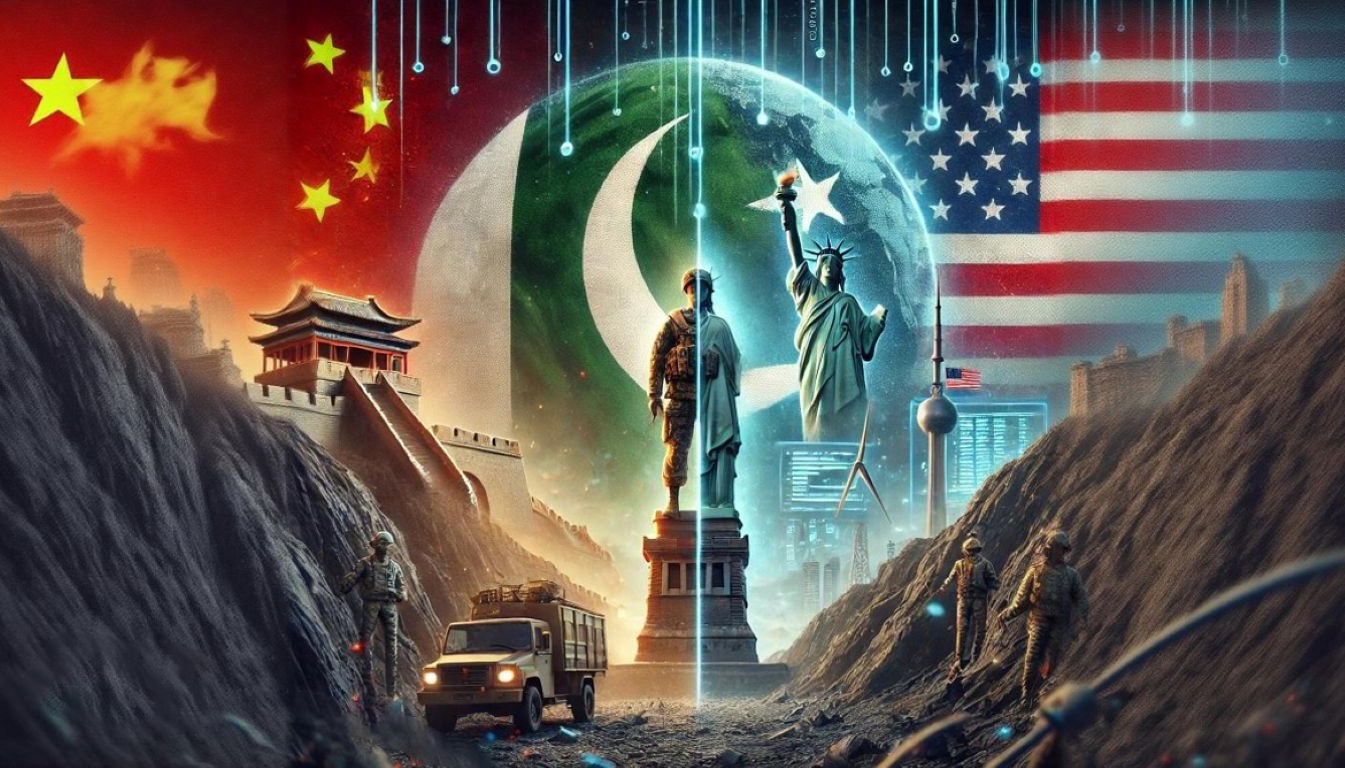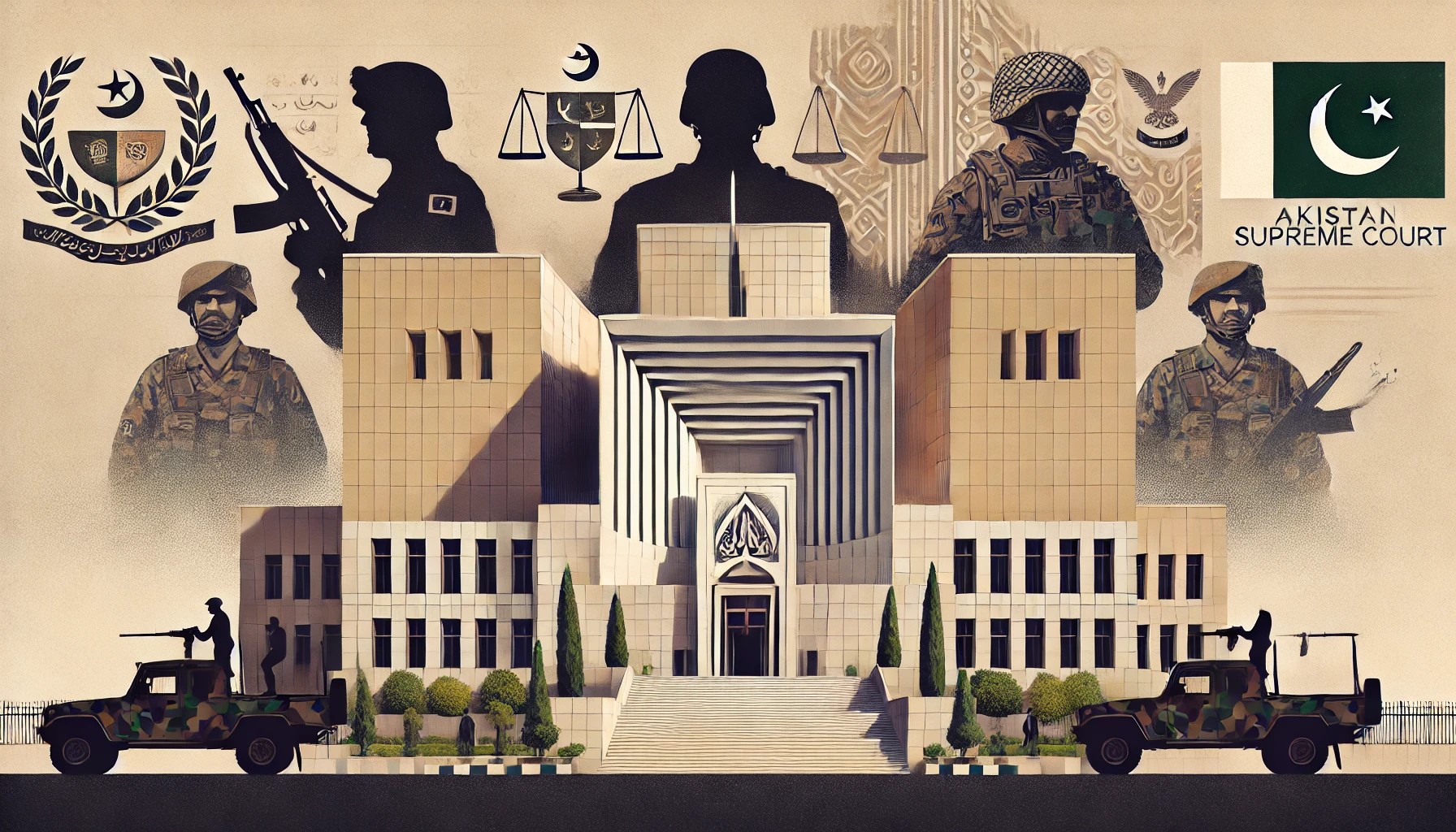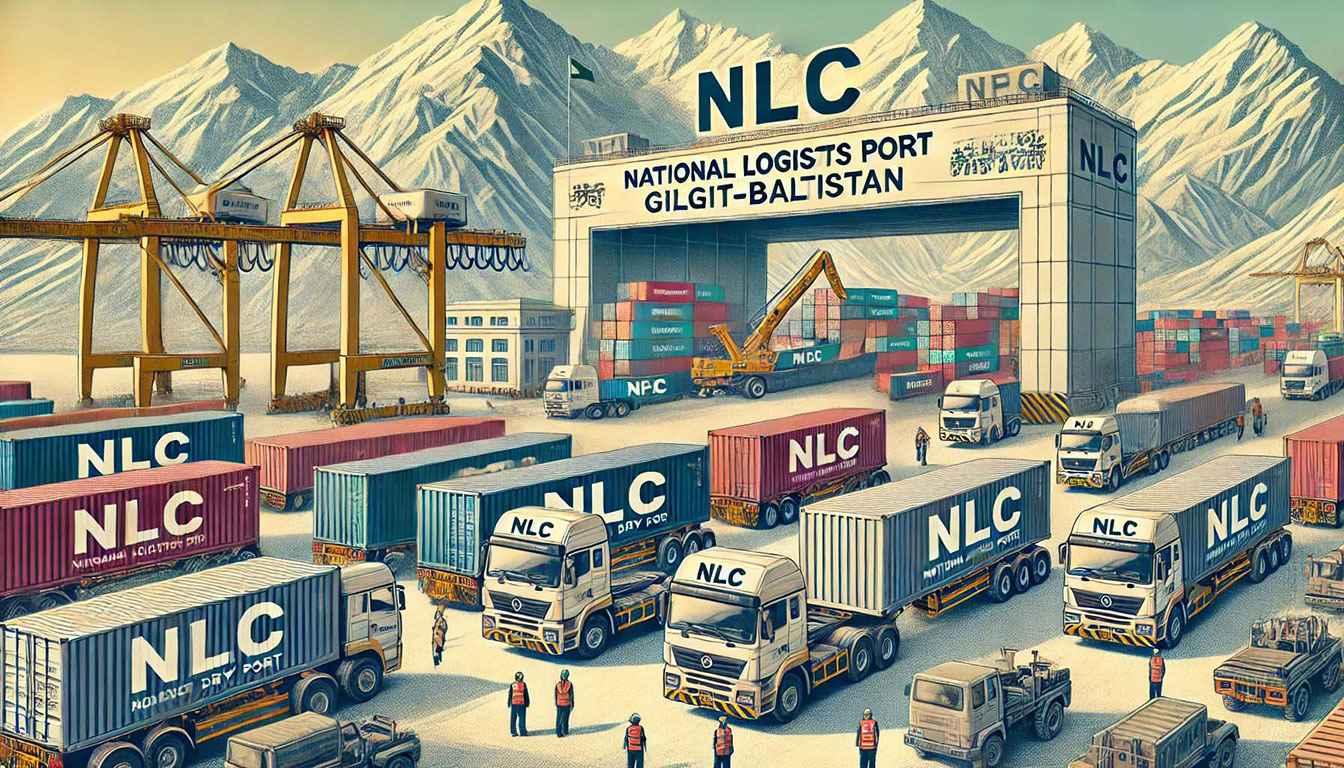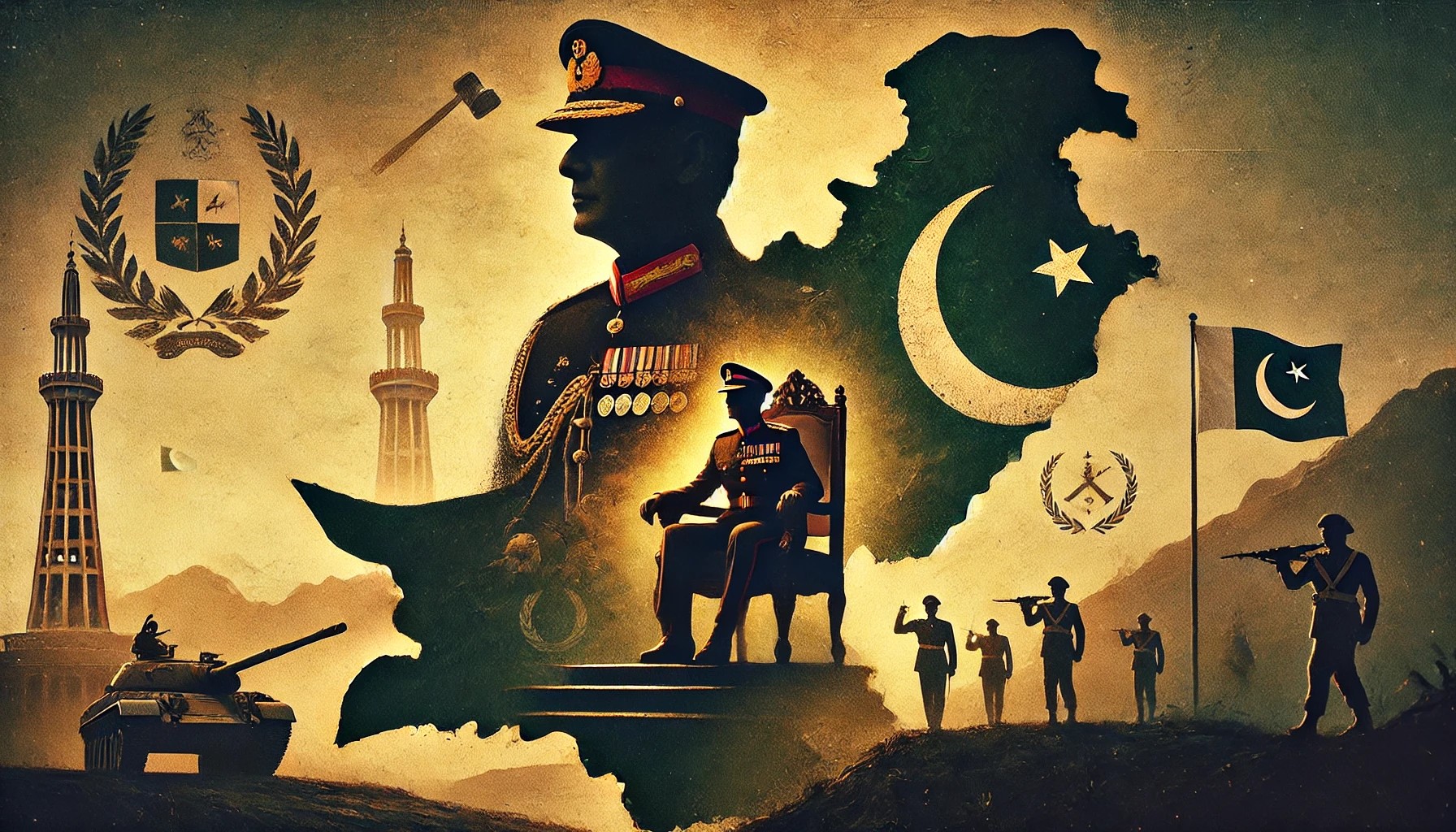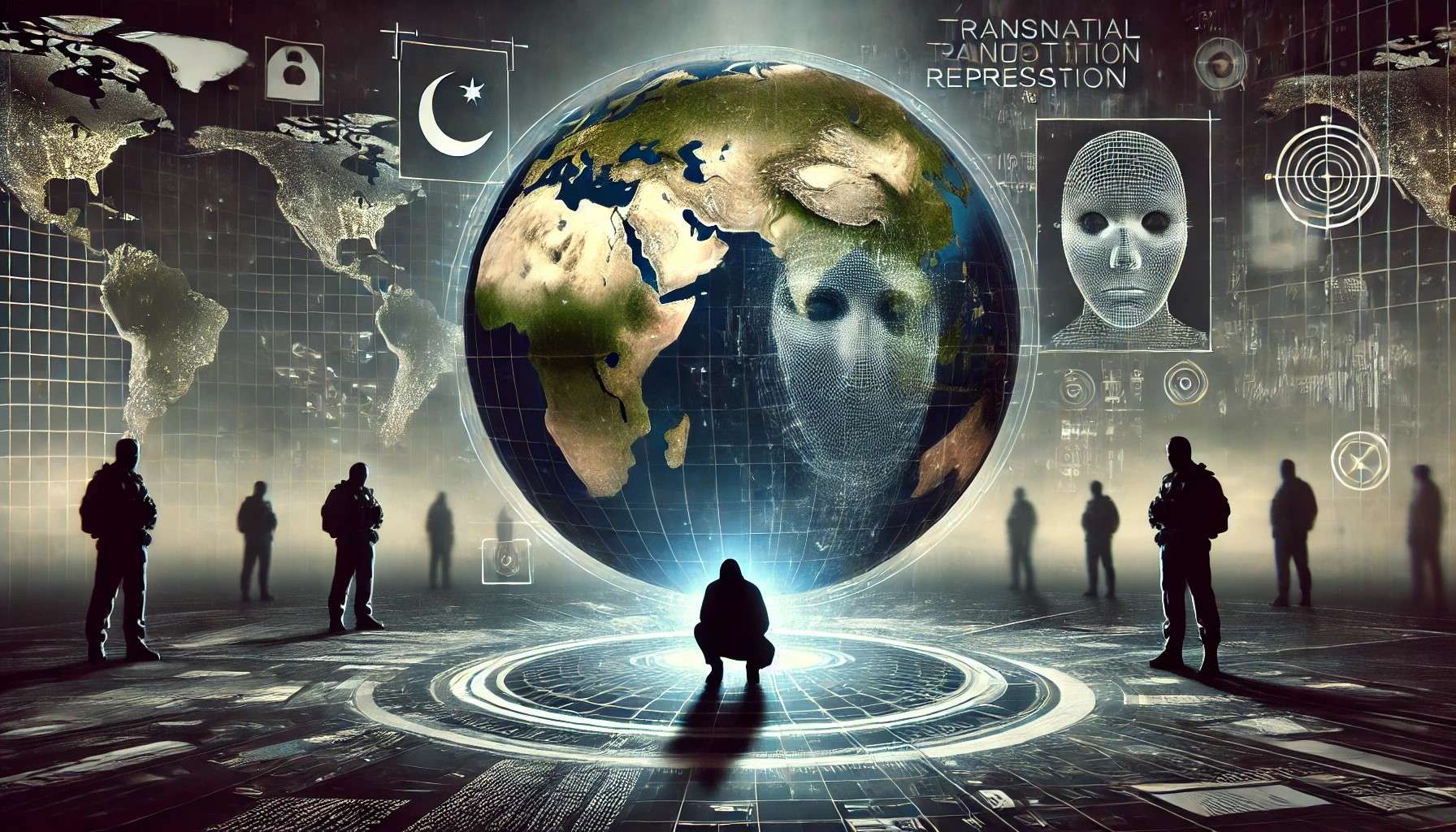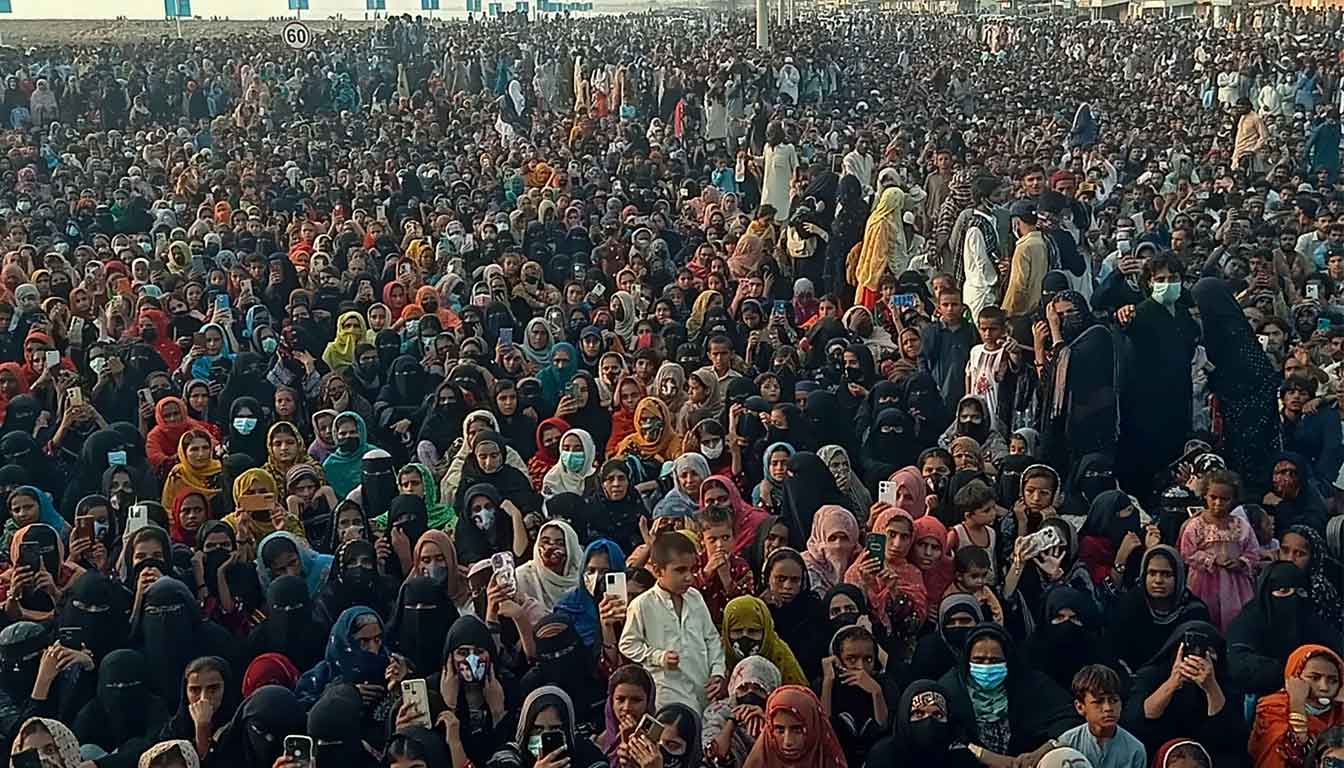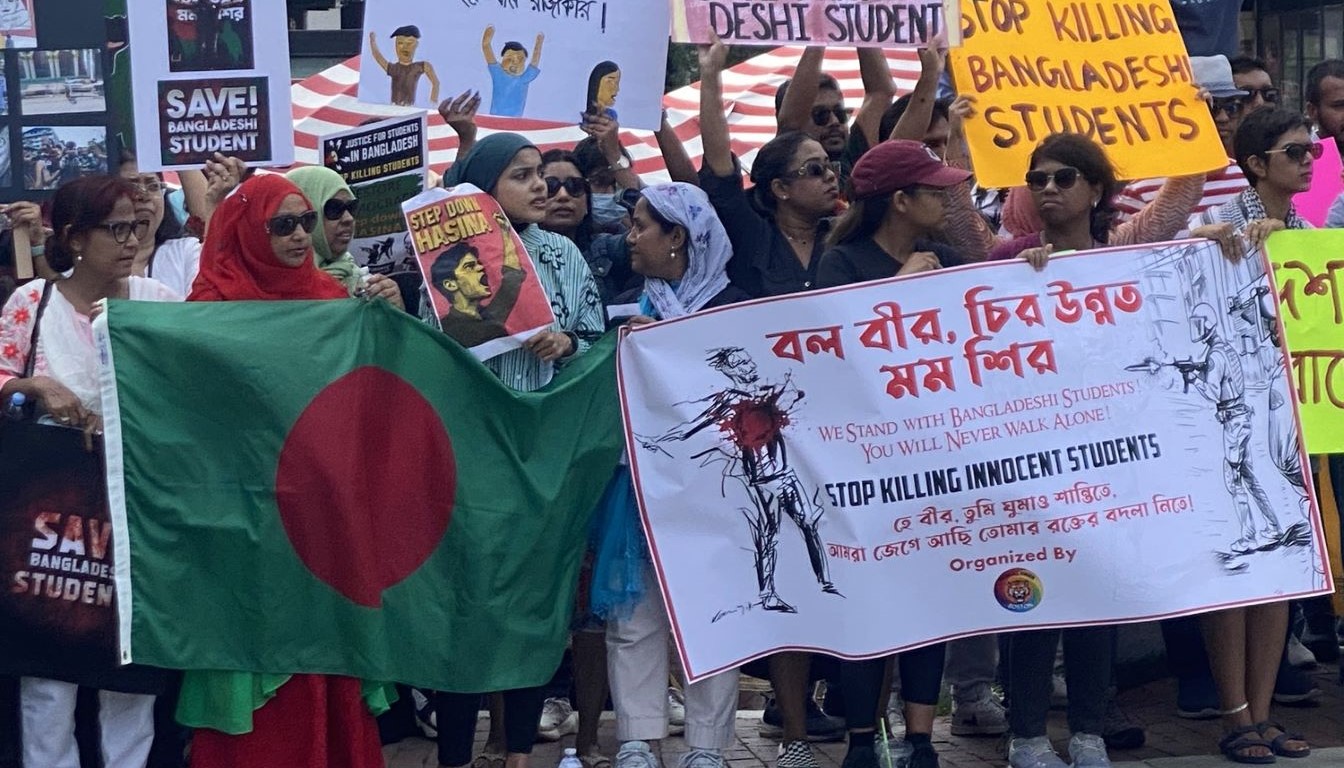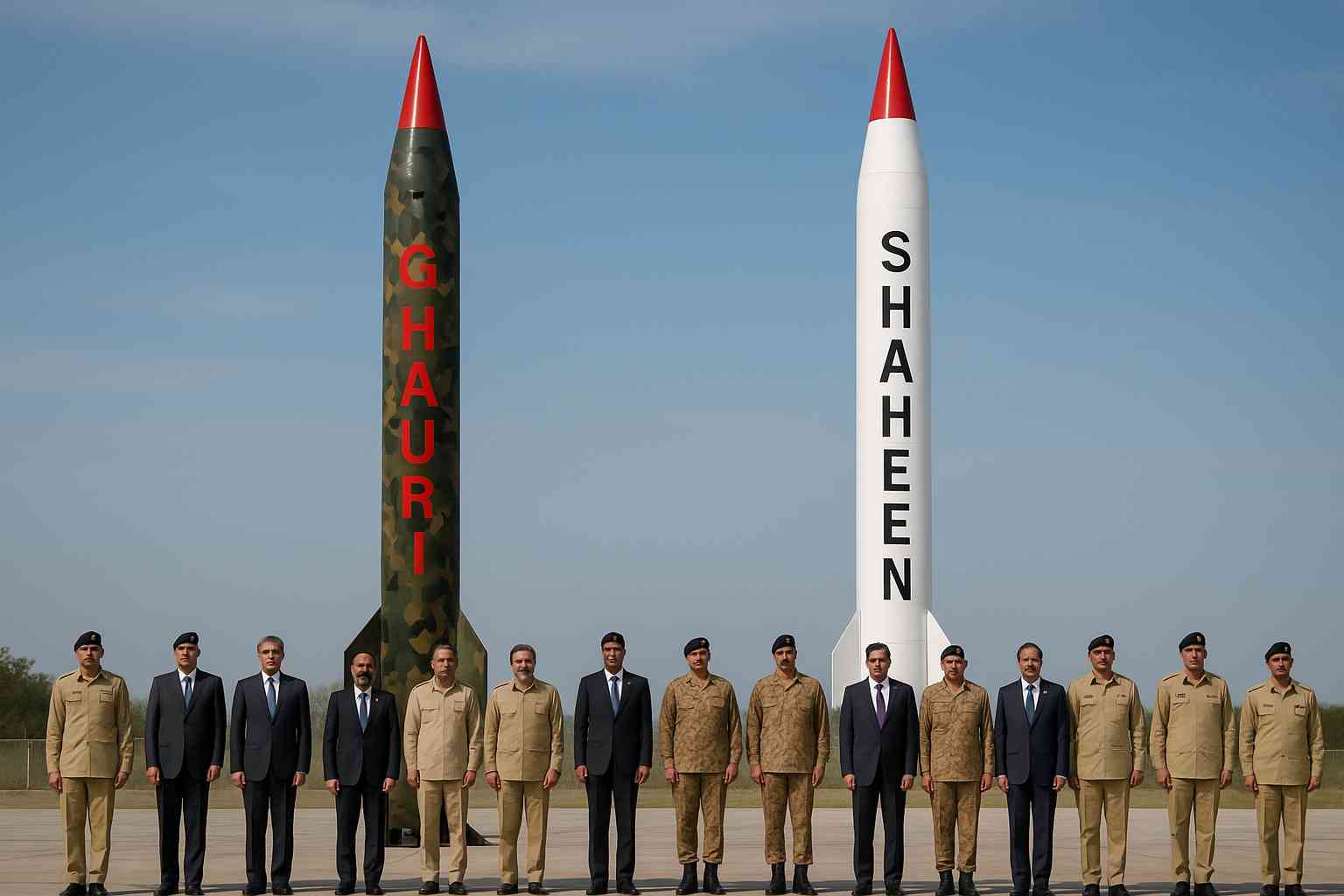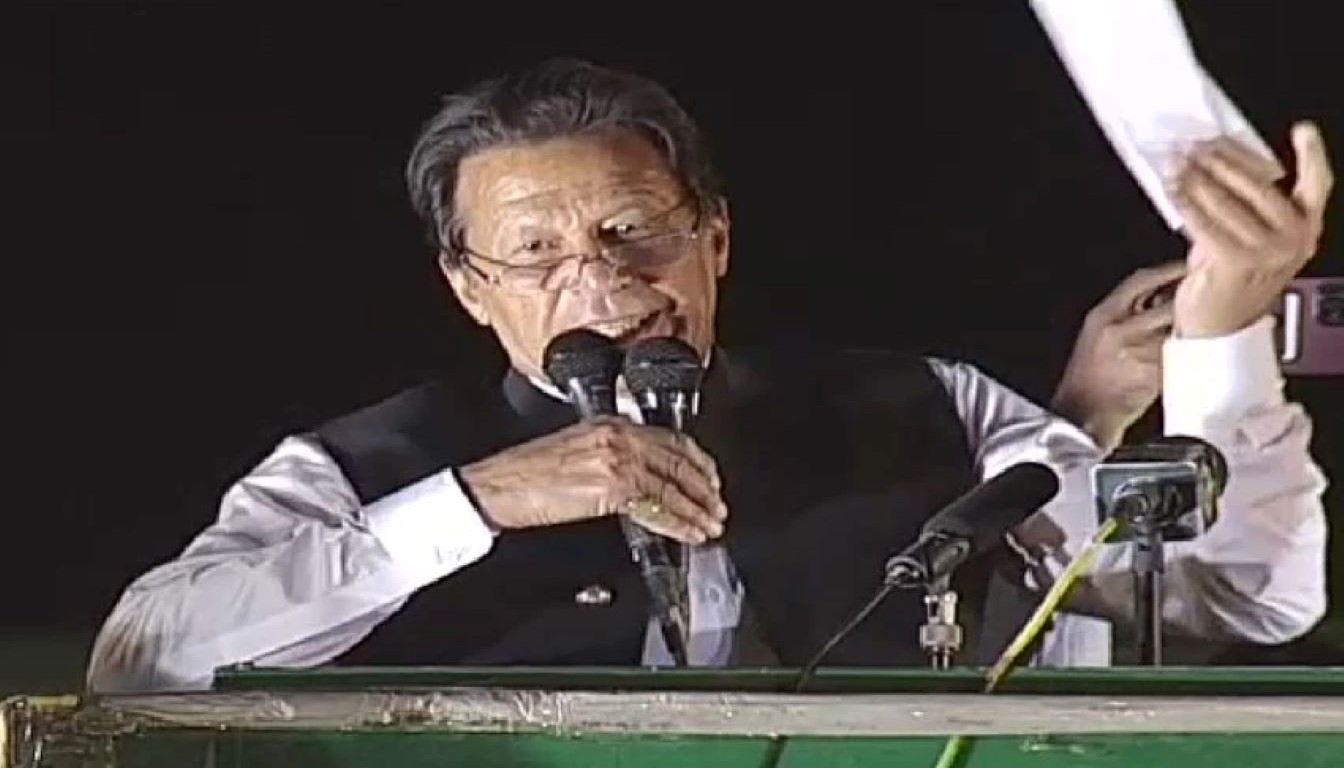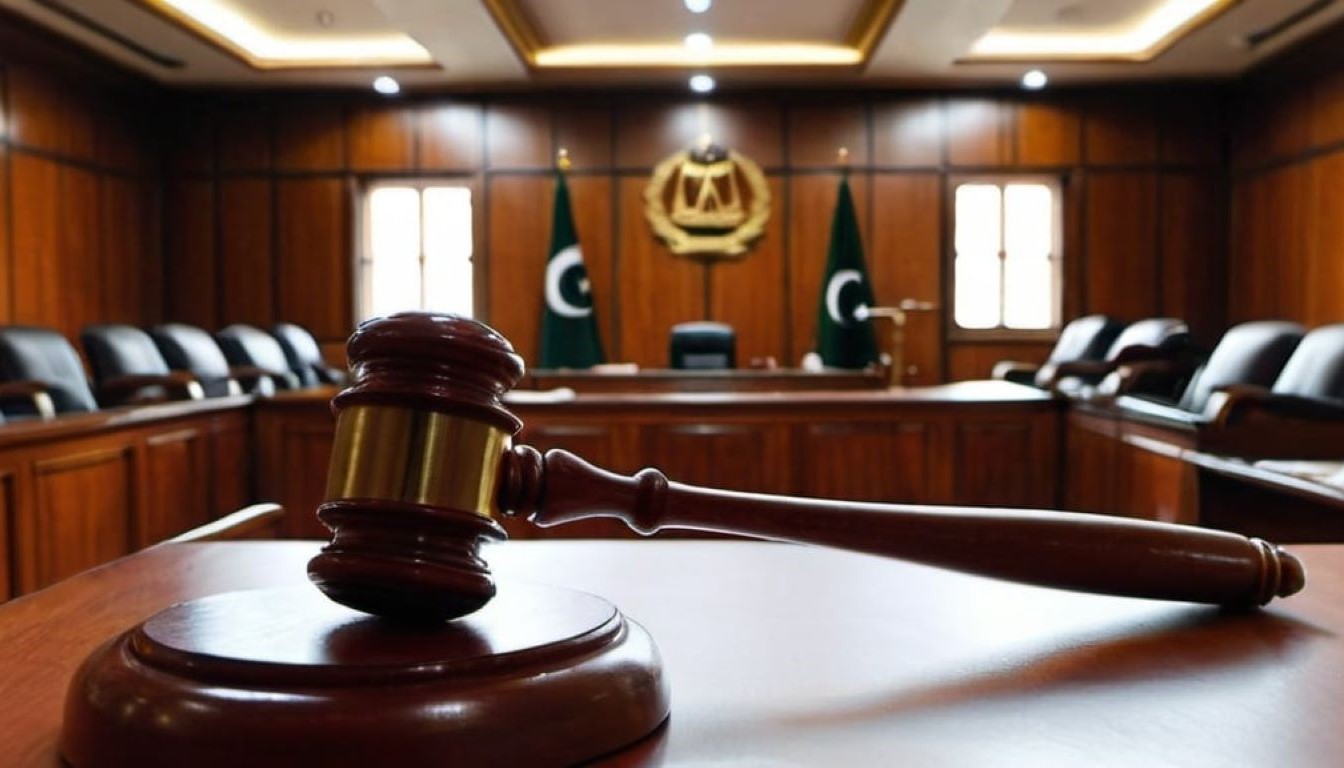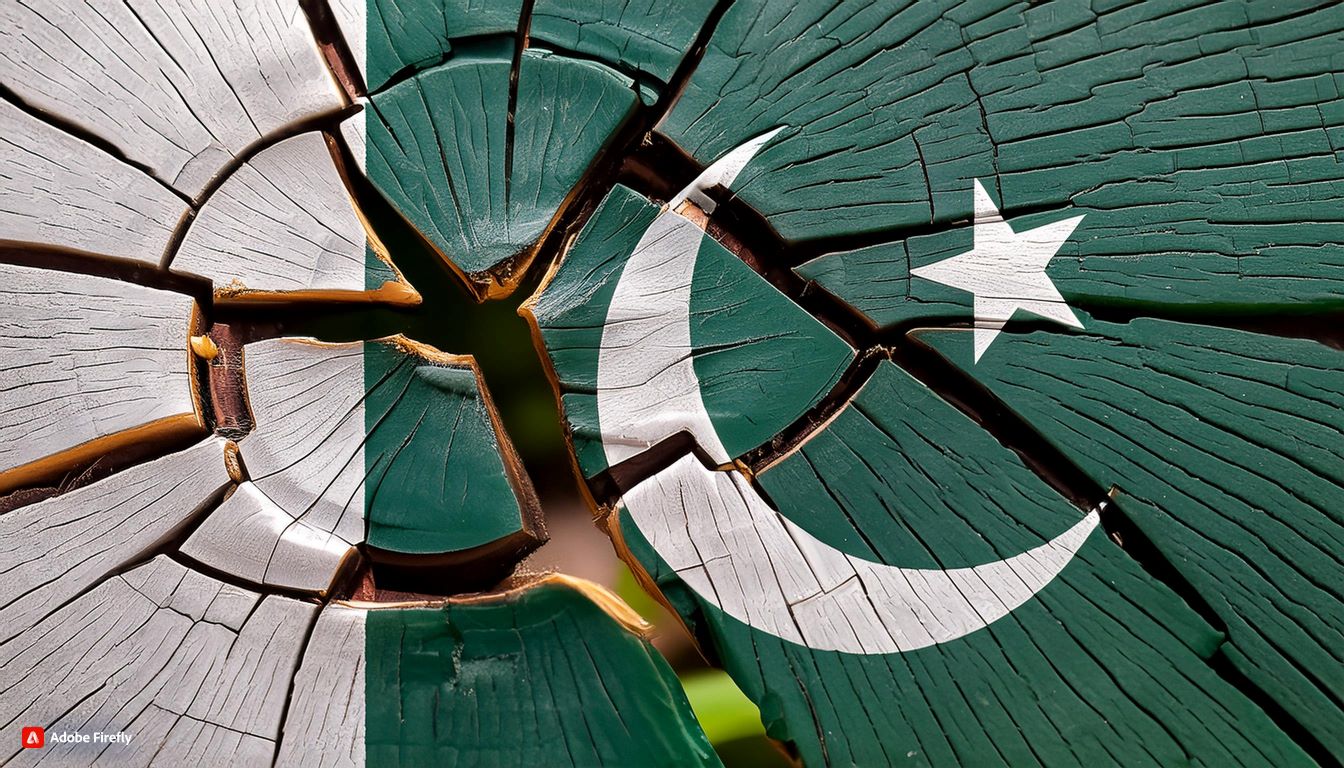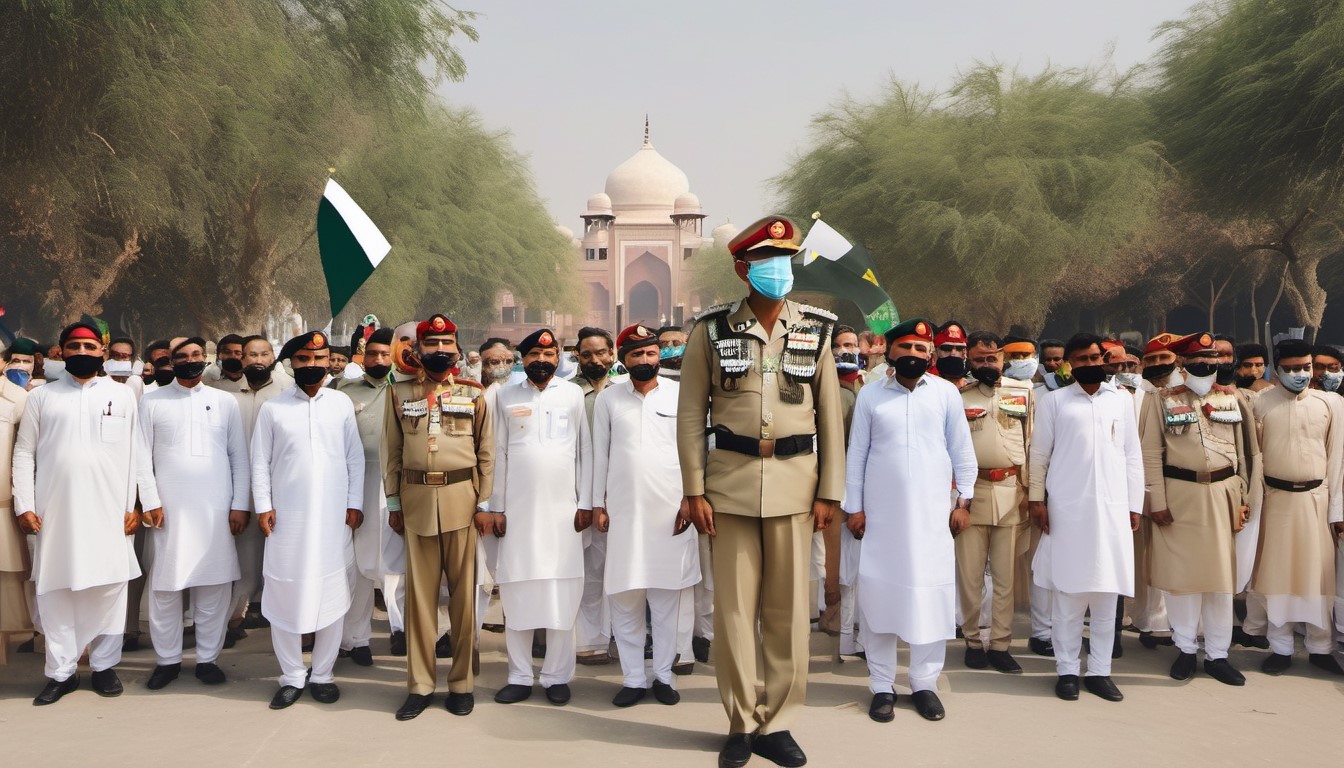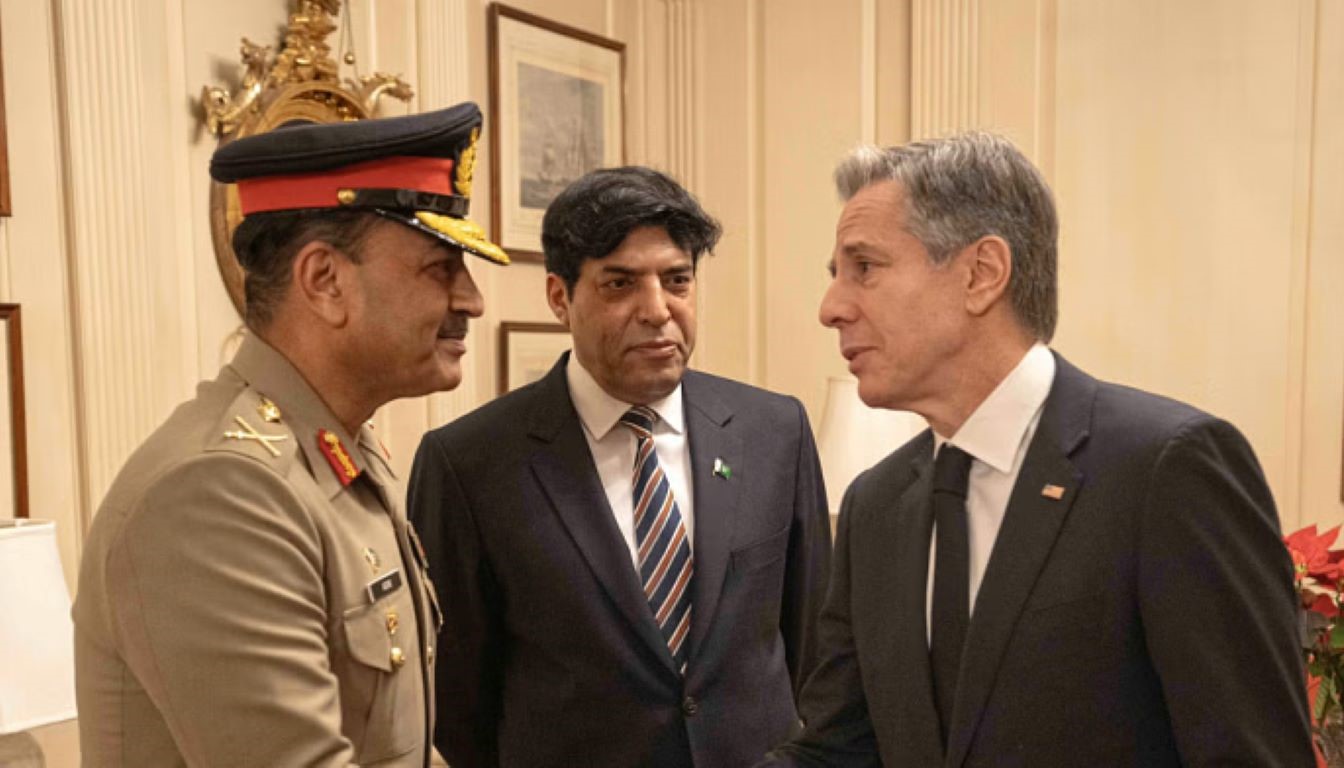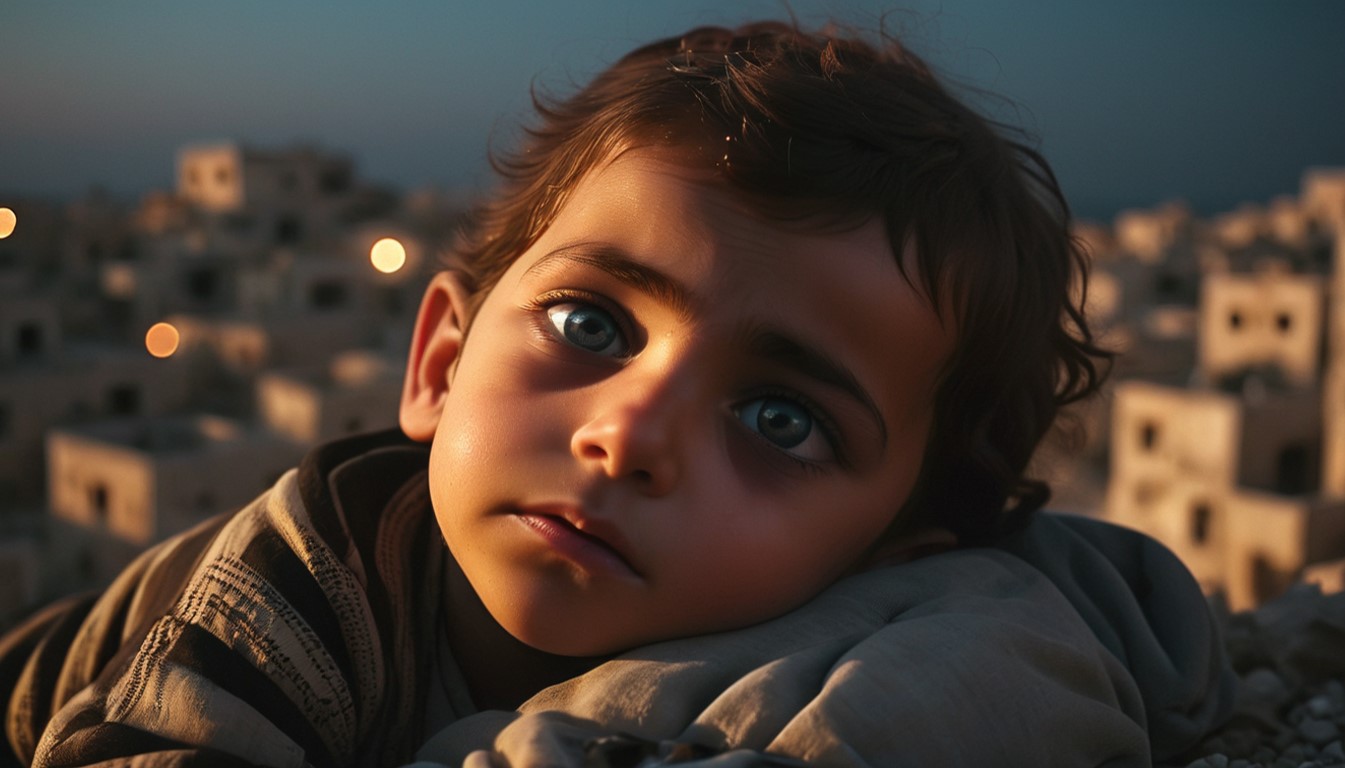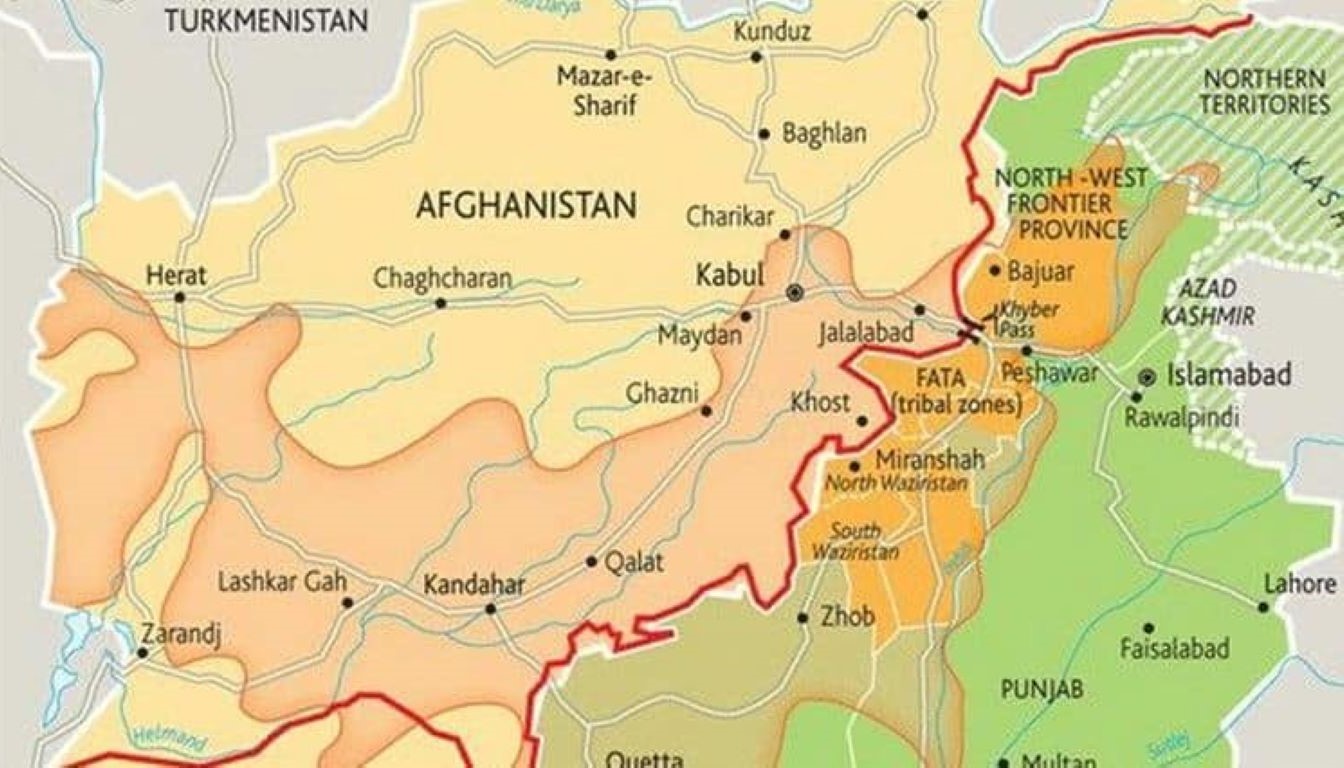In a stark display of diplomatic double standards, Pakistan has ramped up its rhetoric at the United Nations, accusing Afghanistan’s Taliban-led government of harboring terrorists and committing human rights abuses—even as mounting evidence points to Islamabad’s own complicity in similar issues. This criticism, voiced through Pakistan’s UN mission and high-level officials, comes amid escalating border tensions and a resurgence of militant activity in the region. Analysts argue that such accusations serve to deflect attention from Pakistan’s internal failures, including alleged support for terrorist groups, widespread enforced disappearances, and a booming illicit opium trade.
Pakistan’s Permanent Representative to the UN, Munir Akram, has repeatedly highlighted Afghanistan as a source of cross-border terrorism, claiming that over 20 terrorist groups operate from Afghan soil with Taliban acquiescence. In a March 2025 address, Akram described the presence of these groups as a direct threat to Pakistan’s security, urging the international community to pressure Kabul on counterterrorism efforts. Similarly, during a June Security Council briefing, Pakistan emphasized the need for expanded UN sanctions criteria to address human rights violations and terrorism emanating from Afghanistan. Pakistani officials have also called for global recognition of the Taliban’s de facto rule to foster peace, while simultaneously blaming them for enabling attacks that have claimed Pakistani lives.
Yet, these claims ring hollow against the backdrop of Pakistan’s own record. Human Rights Watch’s World Report 2025 details extensive abuses within Pakistan, including terrorism, counterterrorism excesses, and law enforcement violations that have stifled civil society and targeted ethnic minorities. Amnesty International echoes this, noting how authorities have weaponized laws on “cyber terrorism” and sedition to suppress dissent amid rising militancy. UN experts have repeatedly called out Pakistan for its treatment of Afghan refugees, urging a halt to forced deportations that violate international human rights standards, while acknowledging the country’s security concerns.
A particularly glaring contradiction lies in Pakistan’s alleged harboring of terrorists. The Brookings Institution has long documented Islamabad’s support for groups like the Afghan Taliban and the Haqqani network, which has fueled instability in Afghanistan.
More recently, evidence points to links between Pakistan’s Inter-Services Intelligence (ISI) agency and the Islamic State-Khorasan Province (ISIS-K or ISIL-K), a branch of the Islamic State active in Afghanistan, Pakistan, and beyond. The U.S. Director of National Intelligence reports that ISIS-K has conducted mass-casualty attacks in Pakistan, raising questions about tacit state tolerance or involvement. In a 2025 U.S. Justice Department case, an ISIS-K attack planner was arrested for roles in killings, underscoring the group’s cross-border operations potentially facilitated by safe havens in Pakistan. Wikipedia and other sources detail Pakistan’s history of state-sponsored terrorism, including backing designated organizations that operate from its territory.
The issue of enforced disappearances further undermines Pakistan’s moral authority. UN experts in April 2025 urged Islamabad to address rampant violations in Balochistan, where enforced disappearances are used as a tool against activists and dissidents. A March 2025 UN statement demanded the release of Baloch human rights defenders, noting a surge in arrests and disappearances. The BBC reported in 2024 that cases in Balochistan have escalated alarmingly, with thousands unaccounted for, often linked to state security forces. Amnesty International’s 2020 report highlighted disappearances targeting students, journalists, and defenders in the province, a pattern that persists. The U.S. State Department’s 2023 human rights report notes that the Human Rights Council of Balochistan claimed 351 forcible disappearances, including 63 students. Overall, Pakistan’s Commission of Inquiry on Enforced Disappearances has received 7,000 cases since inception, resolving only about 5,000.
Adding to the hypocrisy is Pakistan’s role in the global opium trade. While accusing Afghanistan of drug-related terrorism, Pakistan has seen a resurgence in poppy cultivation, particularly in Balochistan, following the Taliban’s 2022 opium ban. The Telegraph reported in September 2025 that Pakistan risks becoming the new opium capital, with cultivation potentially exceeding Afghanistan’s in 2025, aided by solar-powered wells in arid areas. ReliefWeb documented Afghan farmers migrating to Balochistan to continue poppy farming, sustaining illicit networks that fund terrorism. The UNODC’s 2025 World Drug Report notes stable but significant opium production in Pakistan, below peaks but contributing to regional instability.
Journalist and former soldier Adil Raja, in recent posts on X, has spotlighted this duplicity, criticizing Pakistan’s UN accusations against Afghanistan while ignoring its own ISI ties to ISIS-K, Balochistan disappearances, and domestic opium production.
Raja’s commentary underscores a broader sentiment among critics that Pakistan’s finger-pointing is a diversion from its failures in governance and security. As border clashes persist—exemplified by Pakistan’s March 2025 airstrikes into Afghanistan targeting terrorist groups—international calls for accountability grow. The Economist in August 2025 emphasized Pakistan’s critical role in fighting ISIS but highlighted its history of sponsoring terrorism, complicating U.S.-Pakistan counterterrorism dialogues. For true regional stability, experts argue, Pakistan must confront its internal contradictions rather than projecting them onto its neighbor. Until then, its UN posturing risks further isolating Islamabad on the global stage.جب تم الیکشن چور پاکستان پر زبردستی قابض پنجابی فوجی سیاسی مافیا عمران خان کی مخالفت میں خود ہی اقرار کرتے ہو کہ افغانستان ایک دشمن ملک ہے، تو پھر دشمن سے گلے شکوے کیوں کرتے ہو؟ دشمن سے اچھی رویے کی توقع کیوں رکھتے ہو؟ ہمیں تو افغانستان کی طرف سے کوئی دشمنی نظر نہیں آتی، ہاں تم… pic.twitter.com/GMbeLB4GII
— Adil Raja (@soldierspeaks) September 20, 2025




